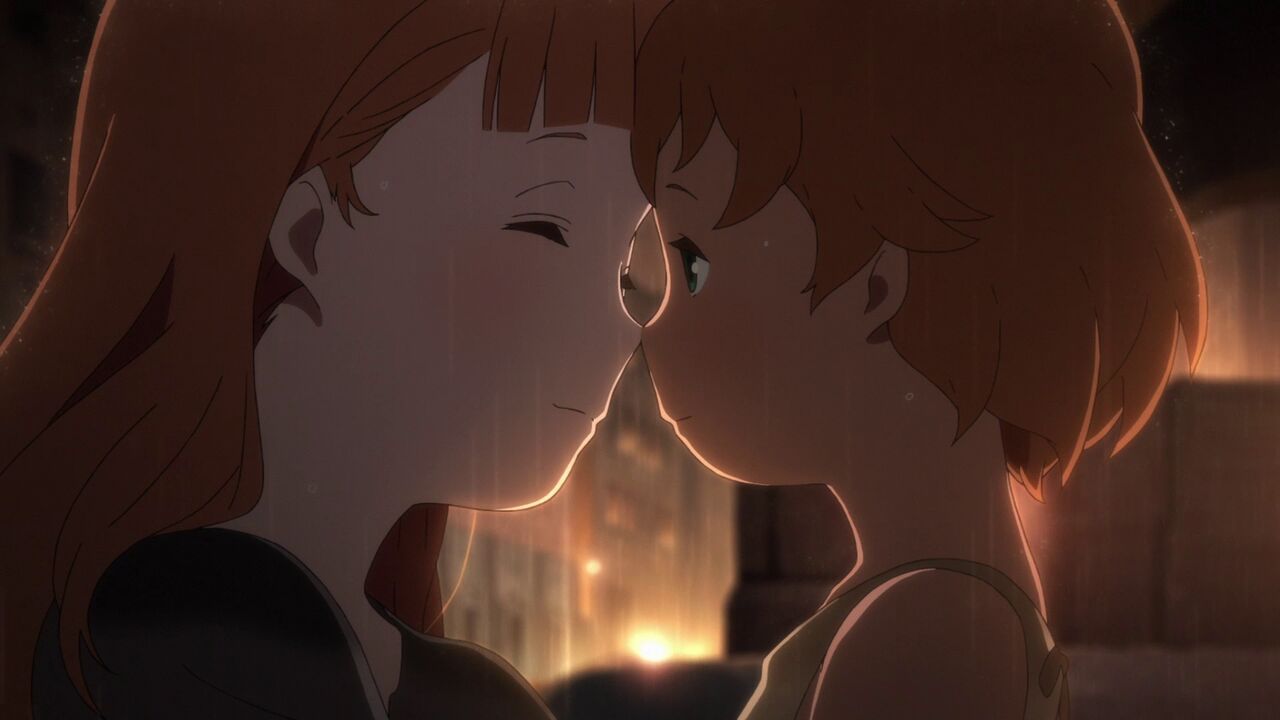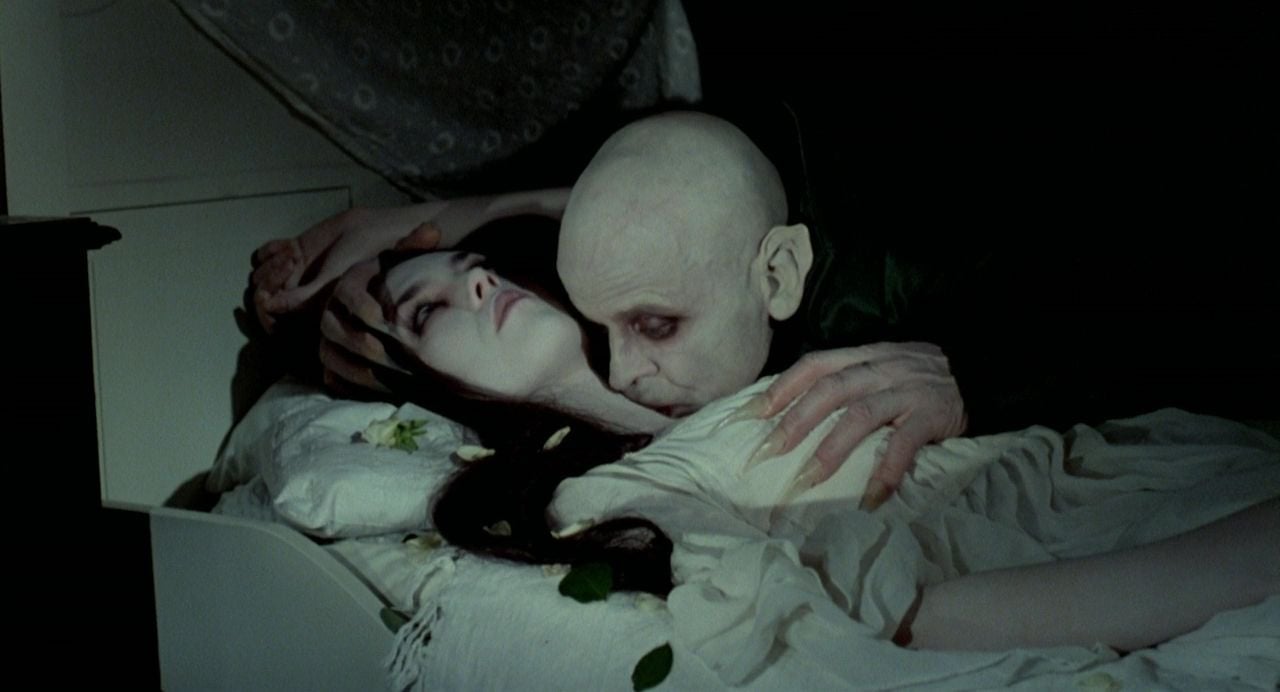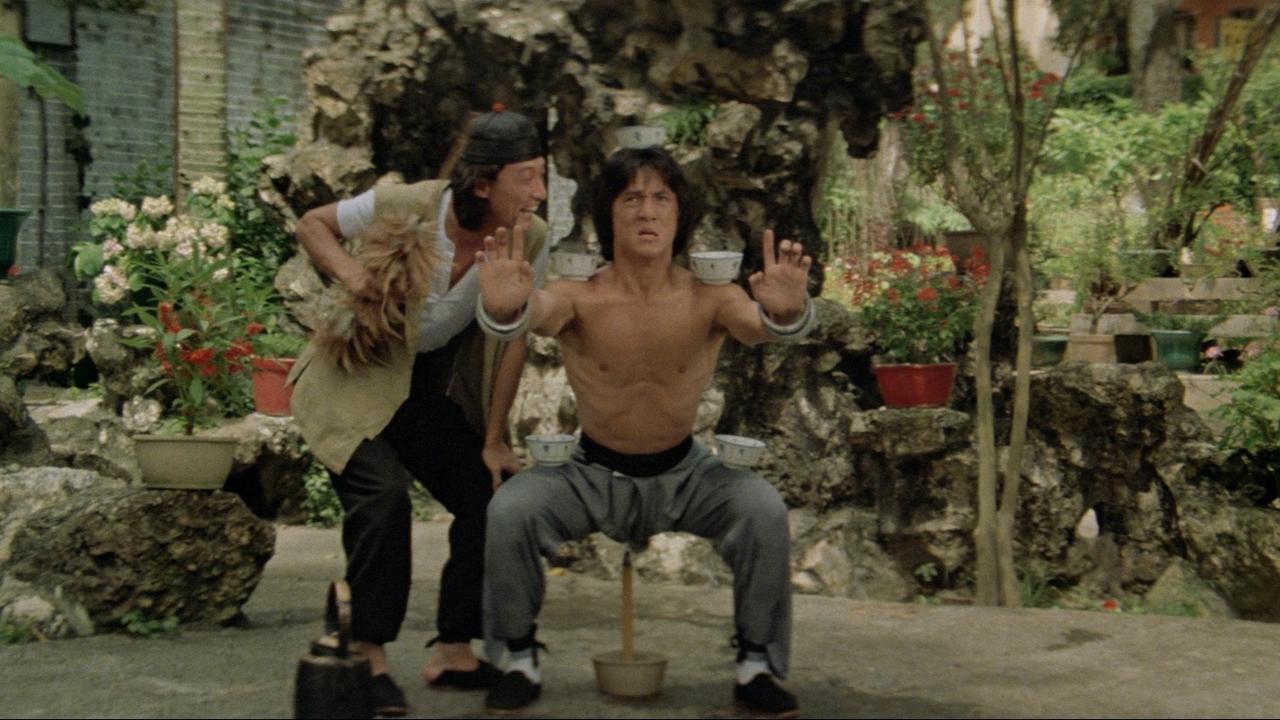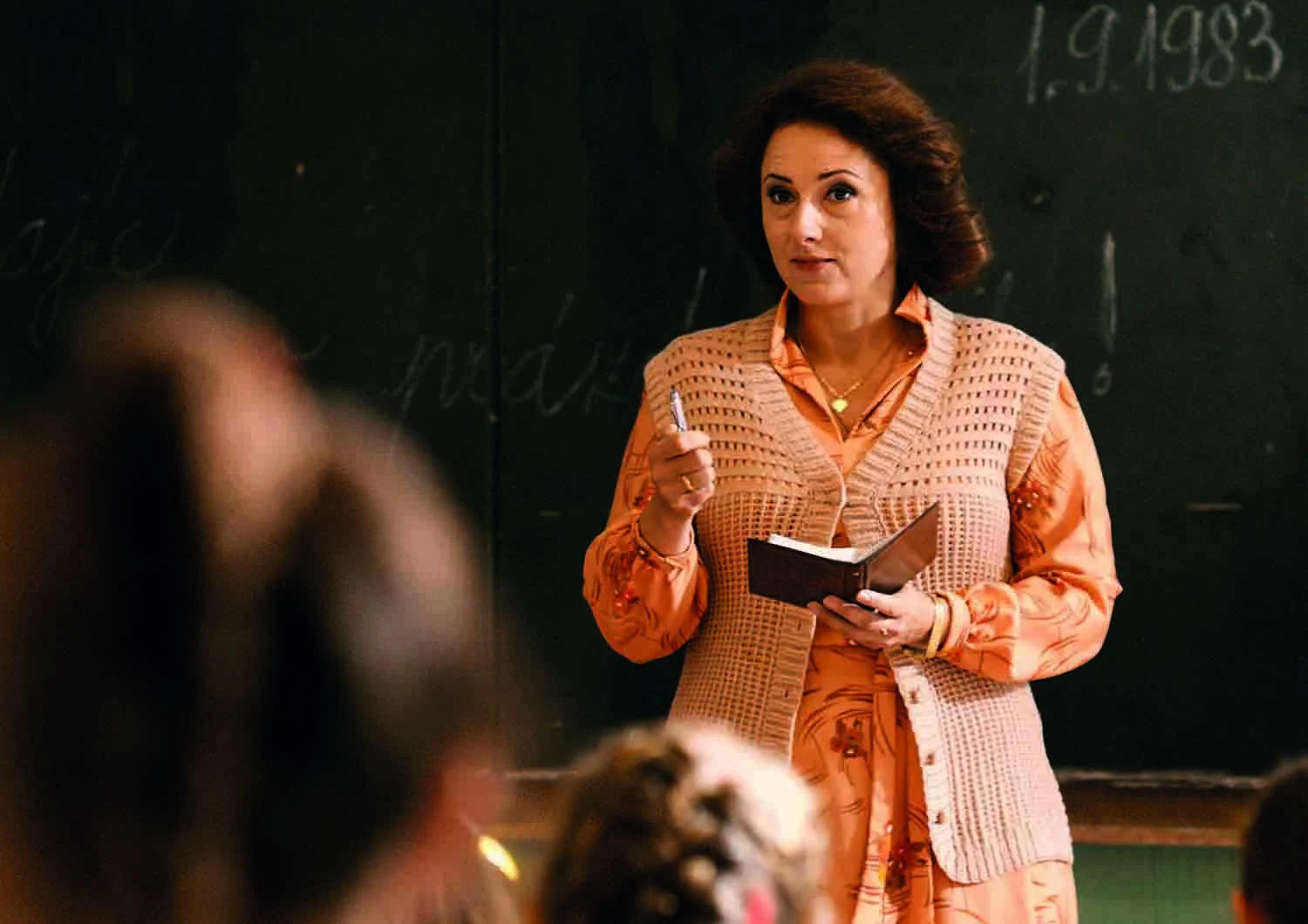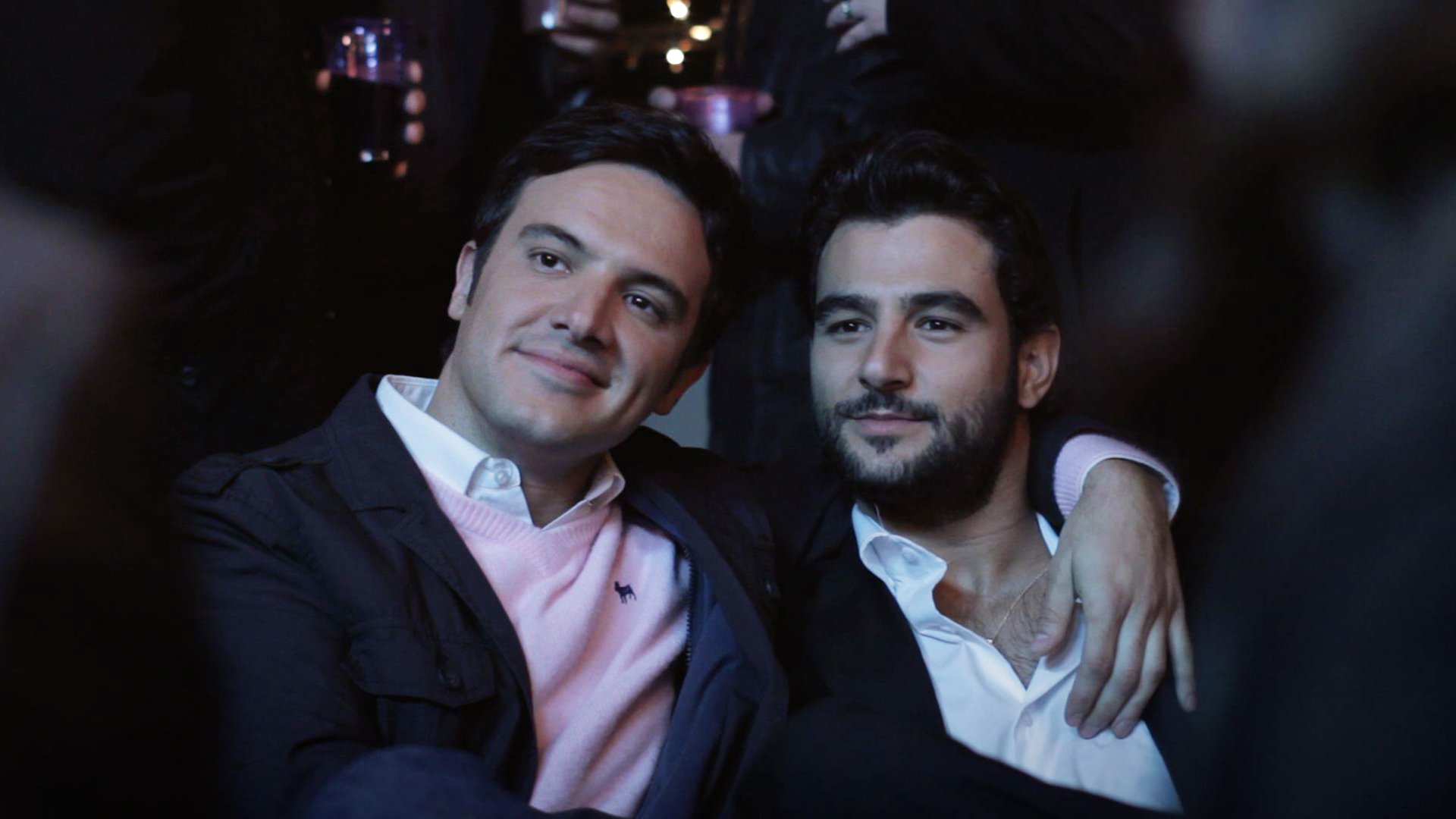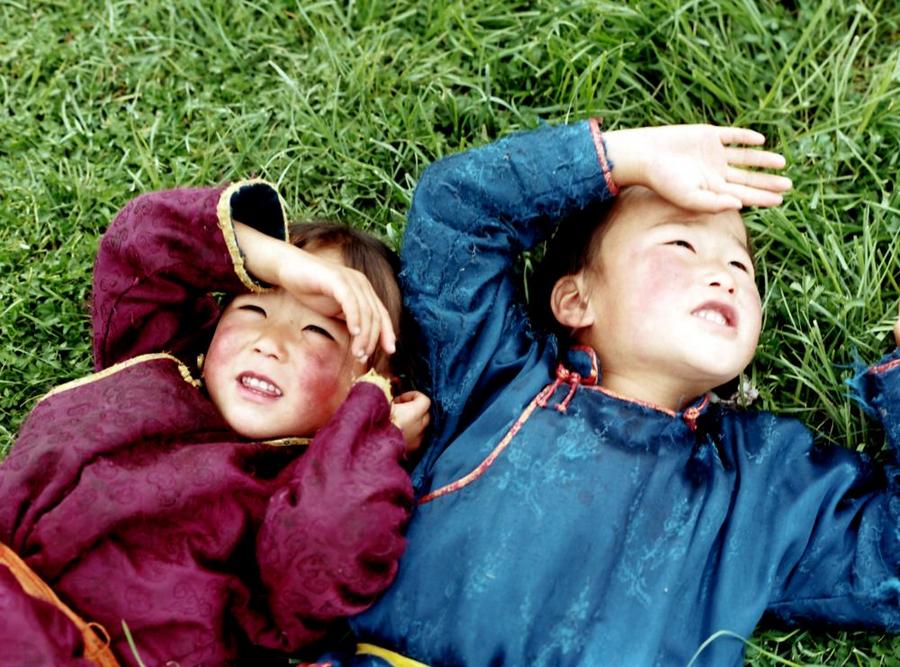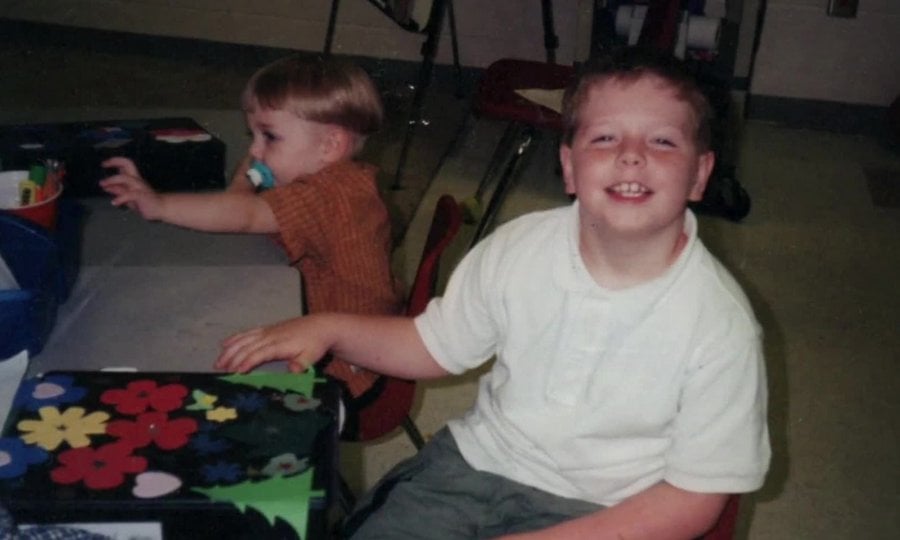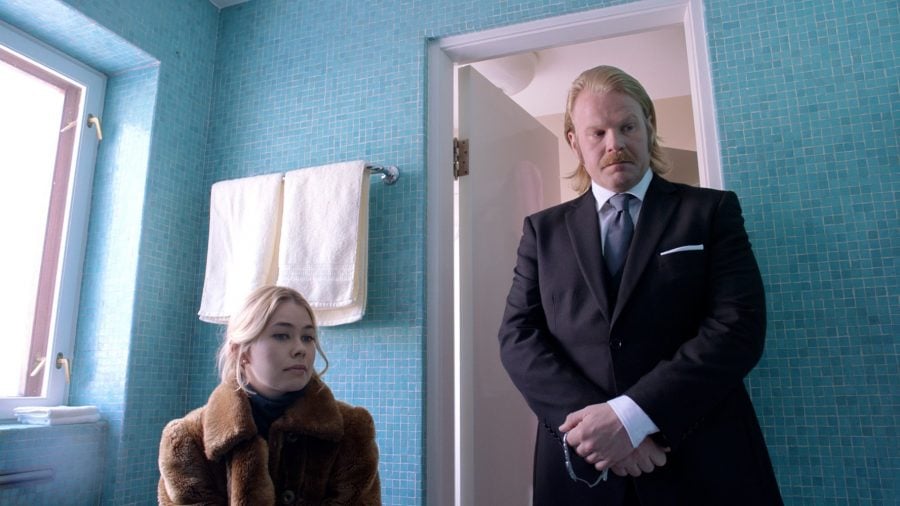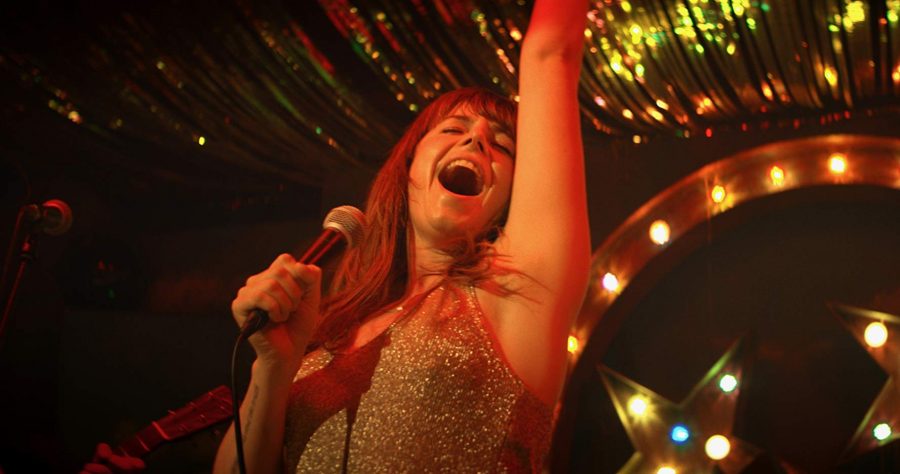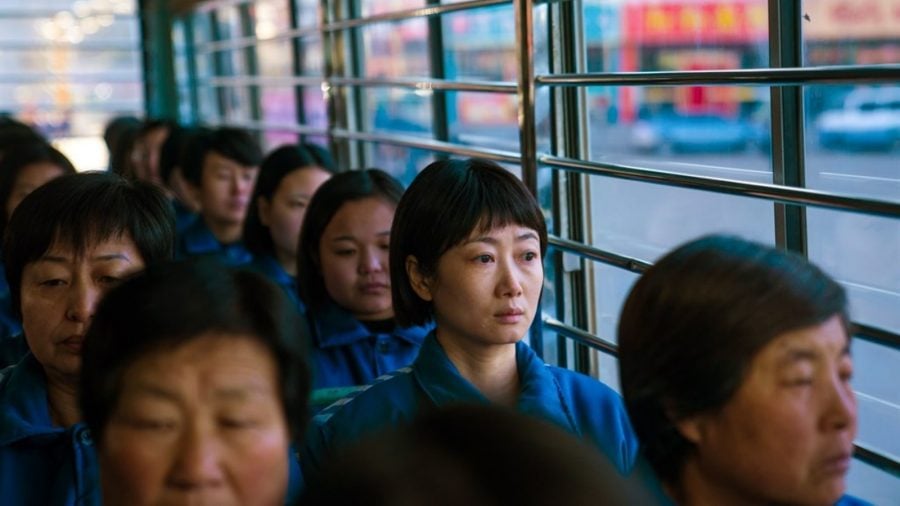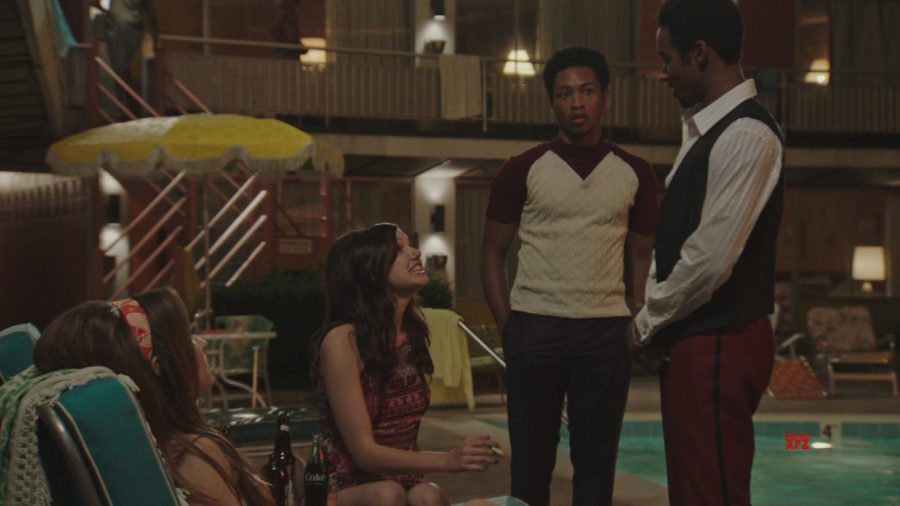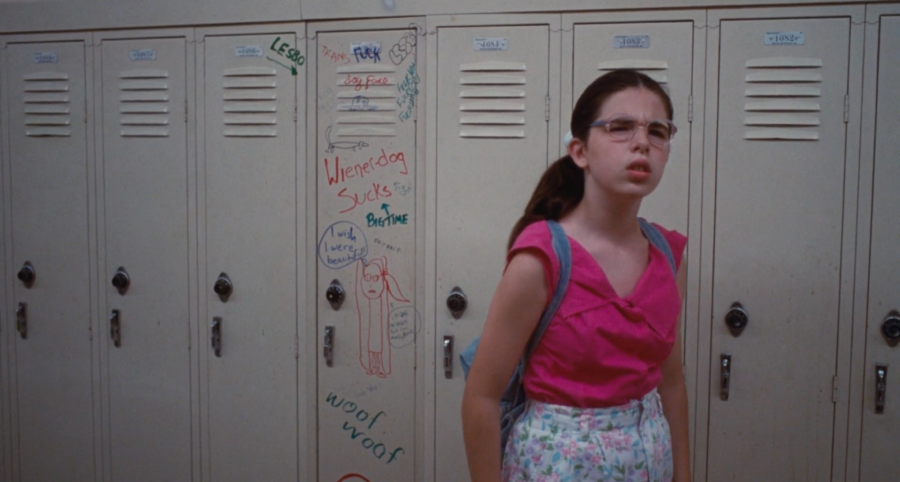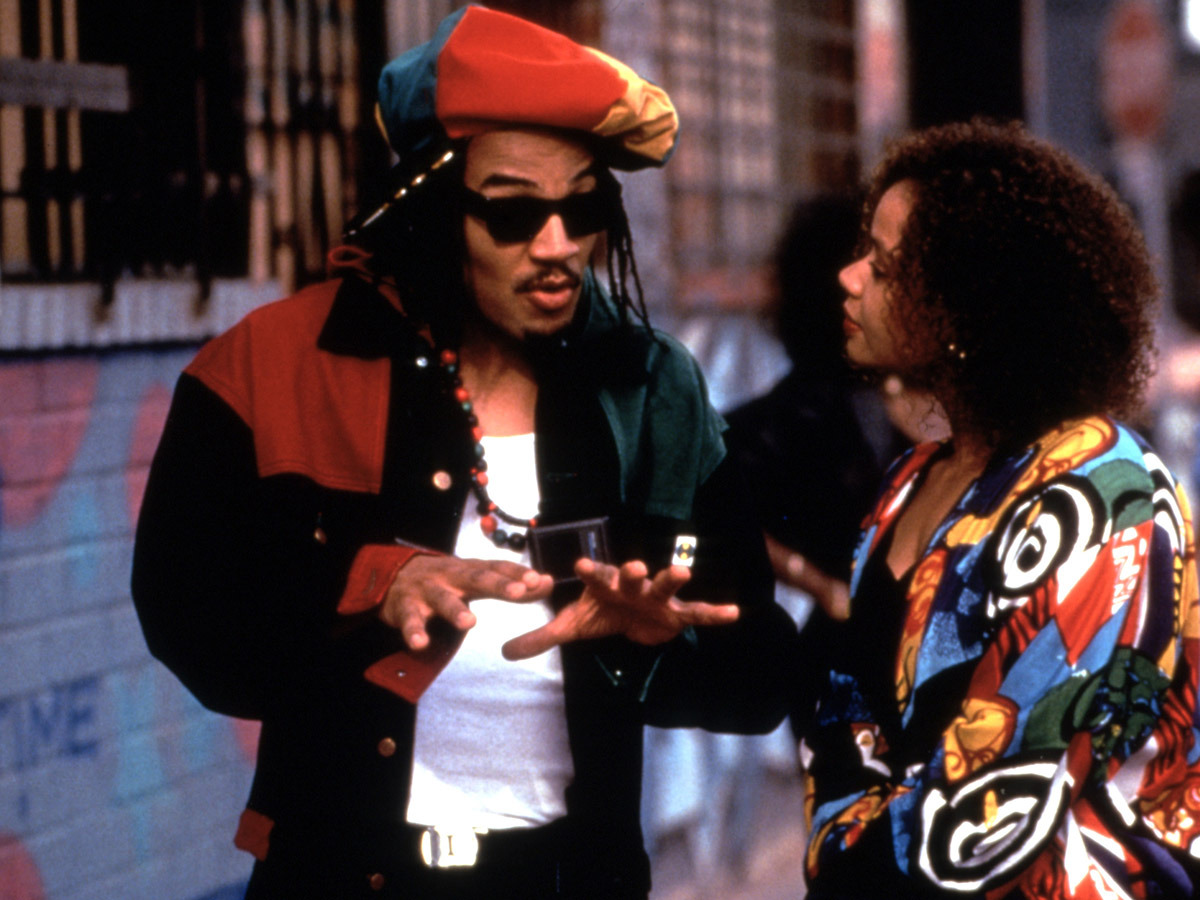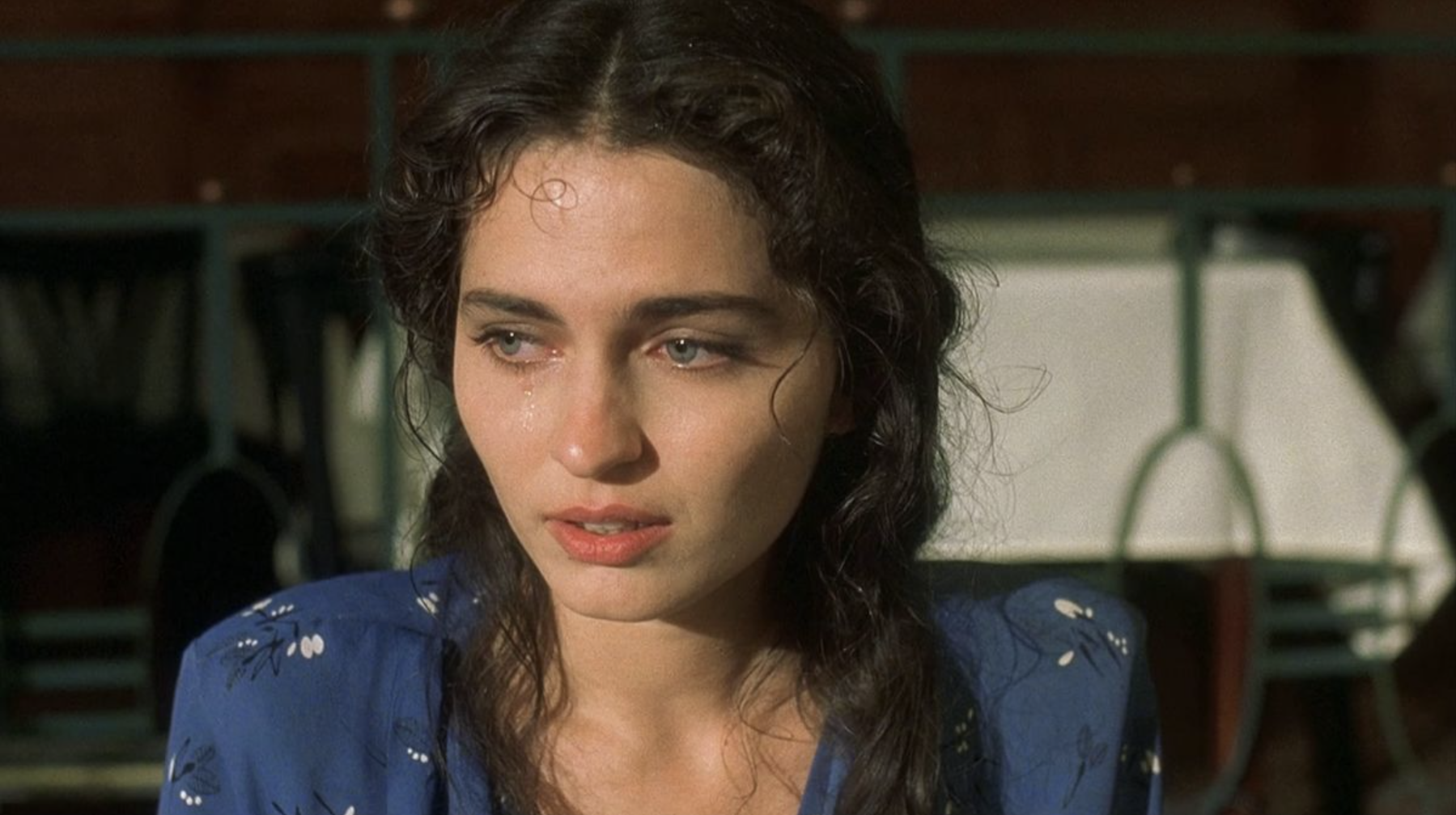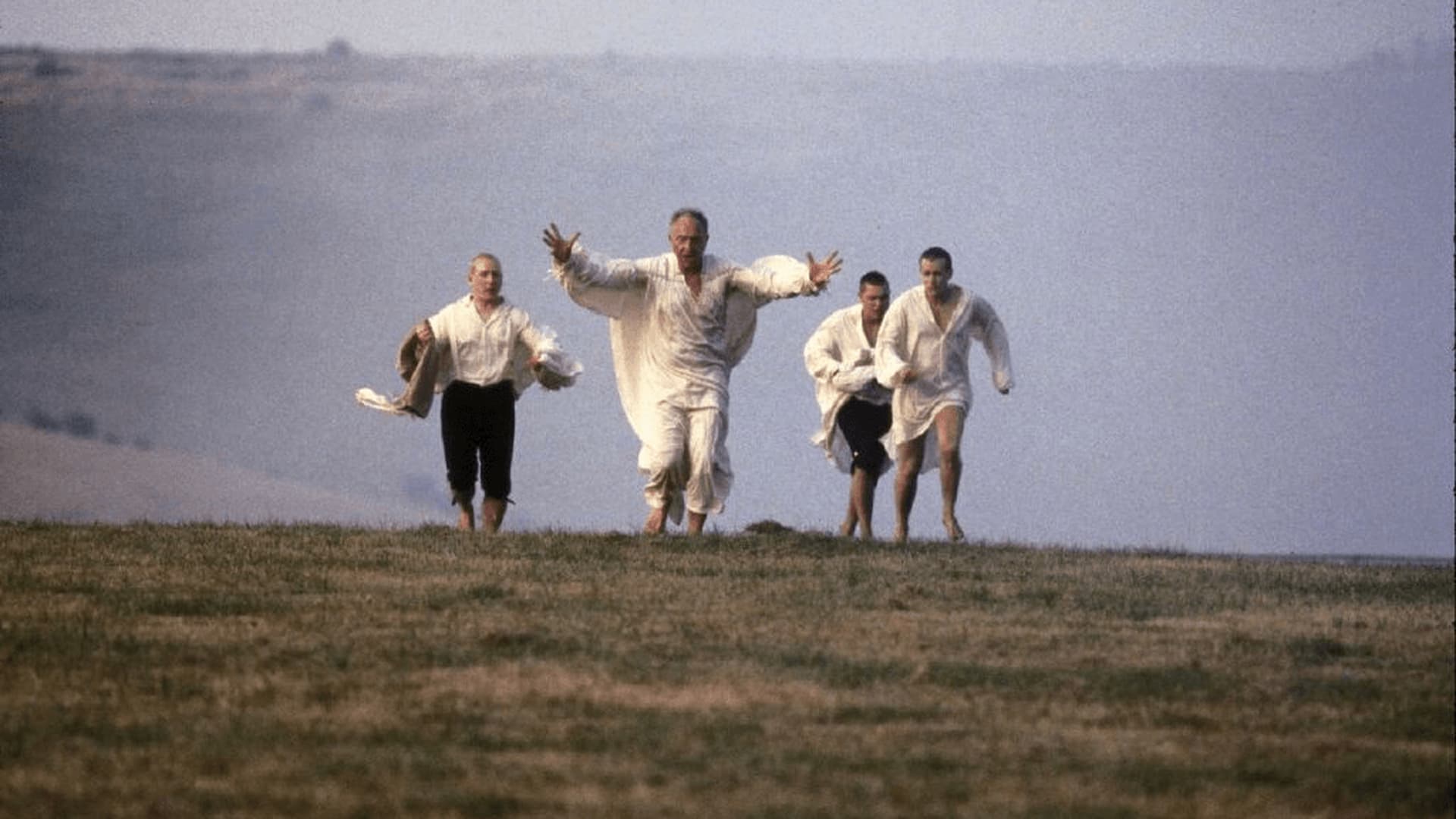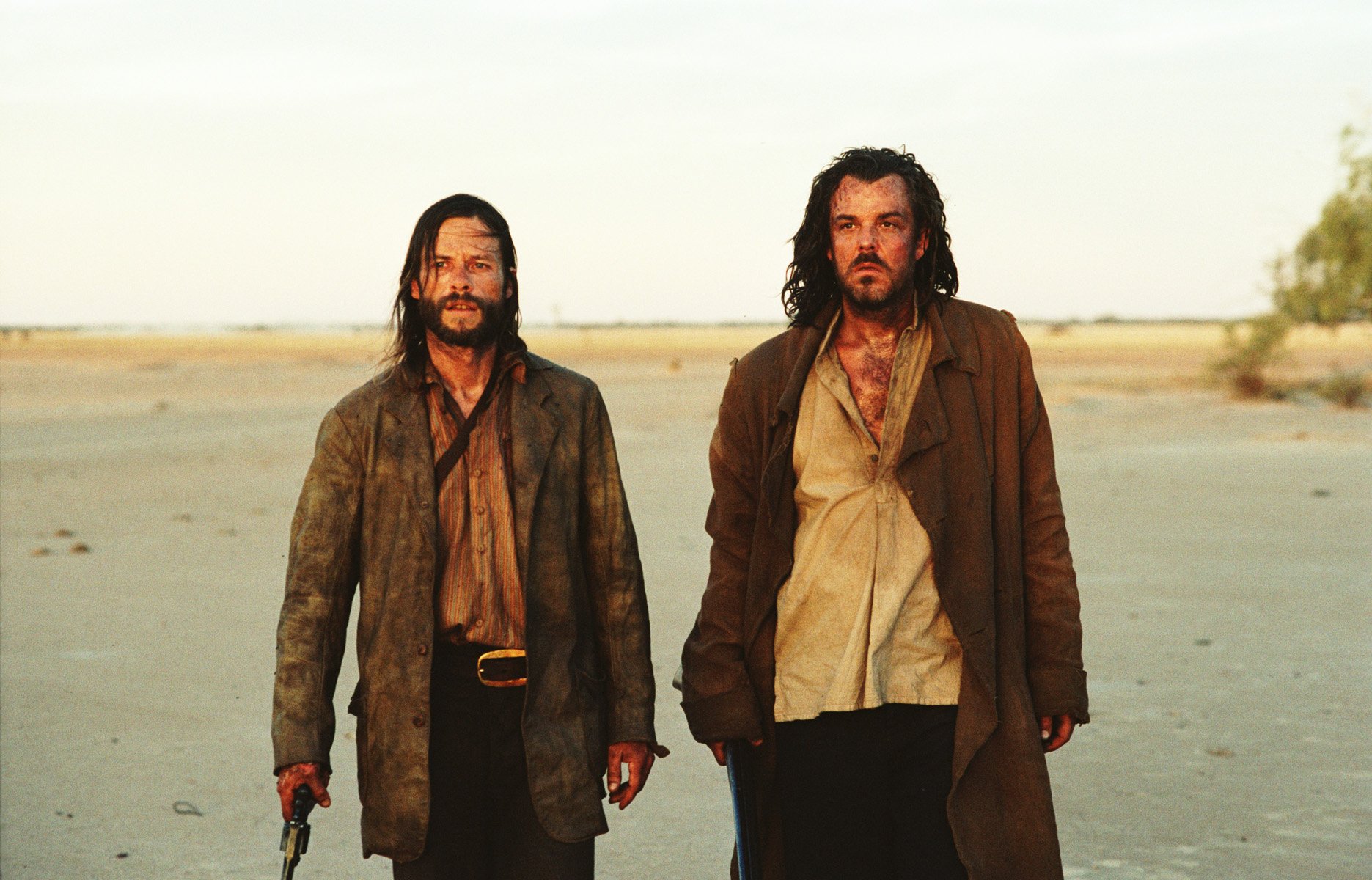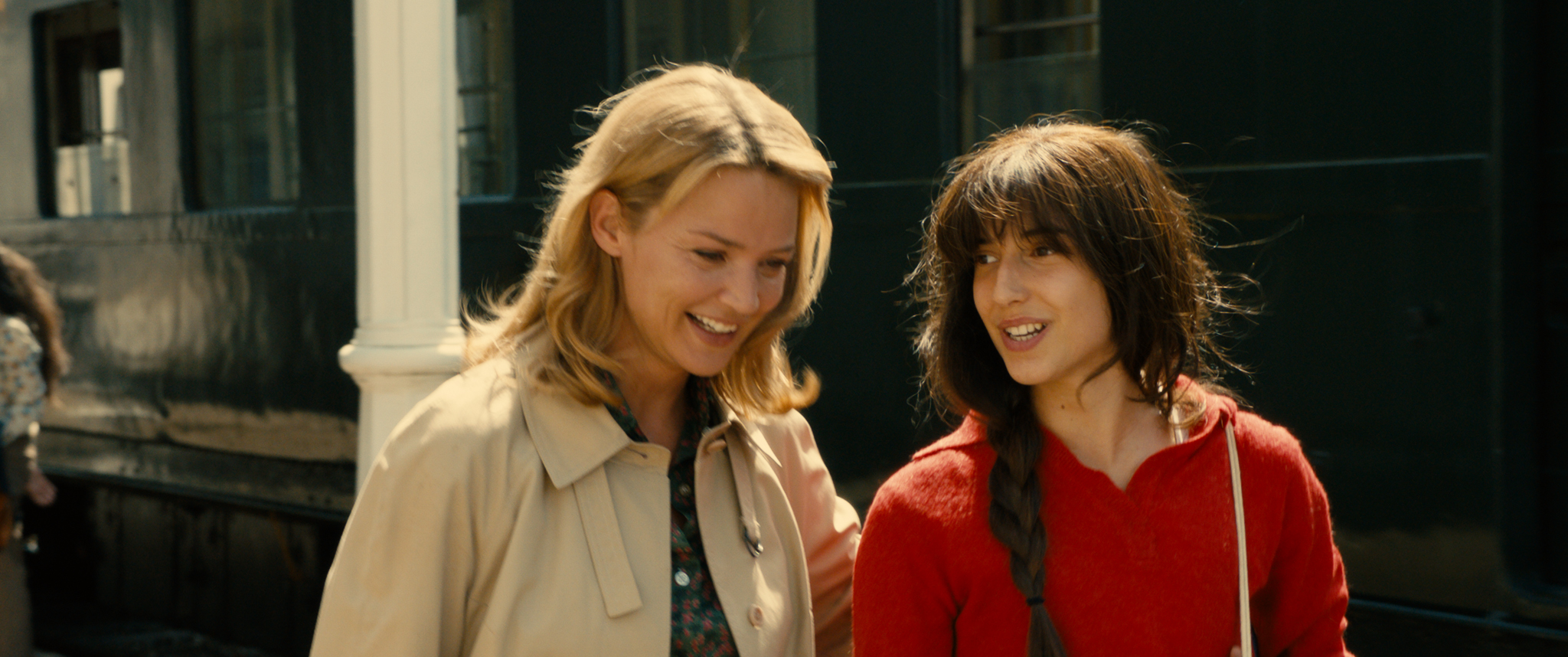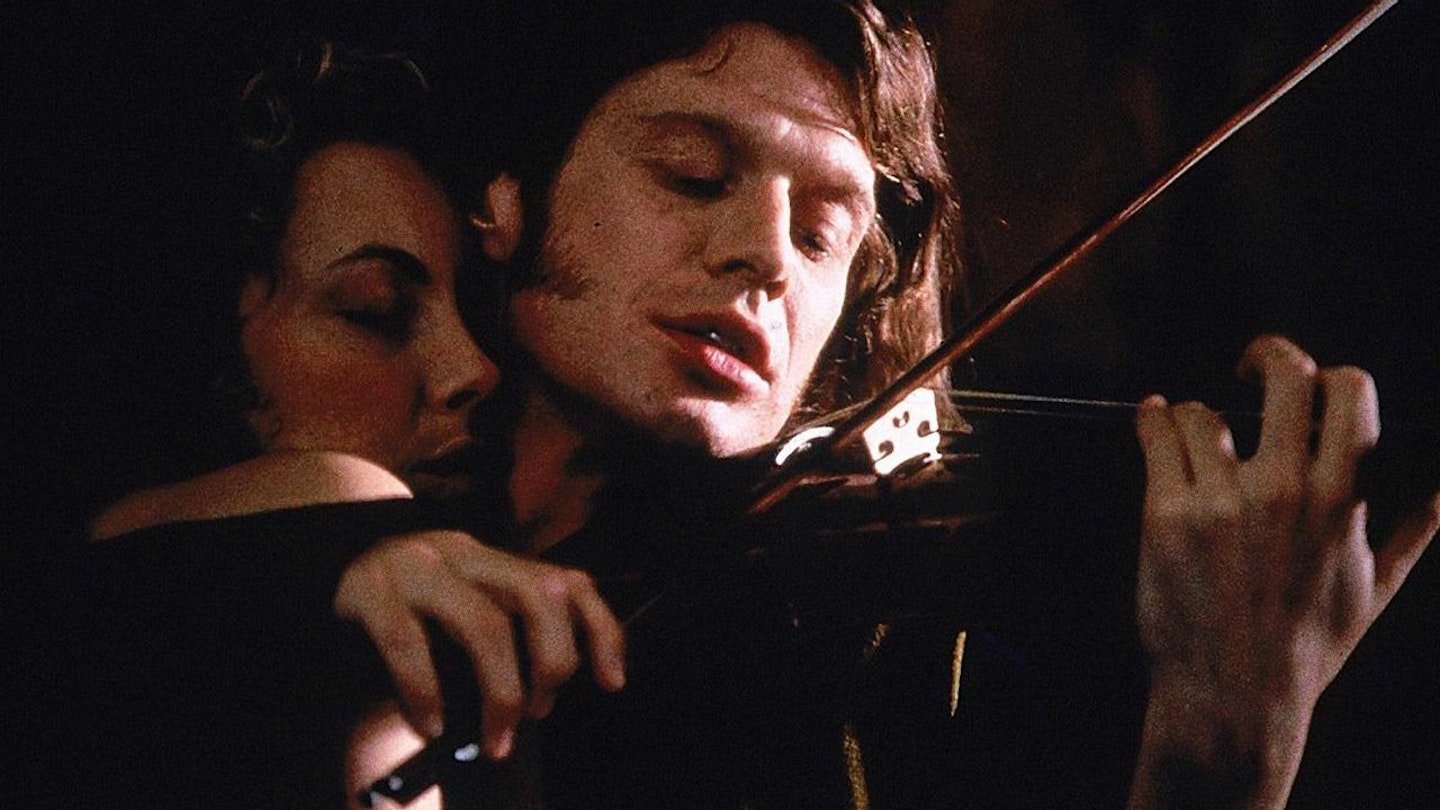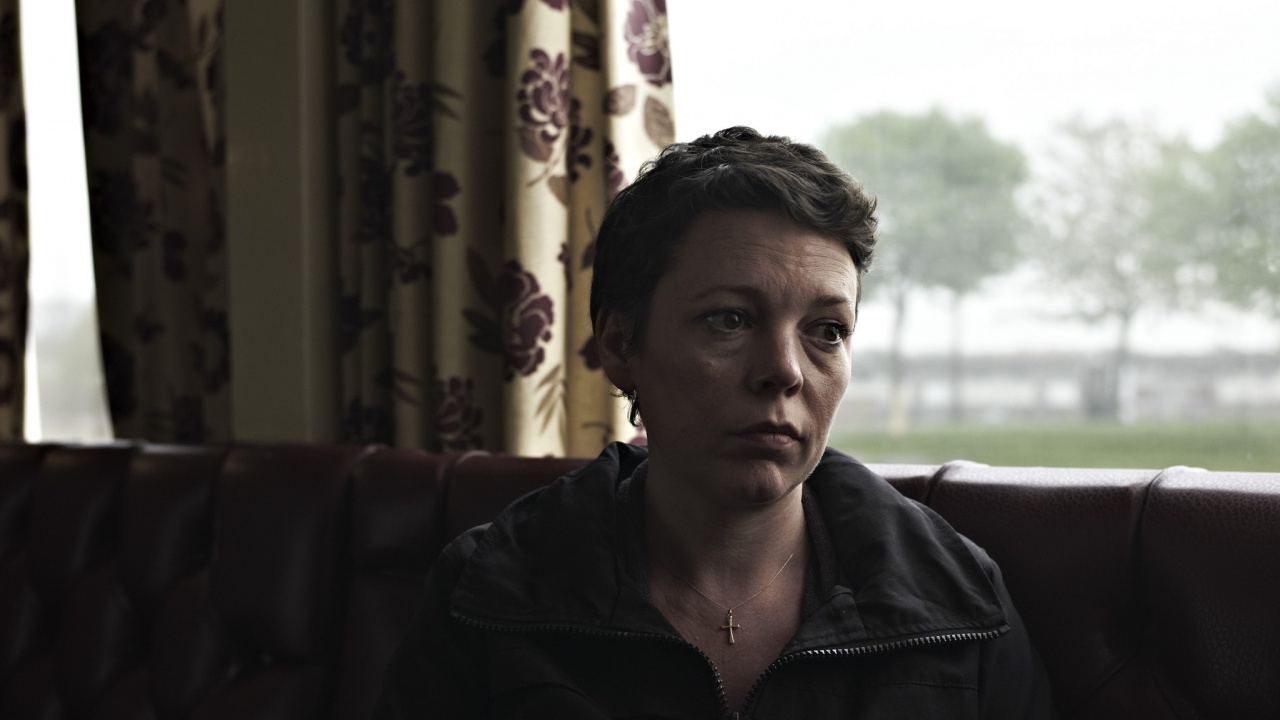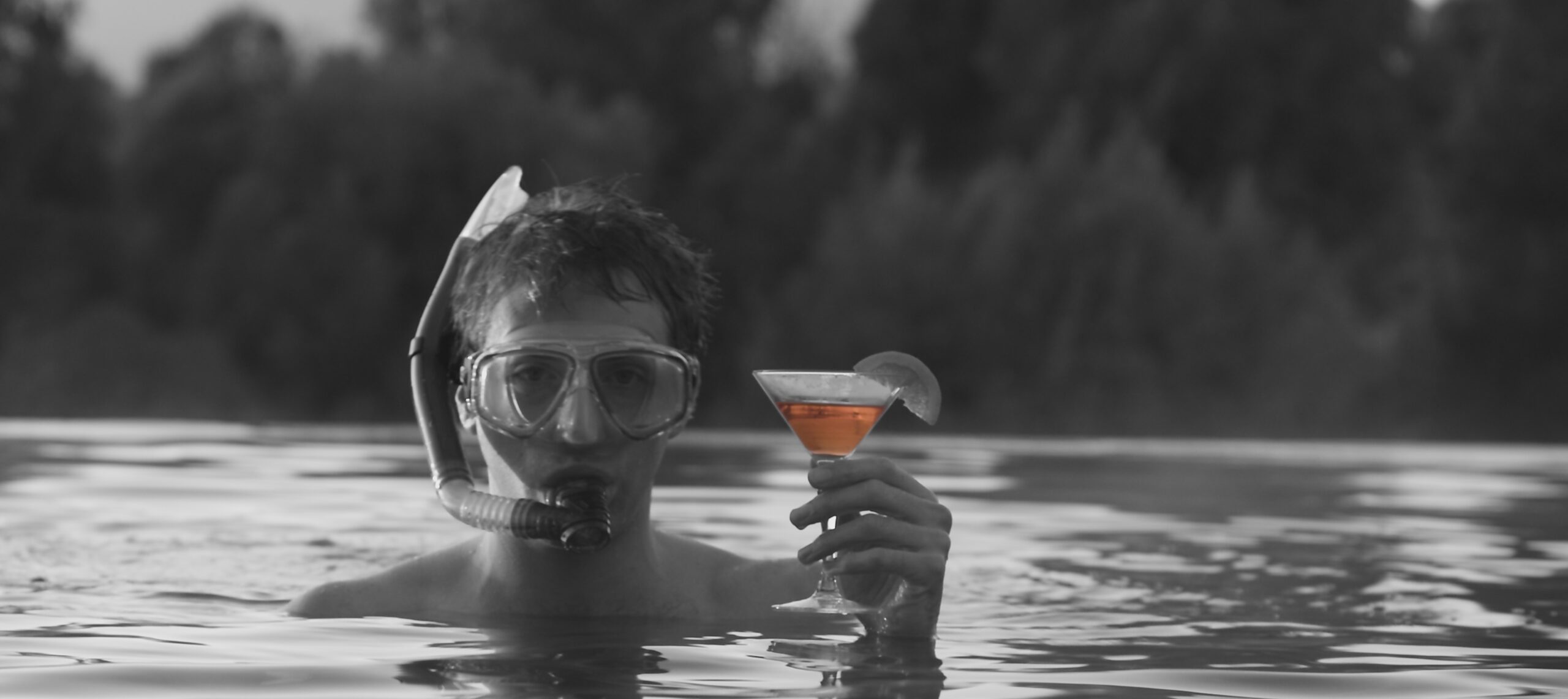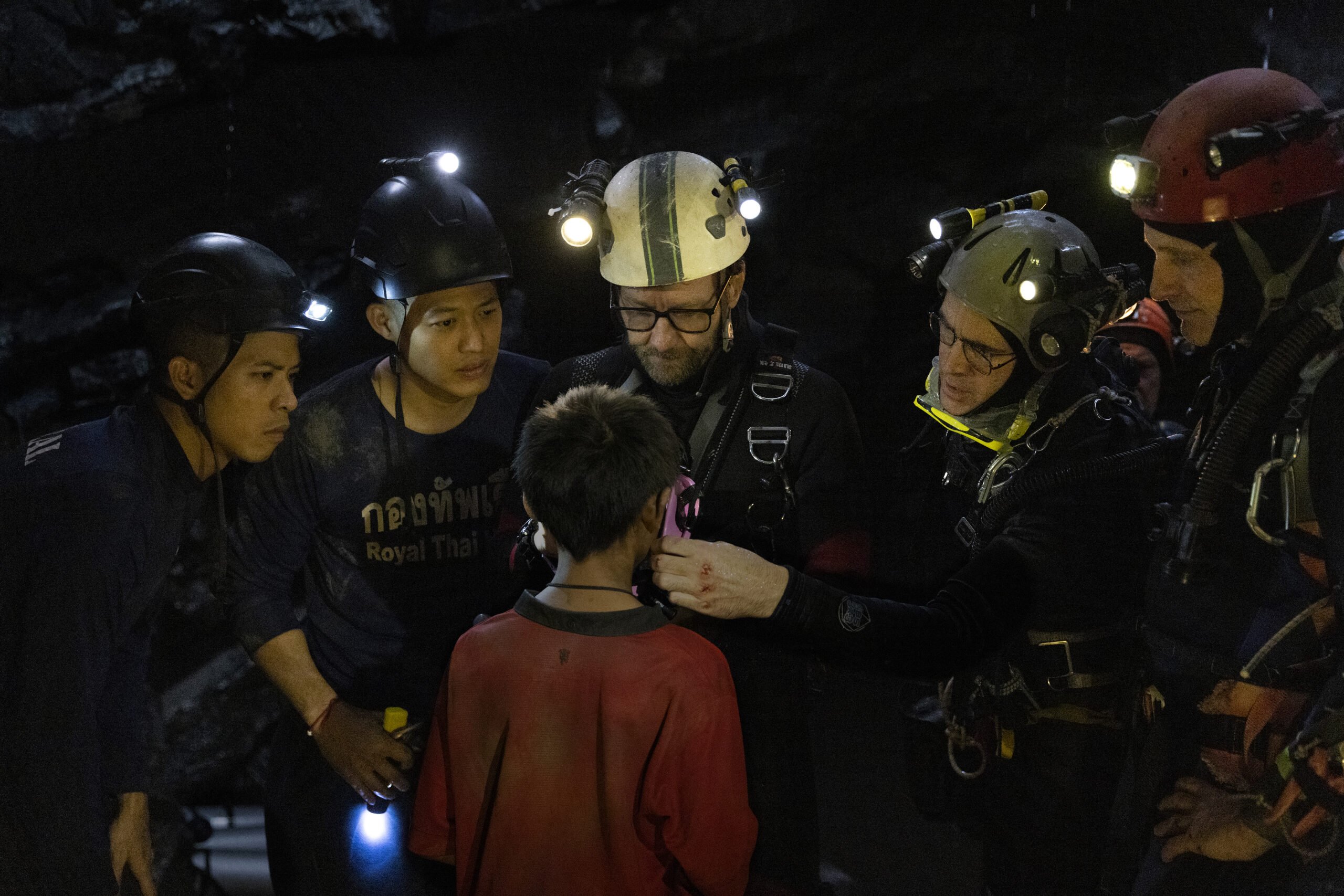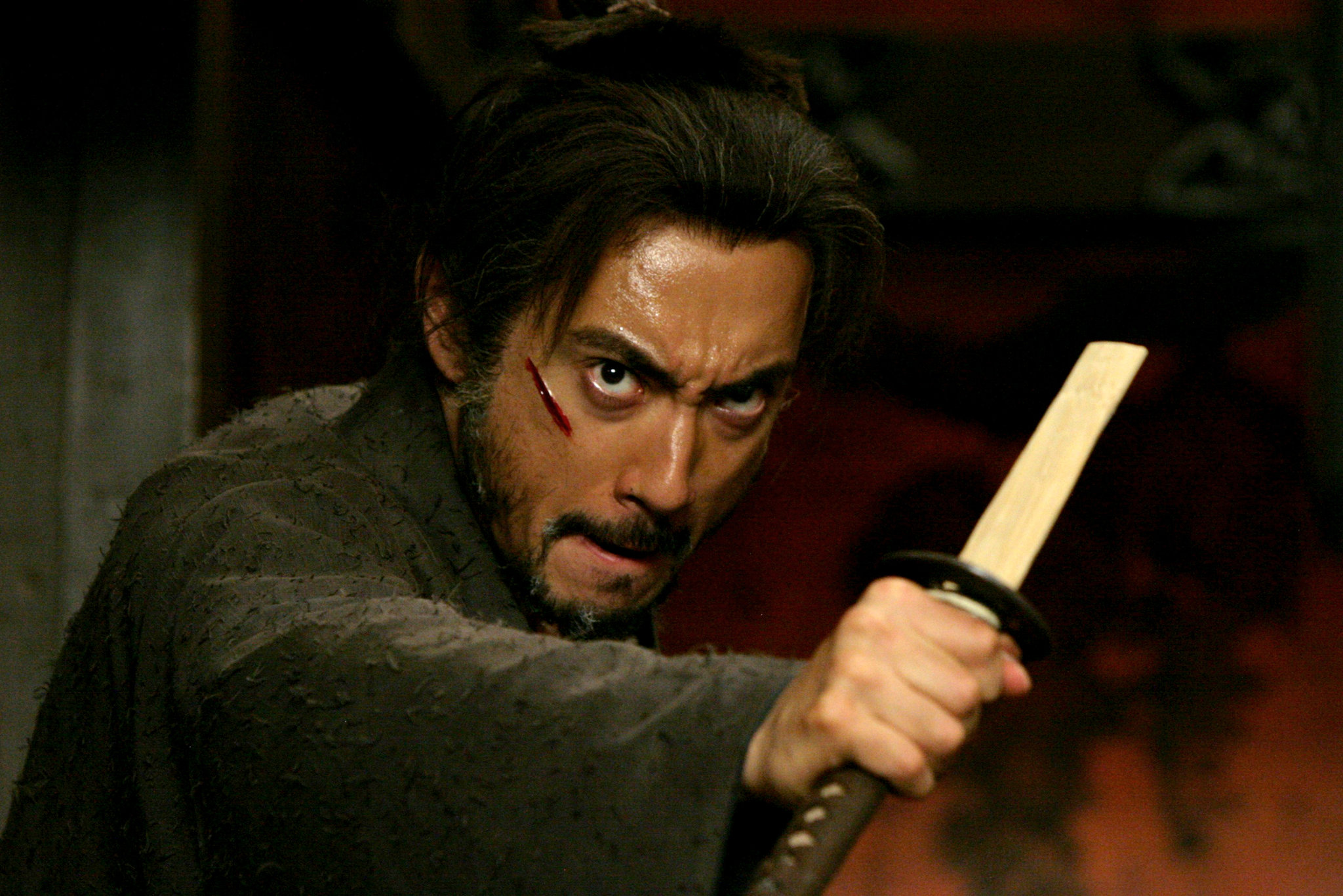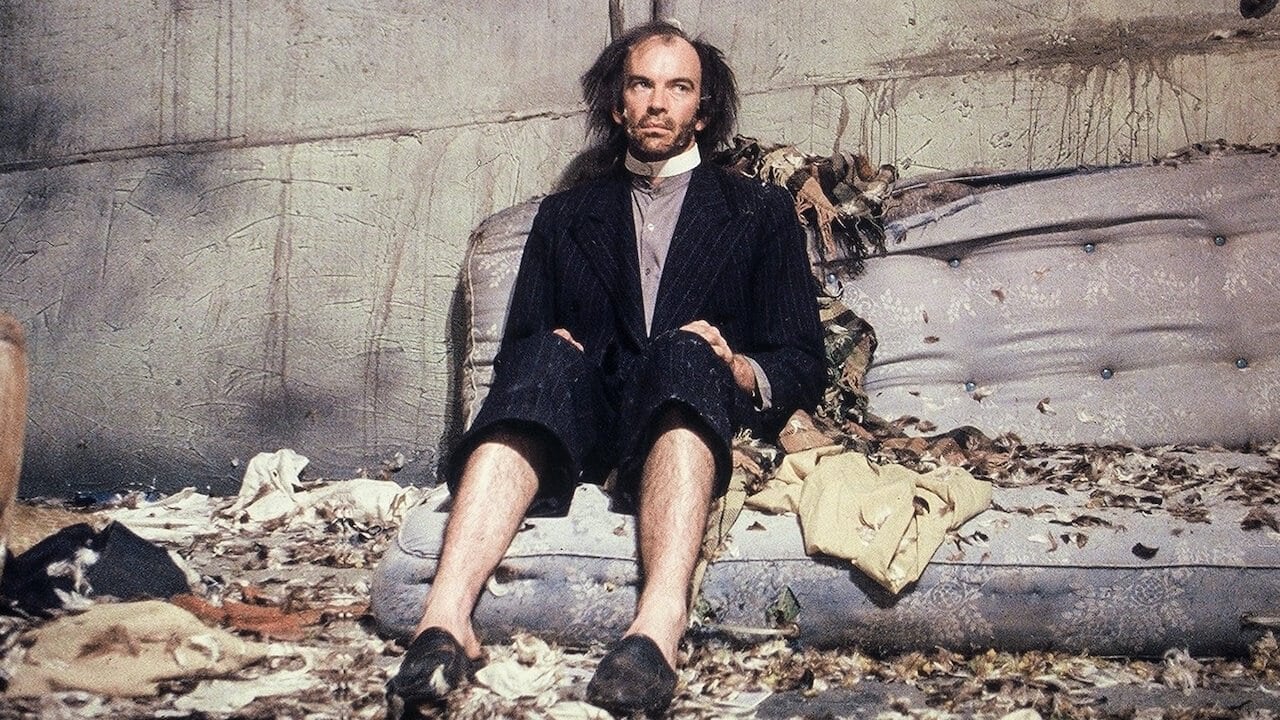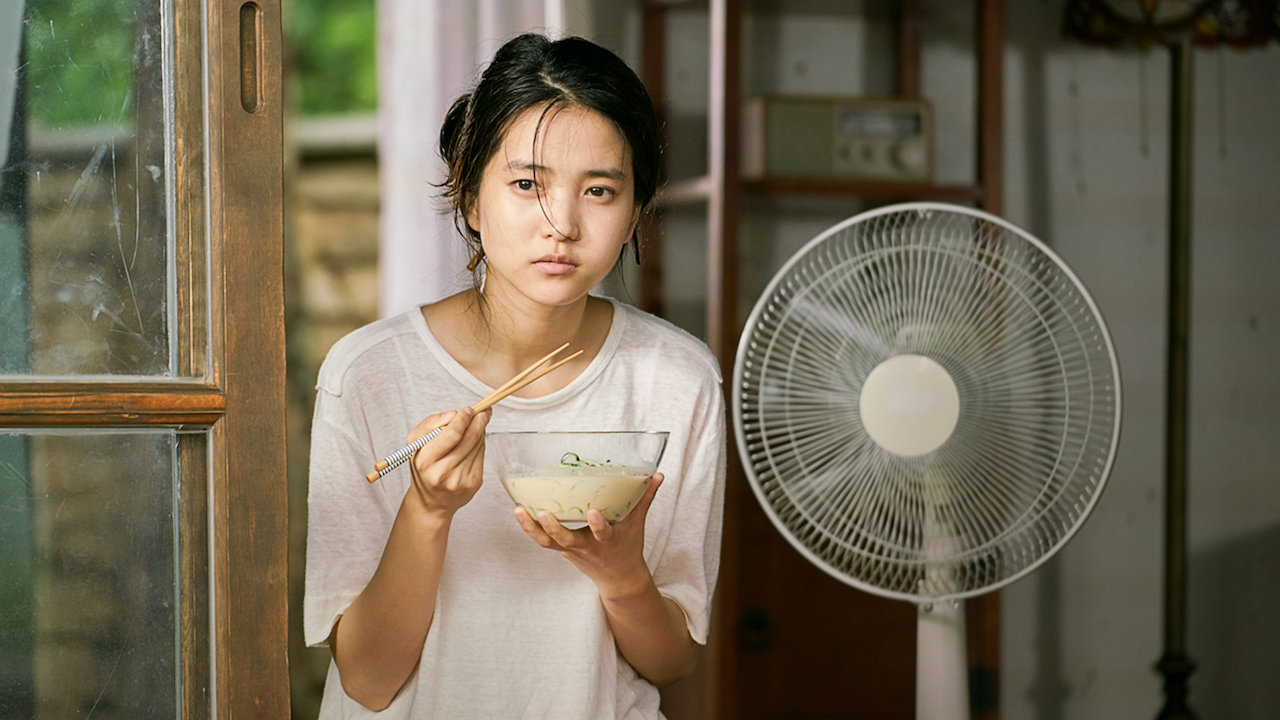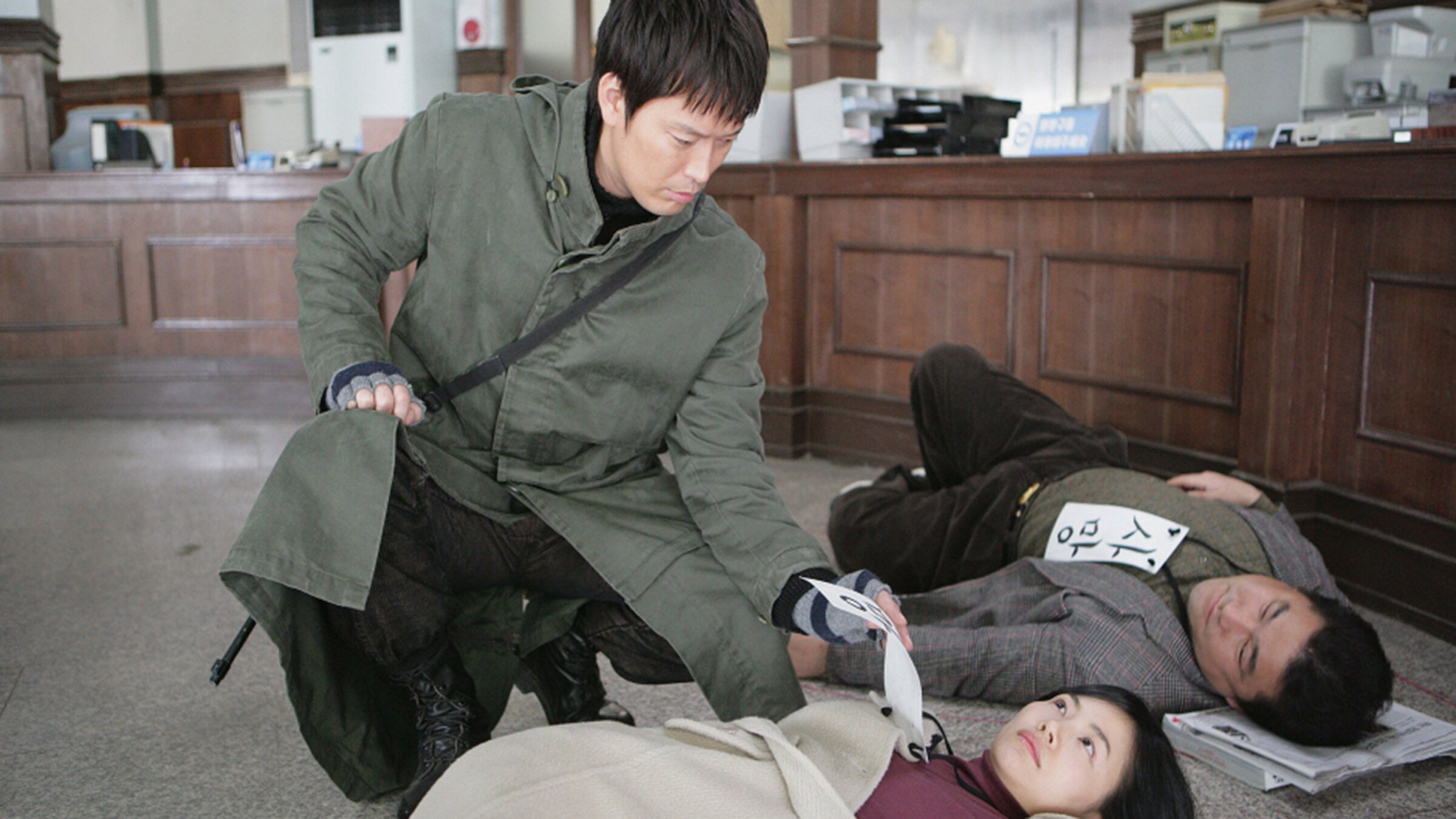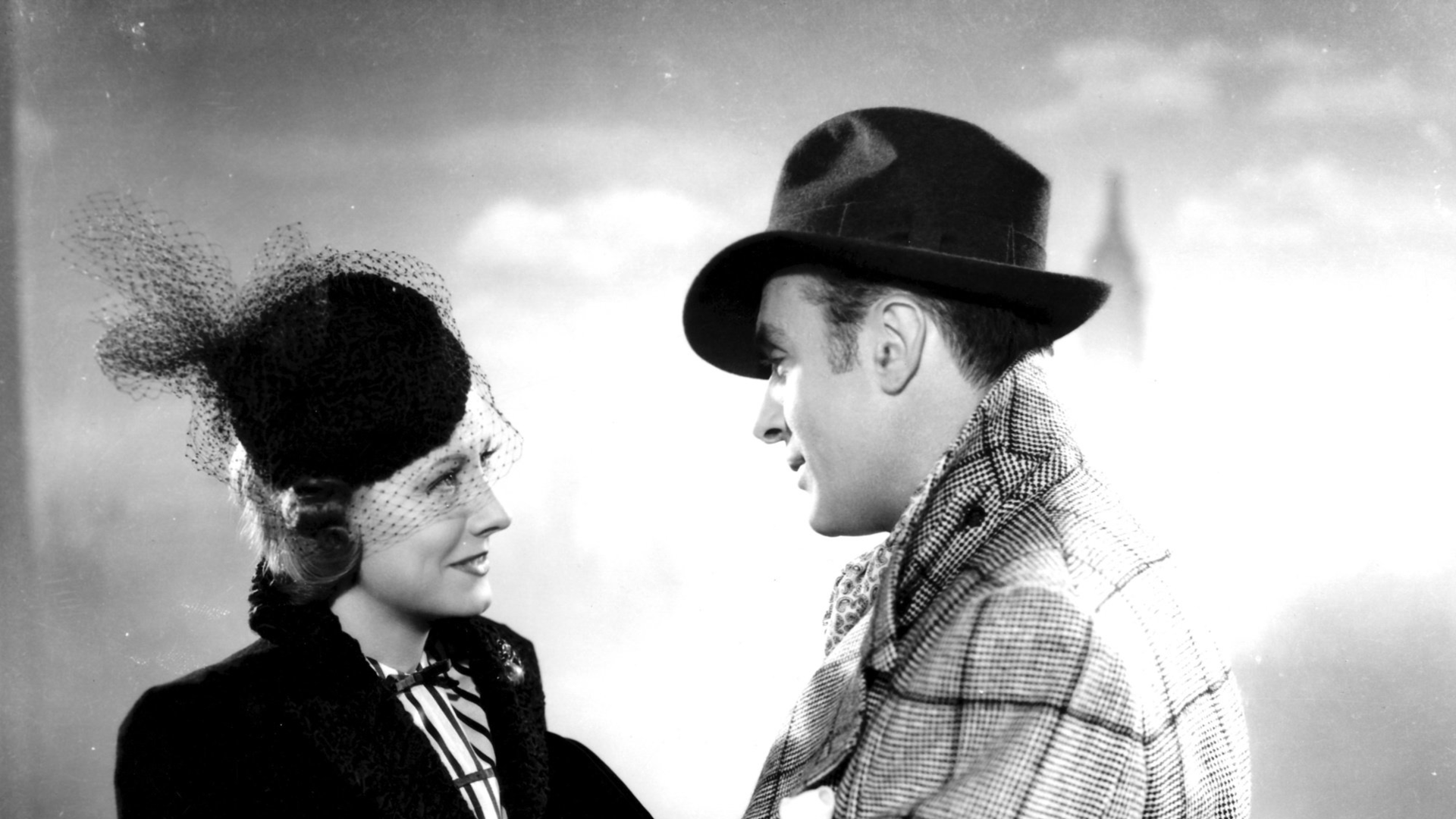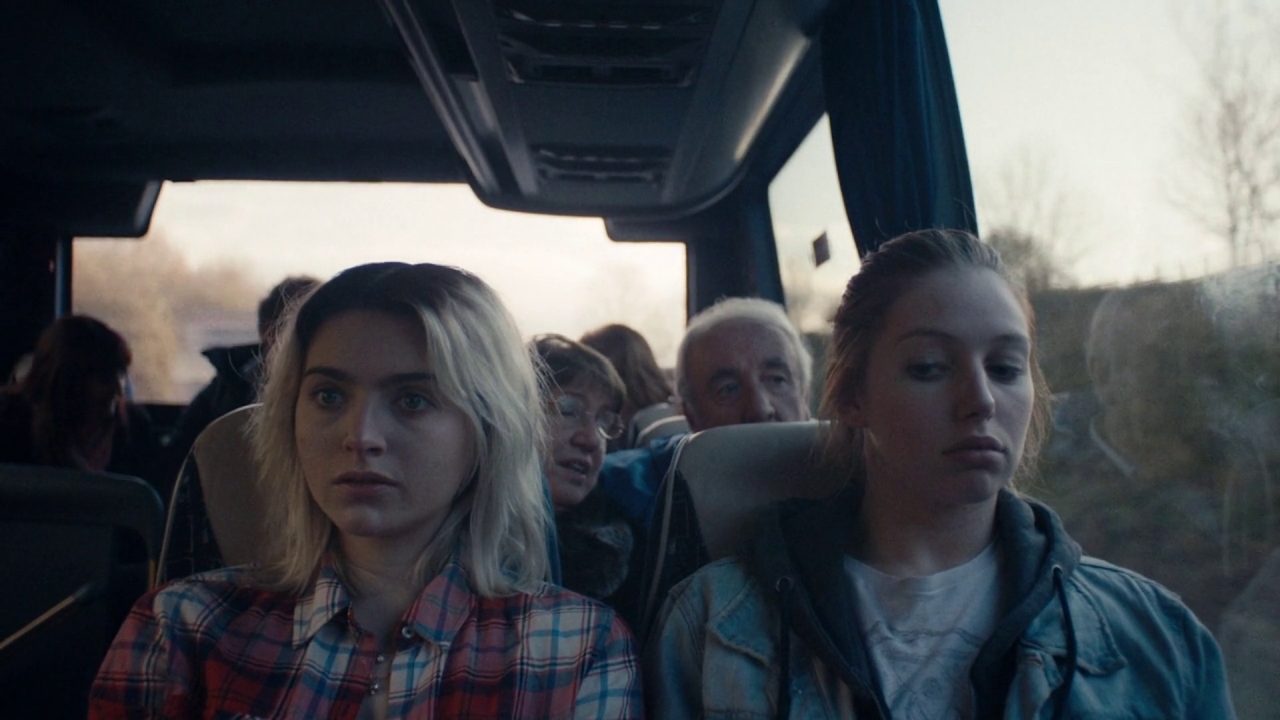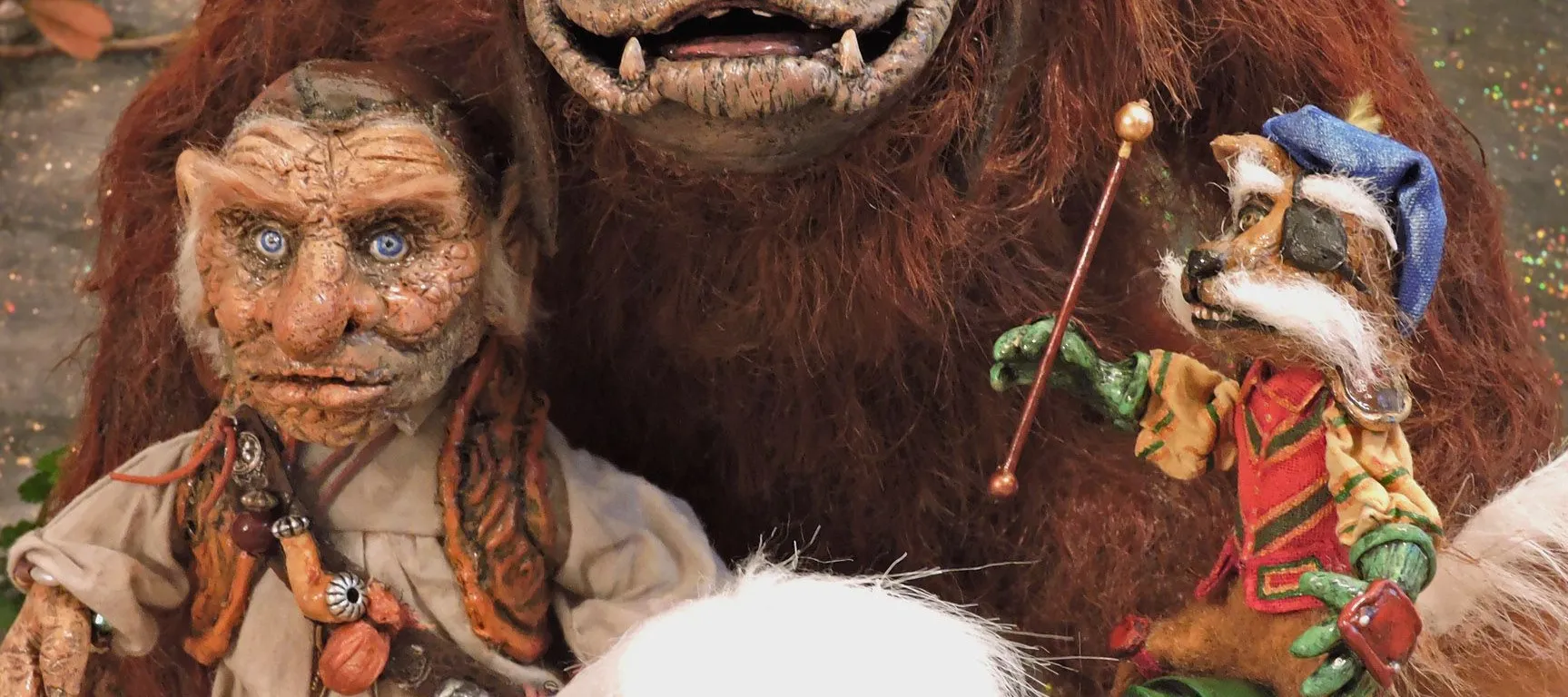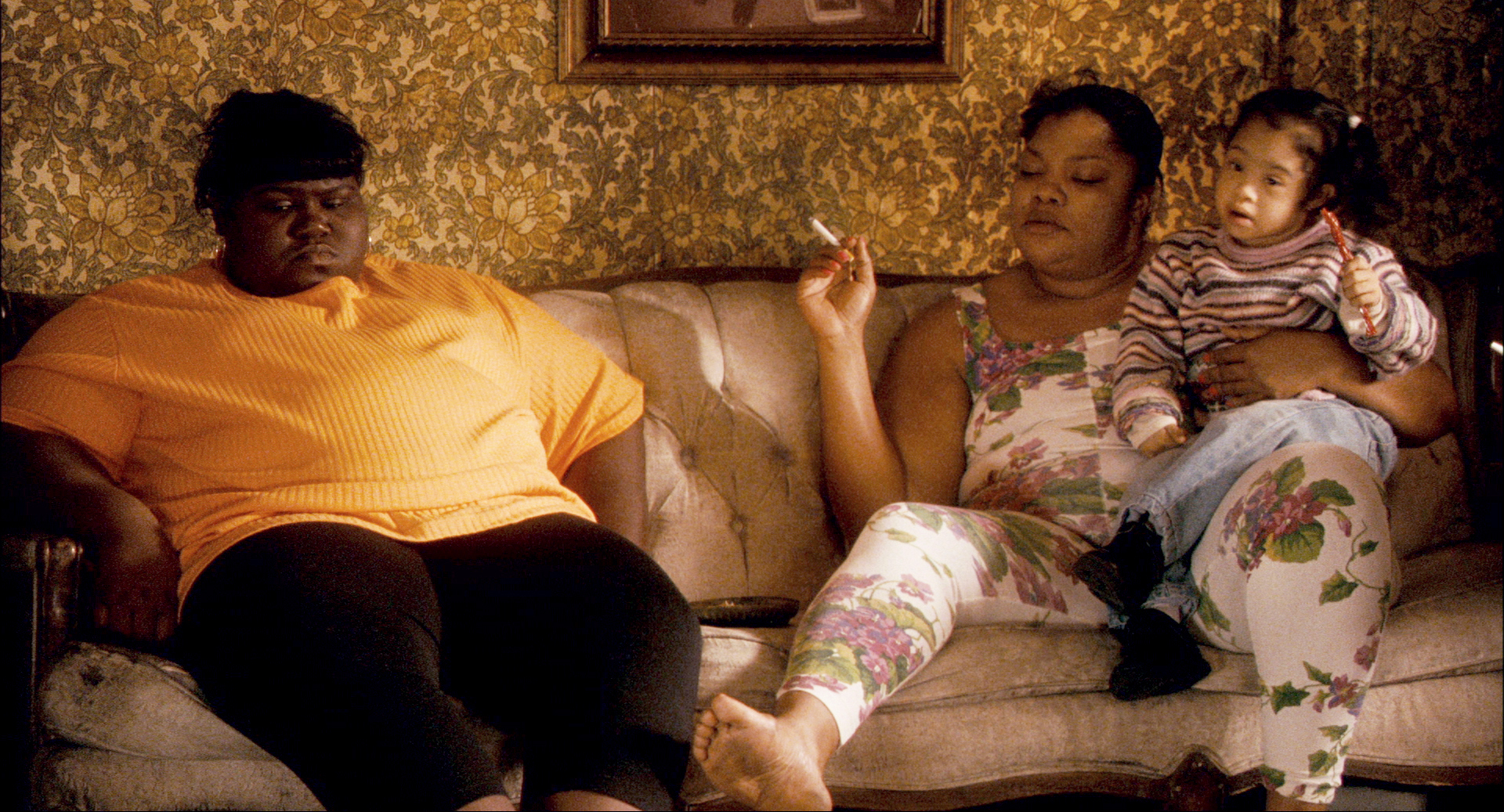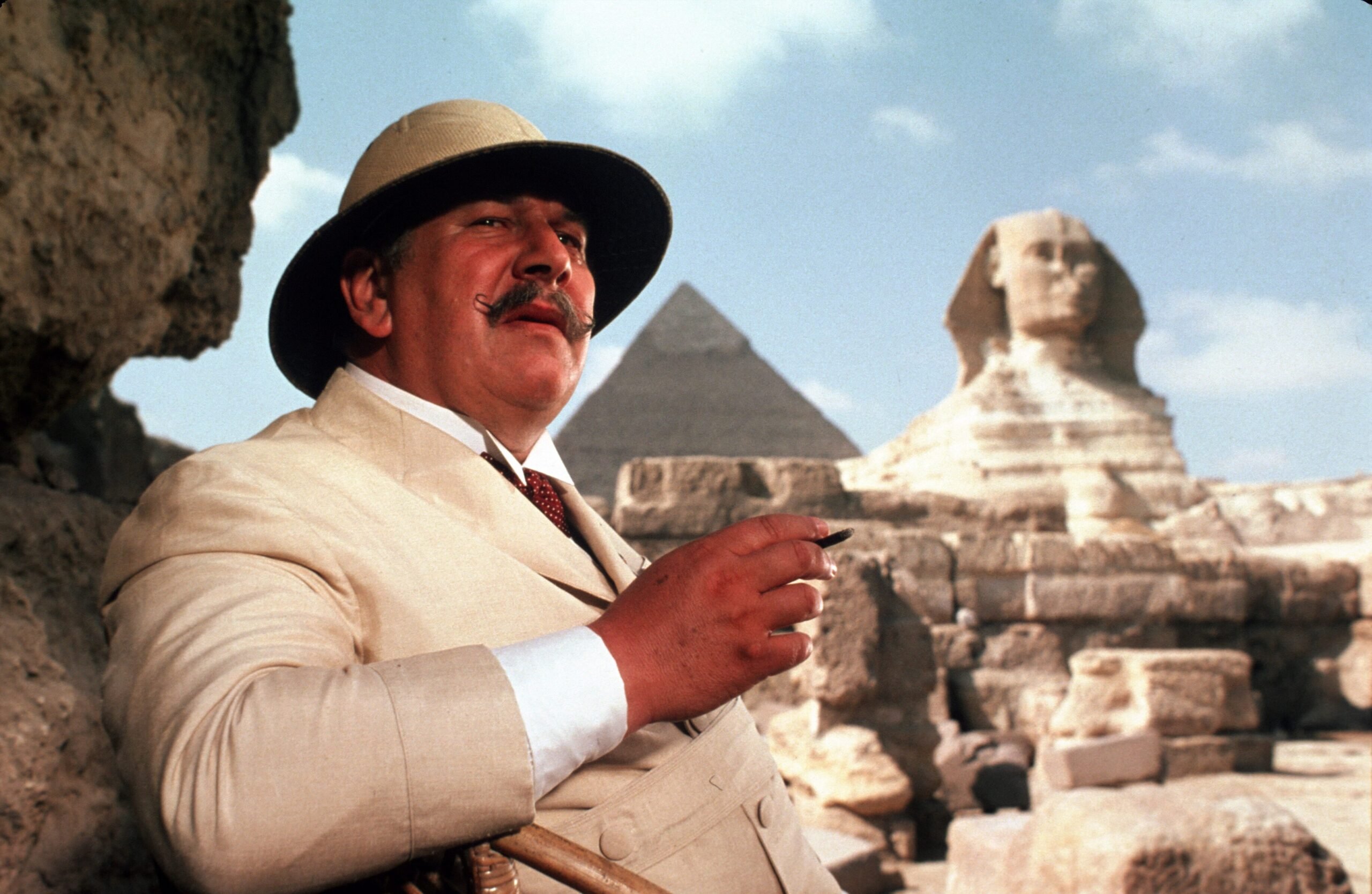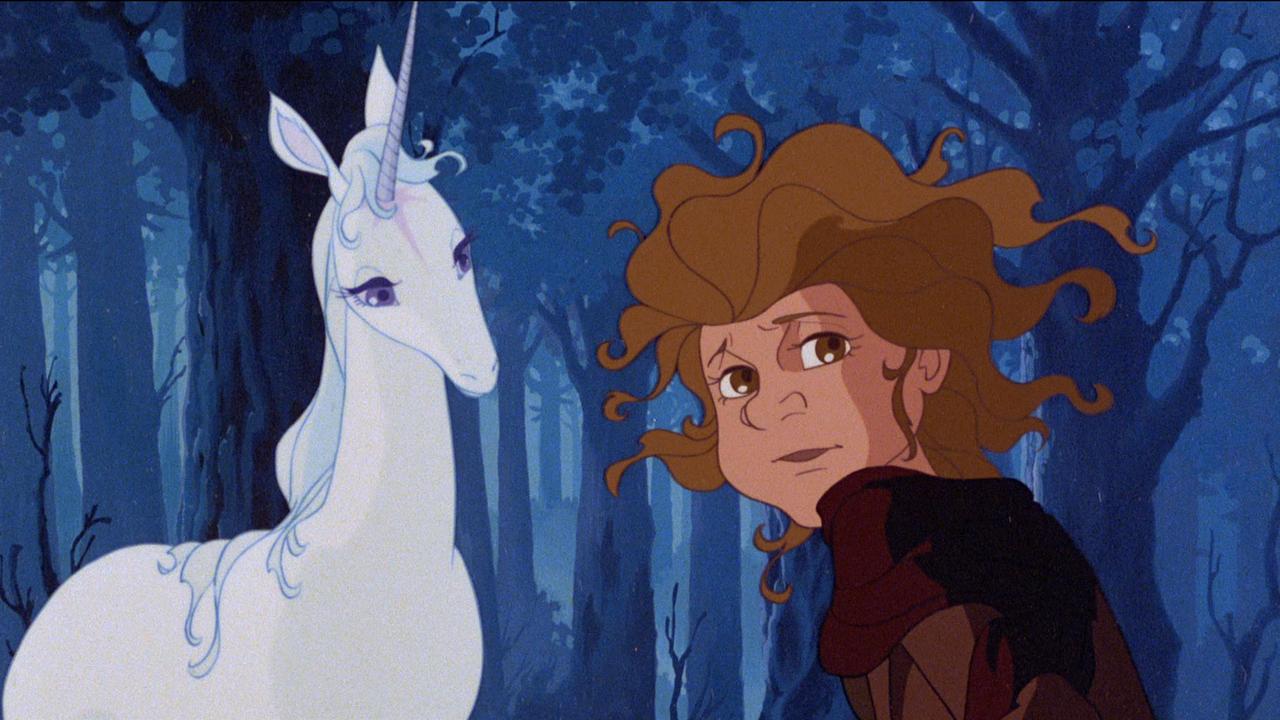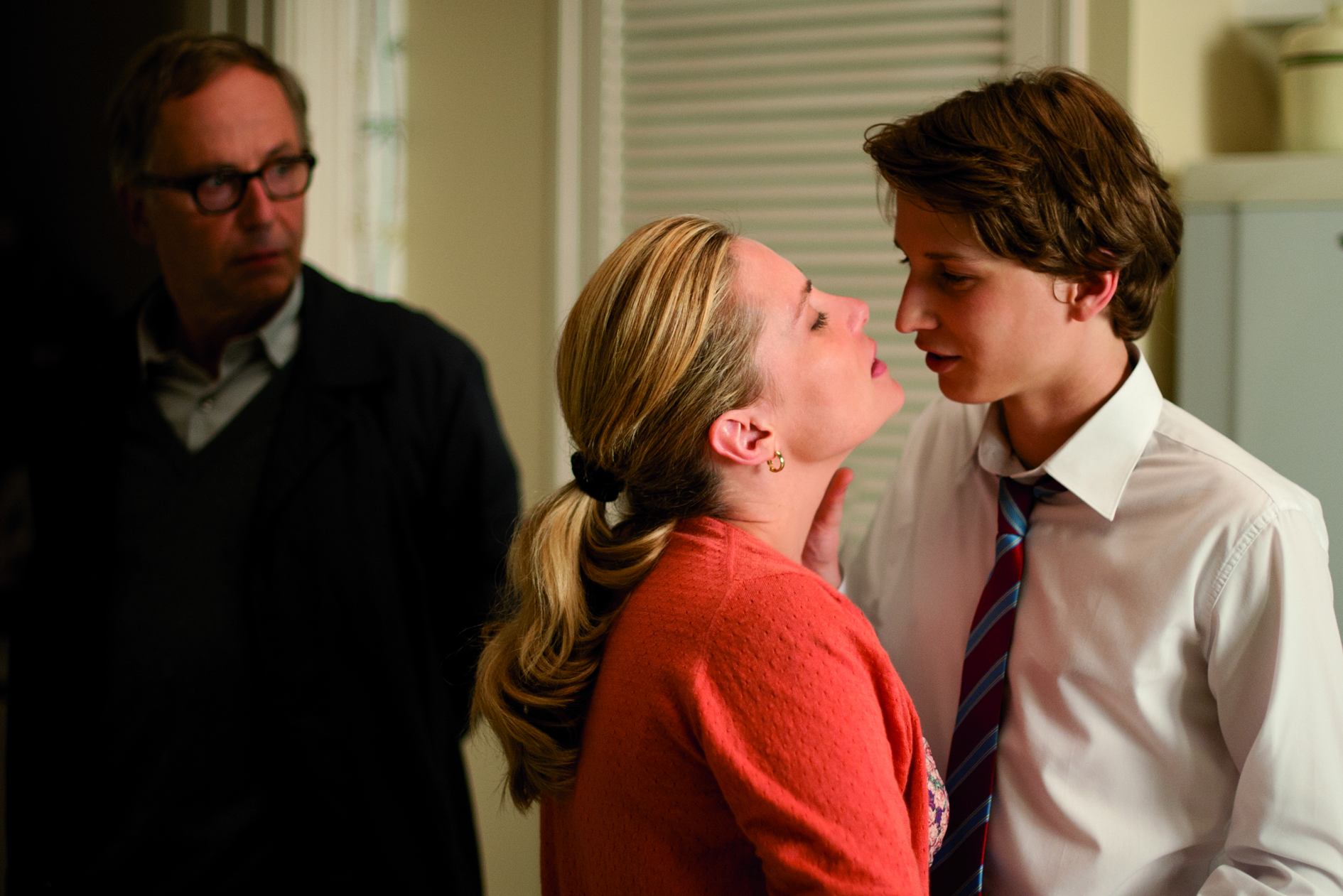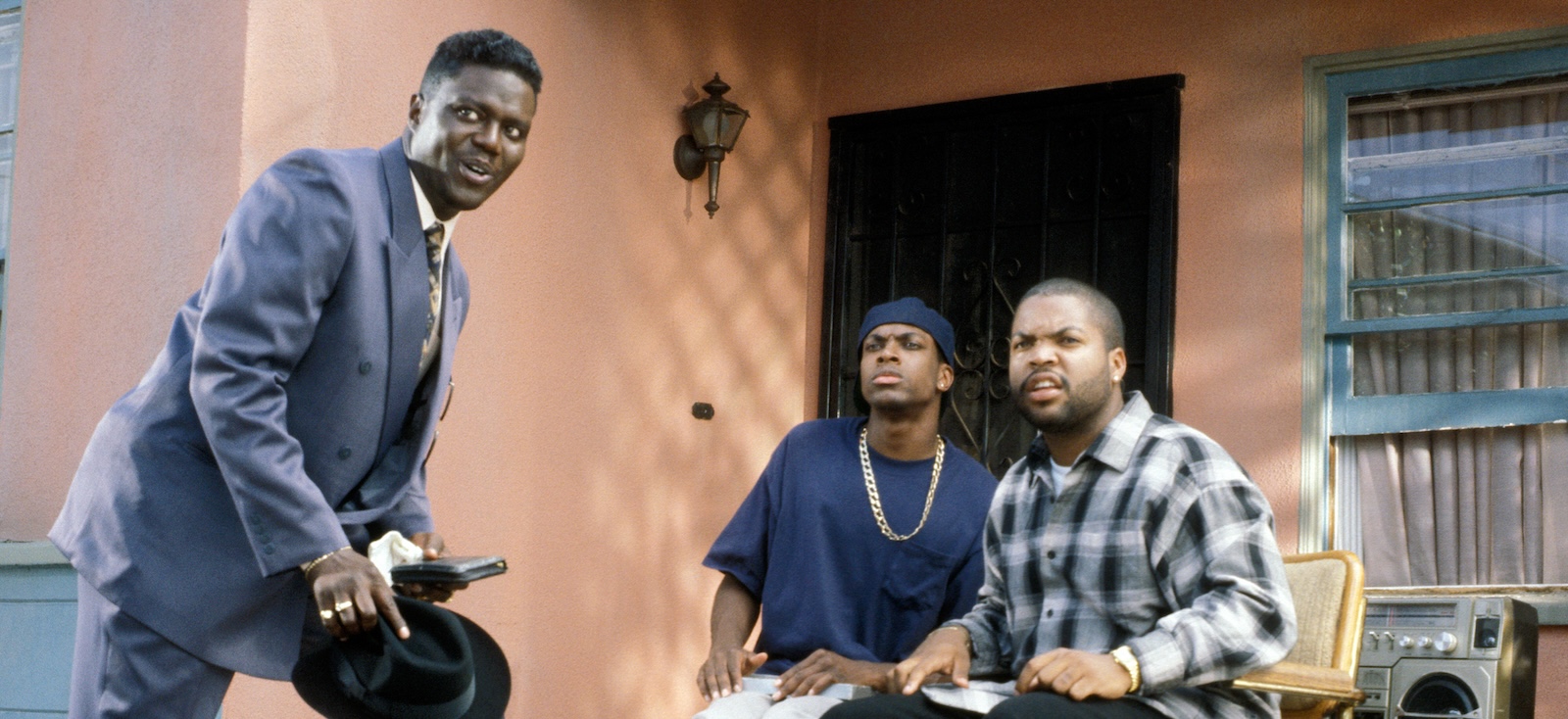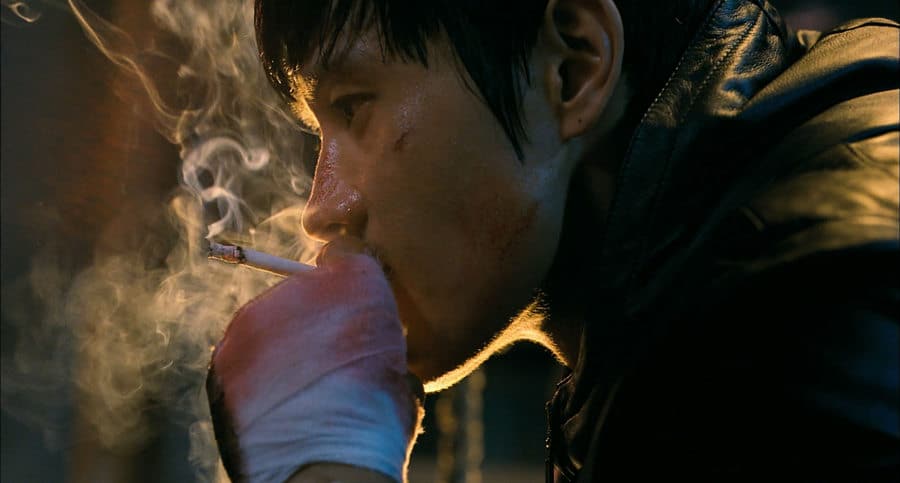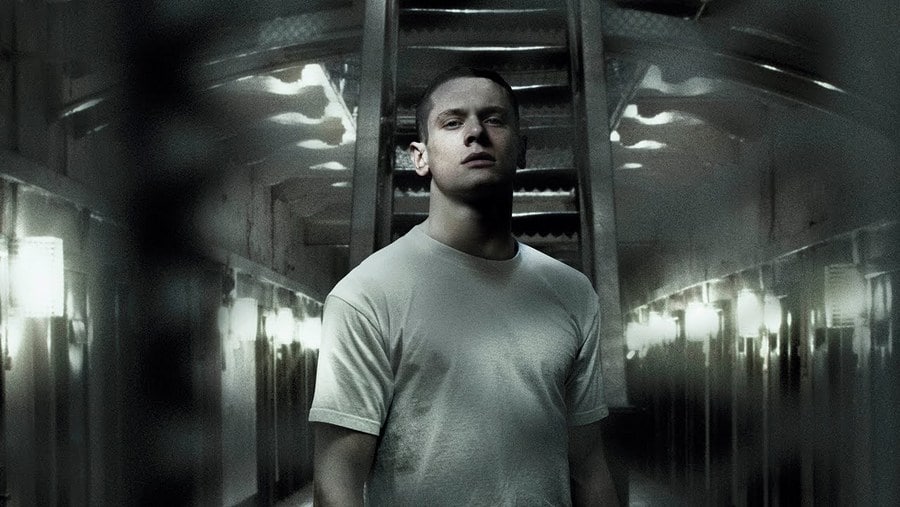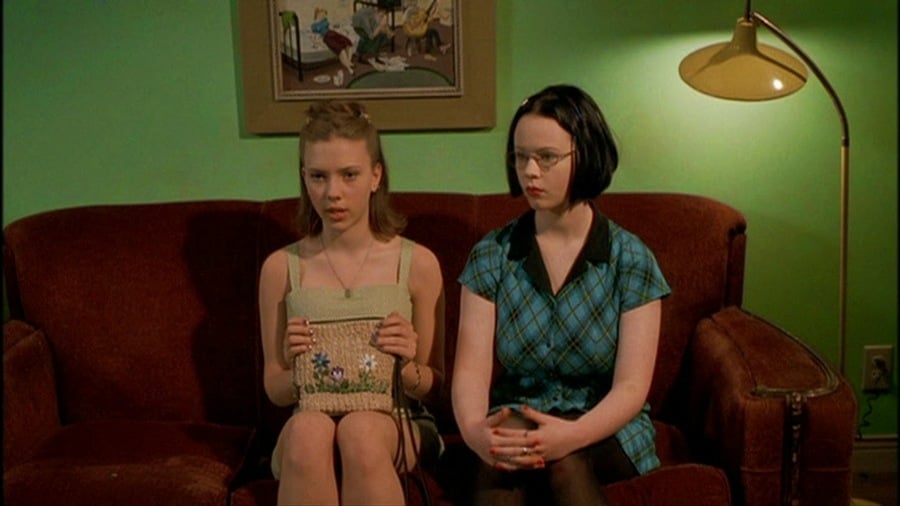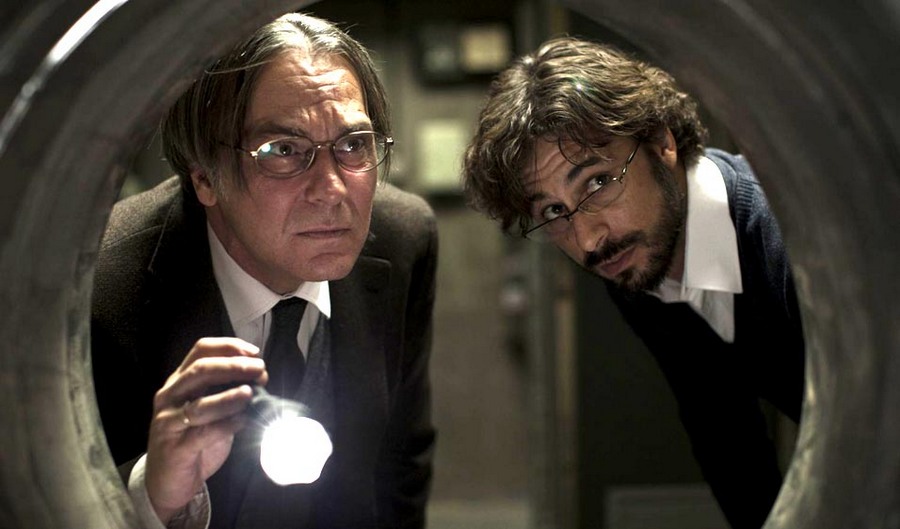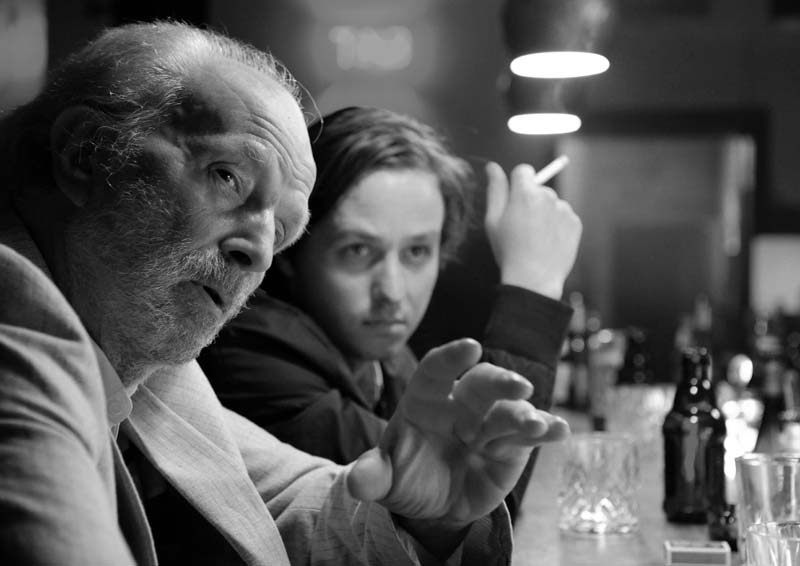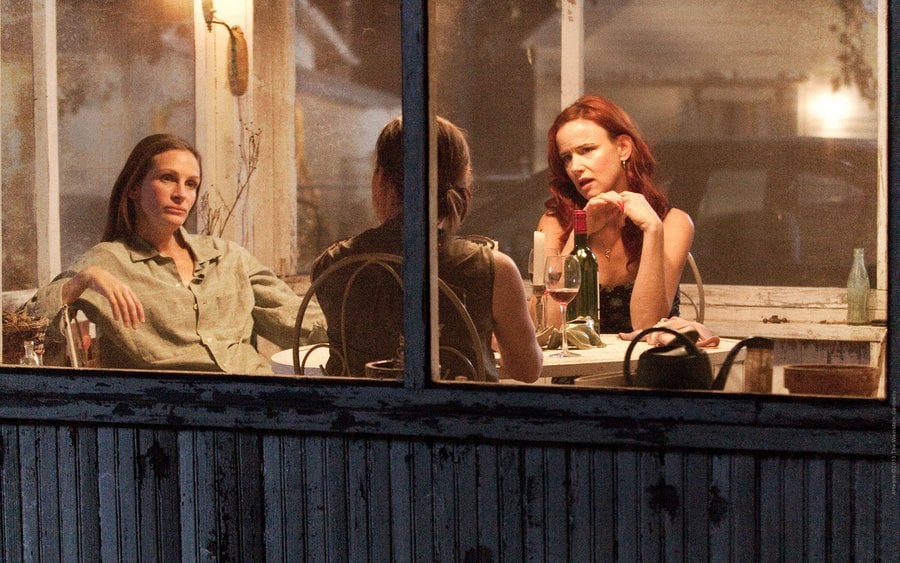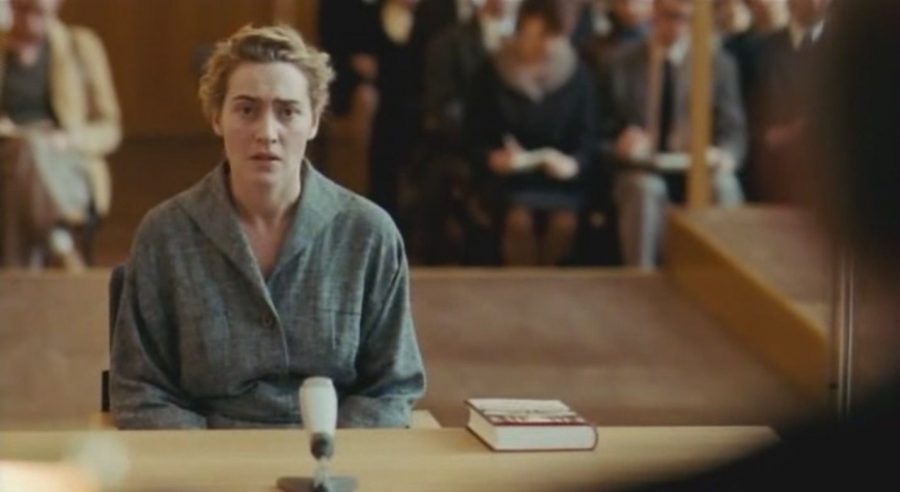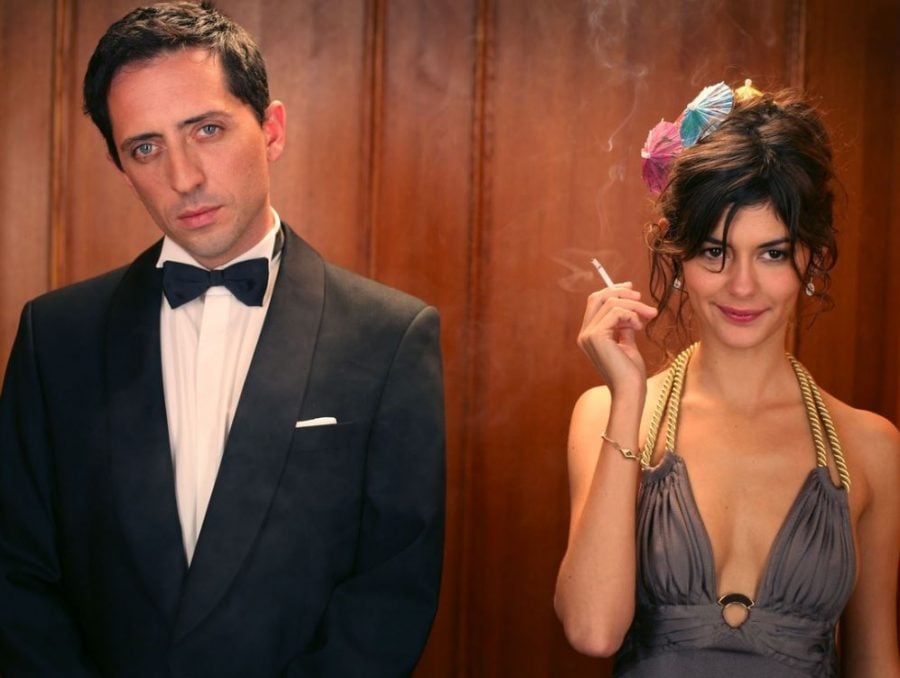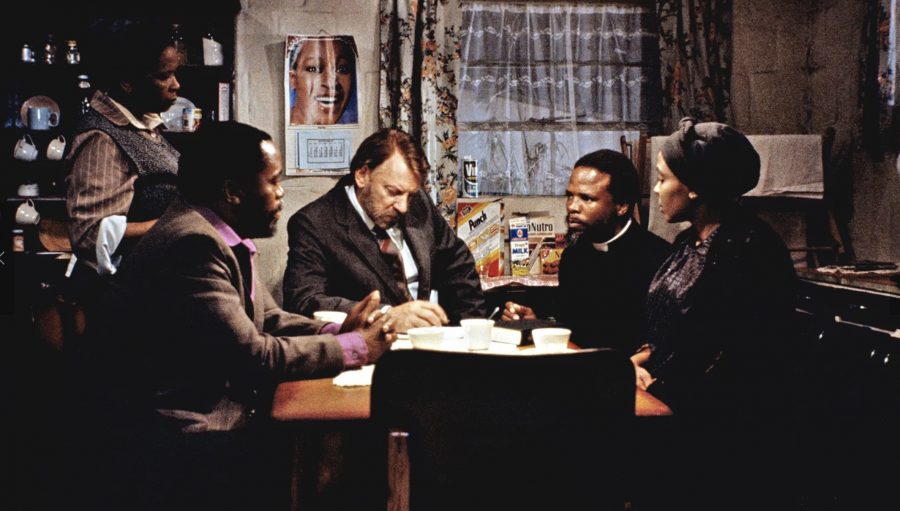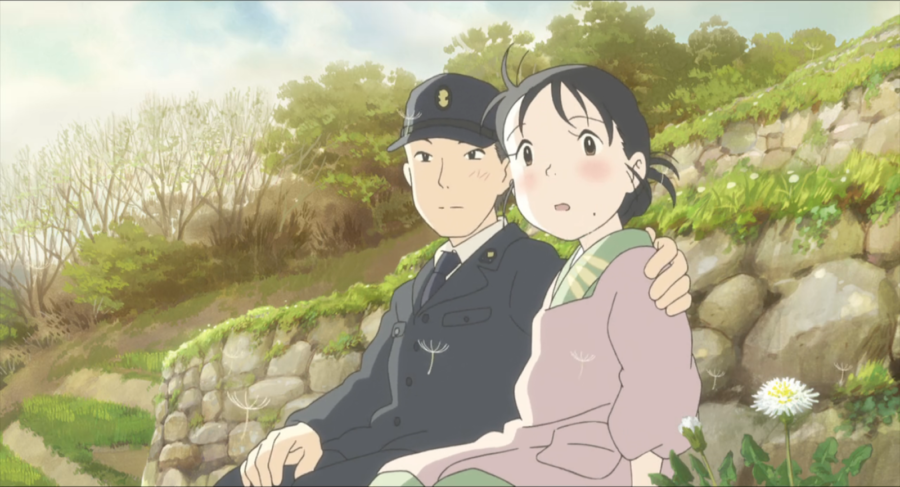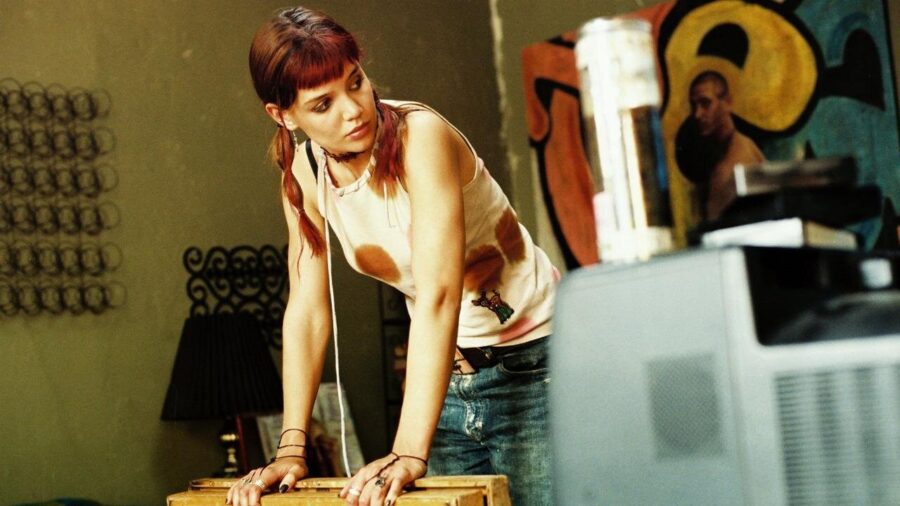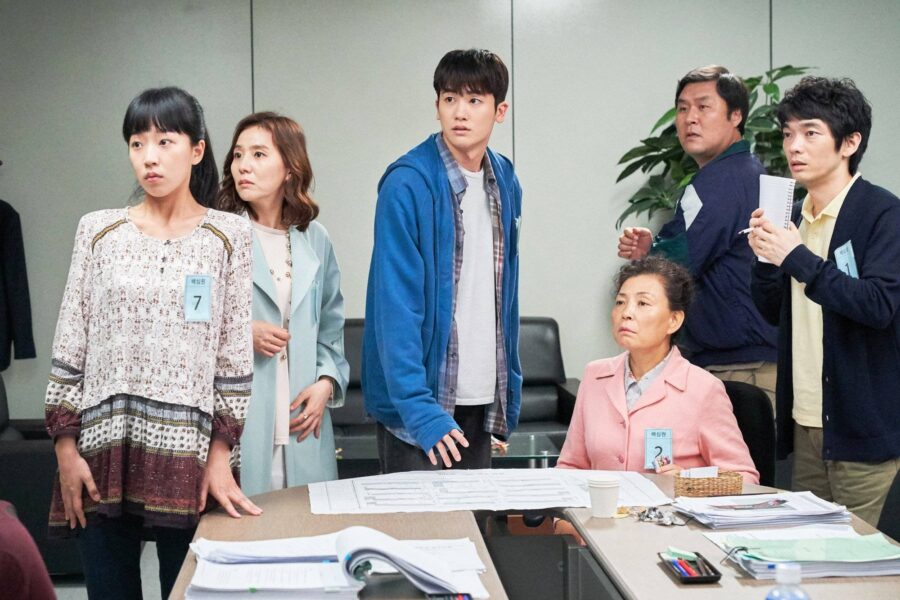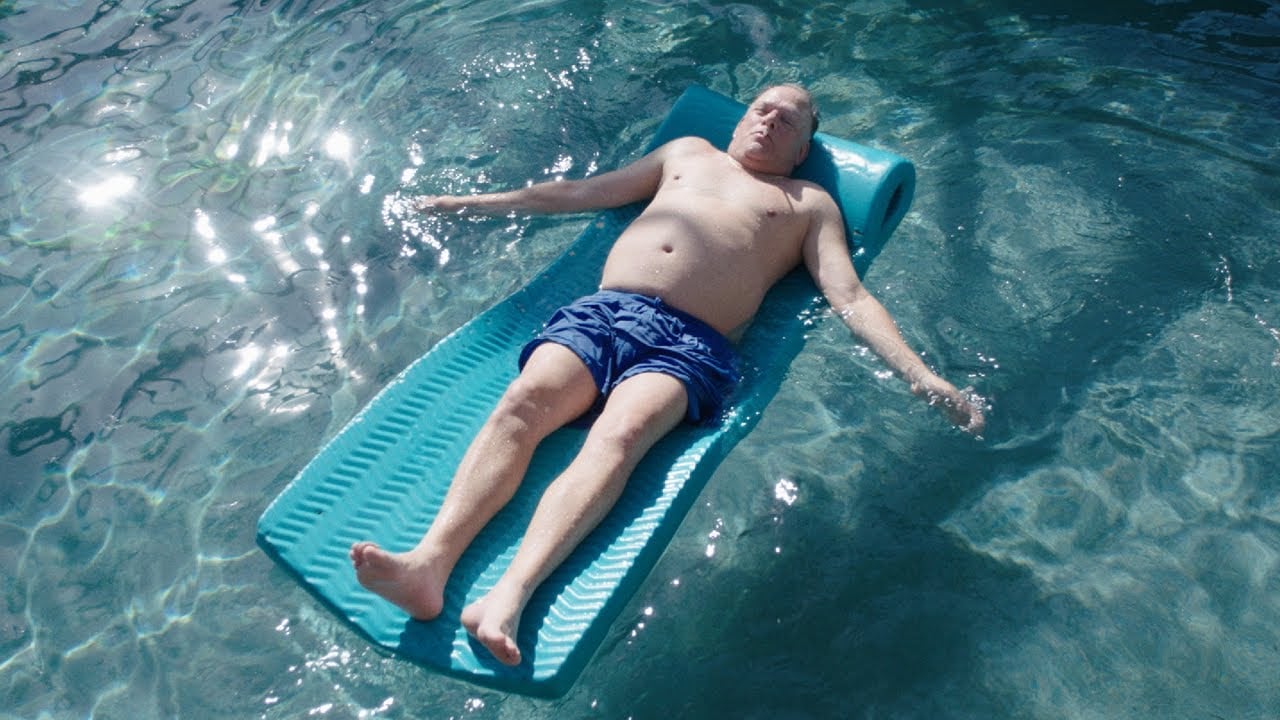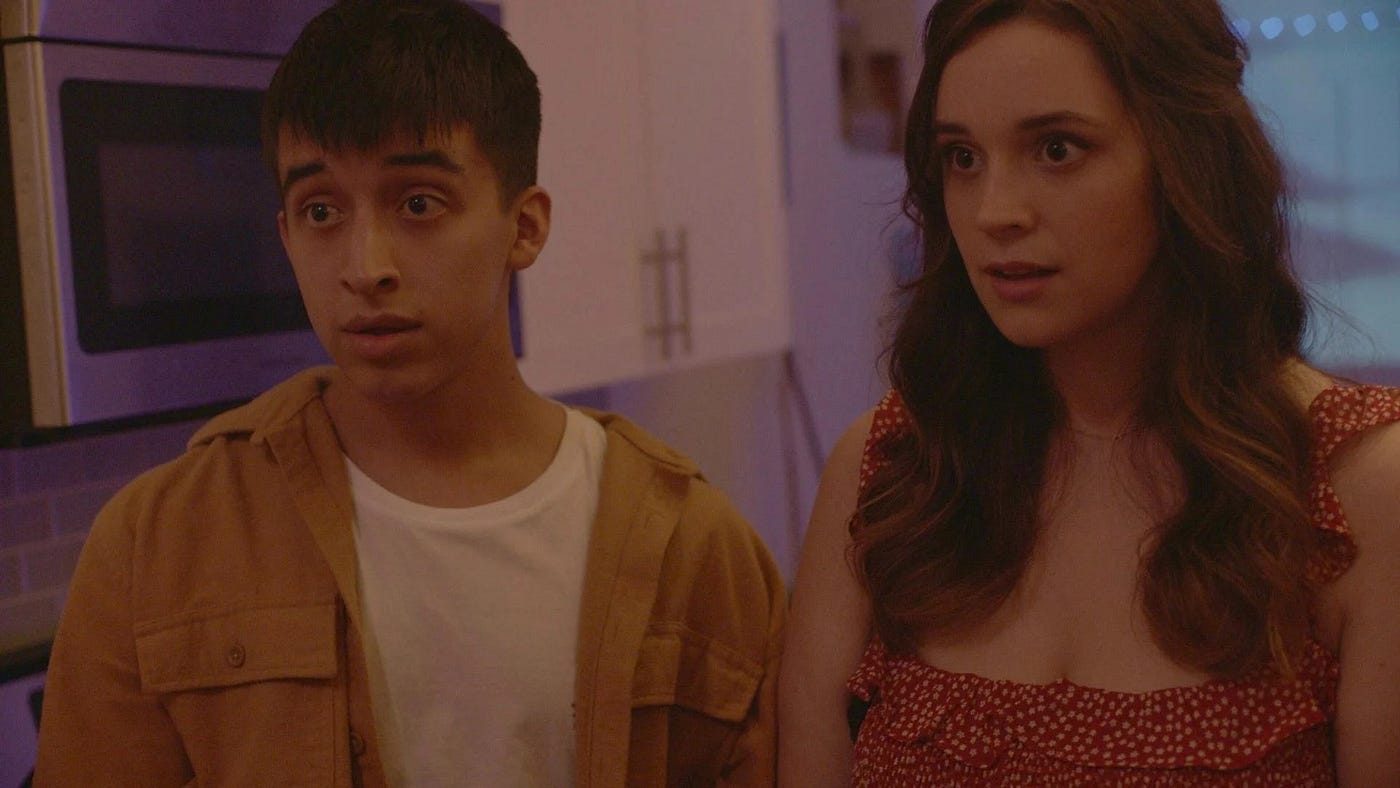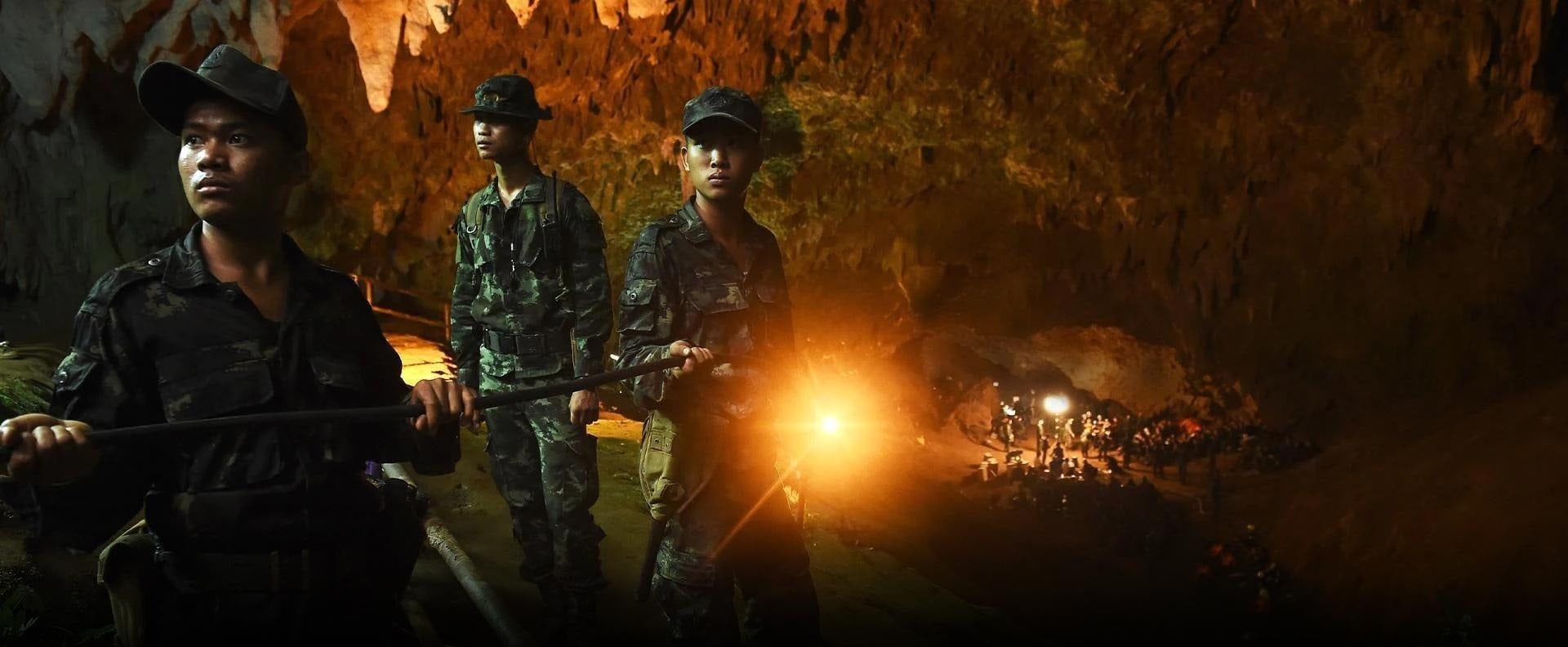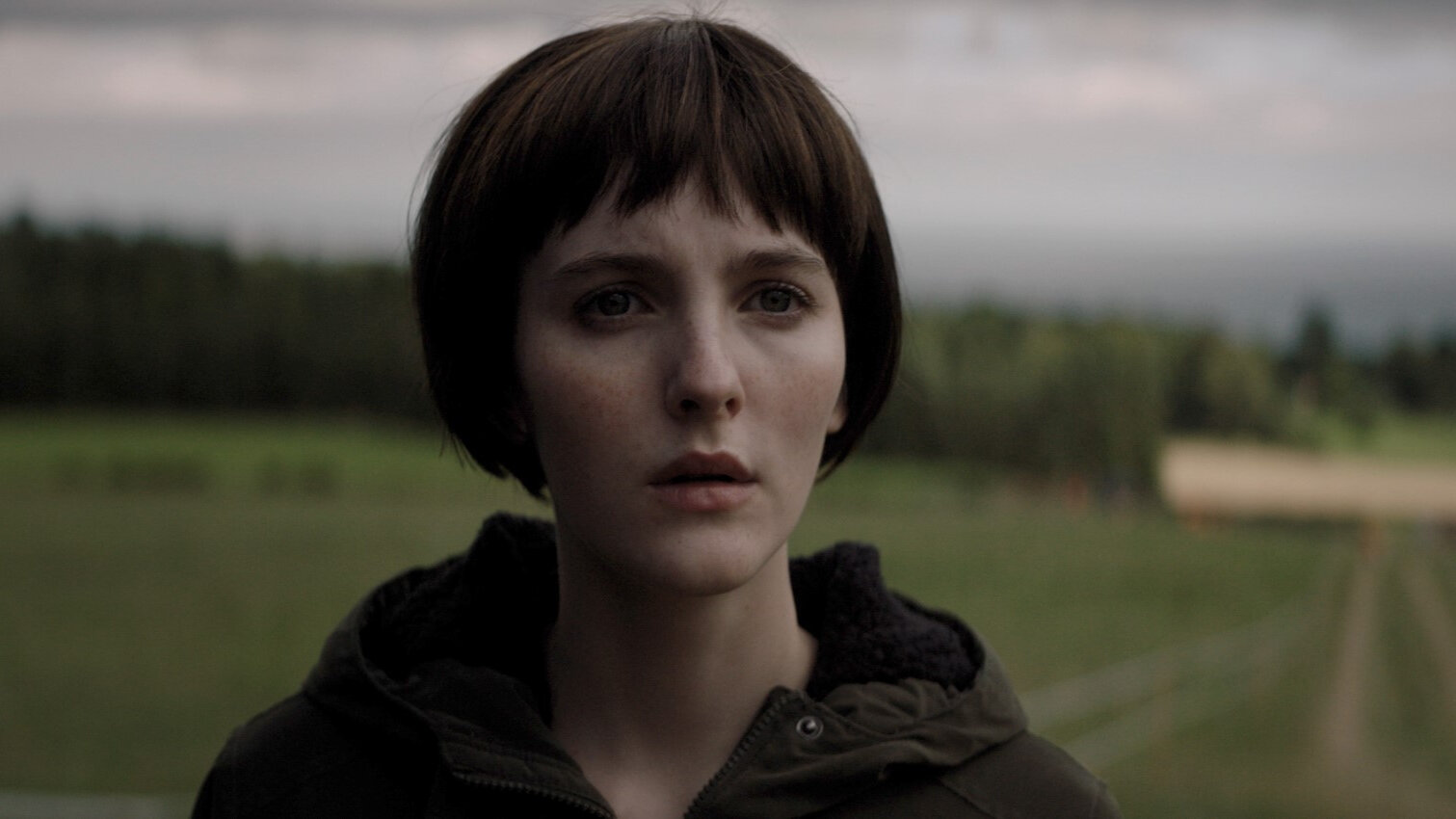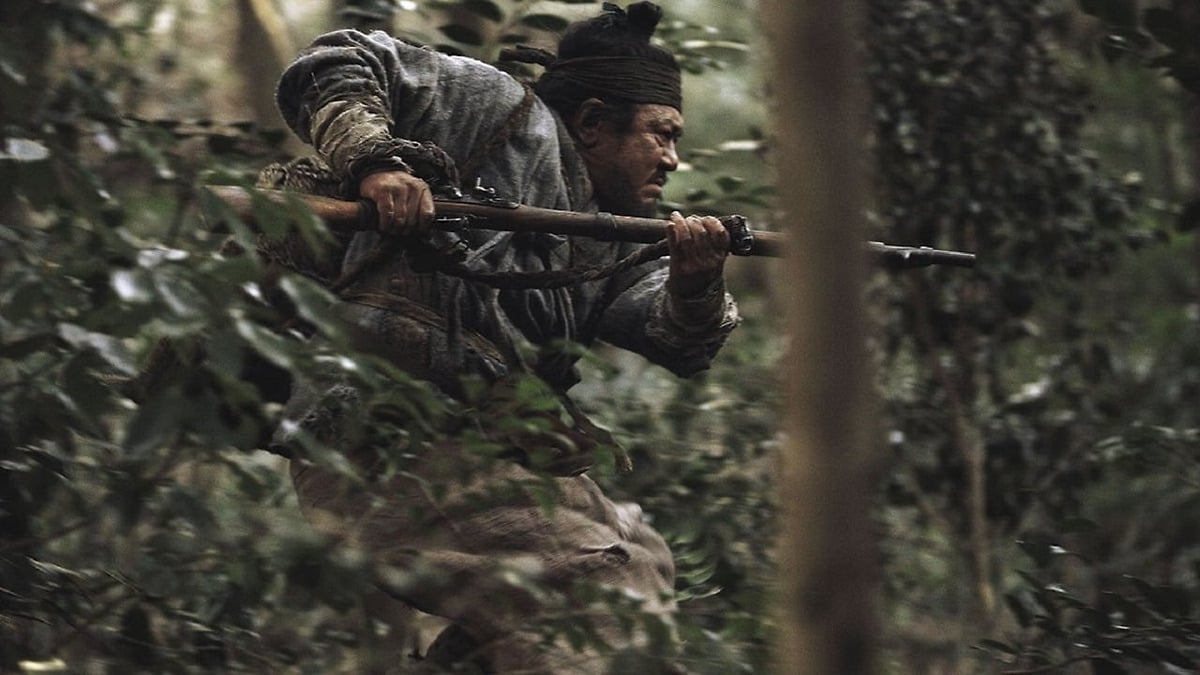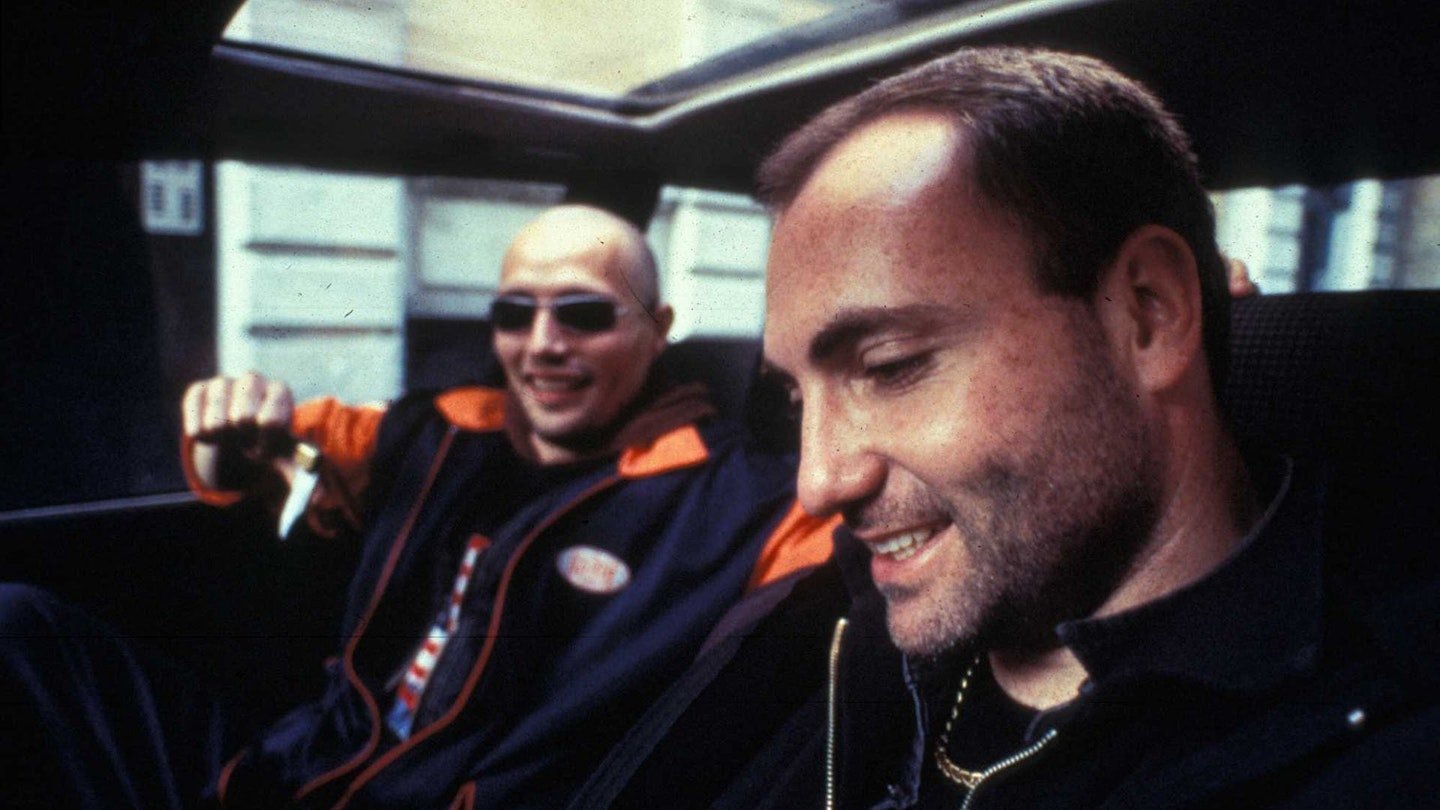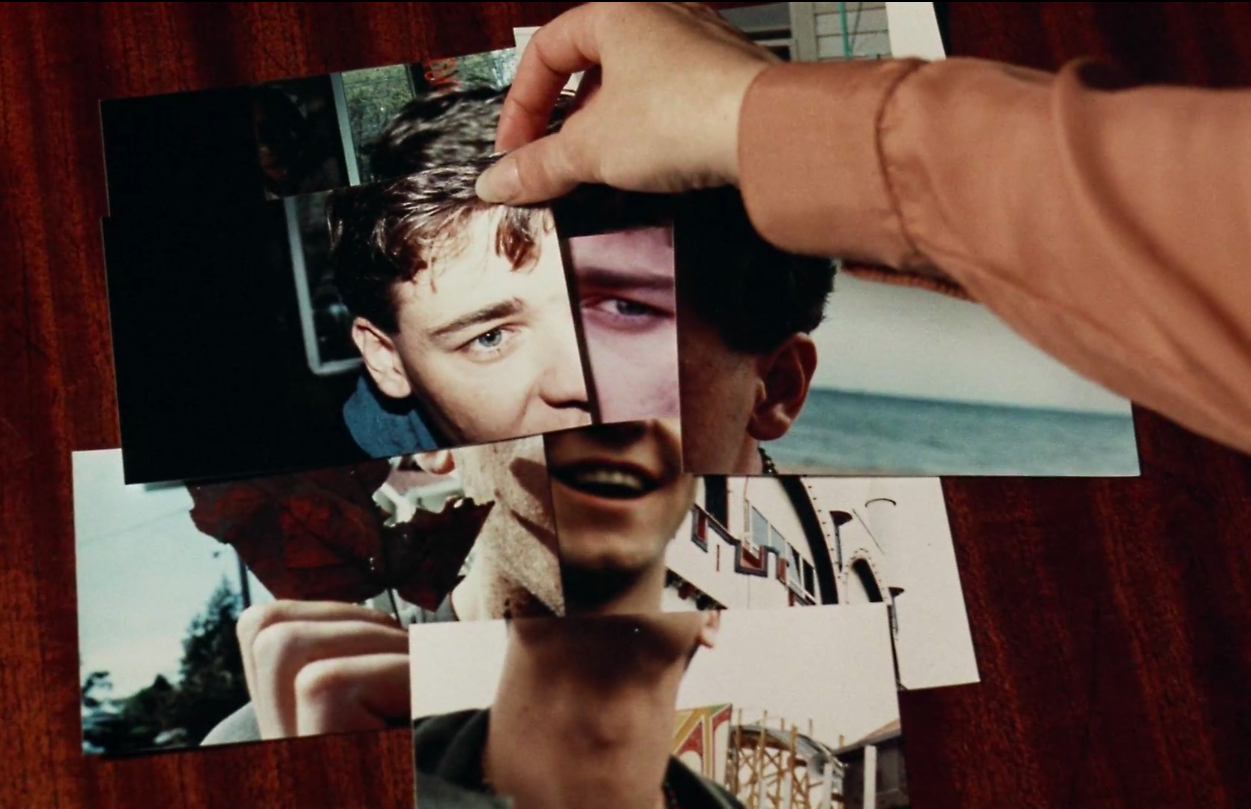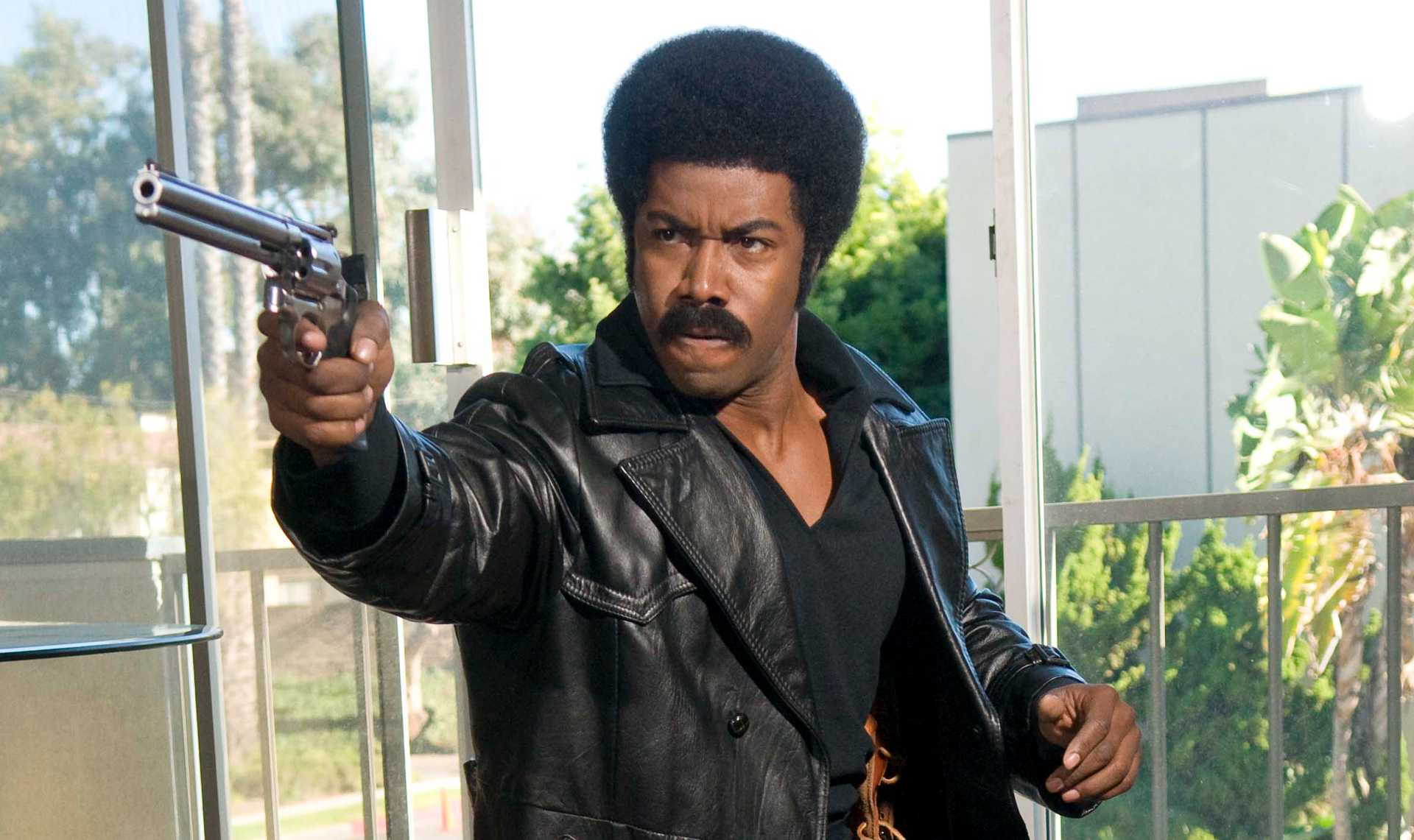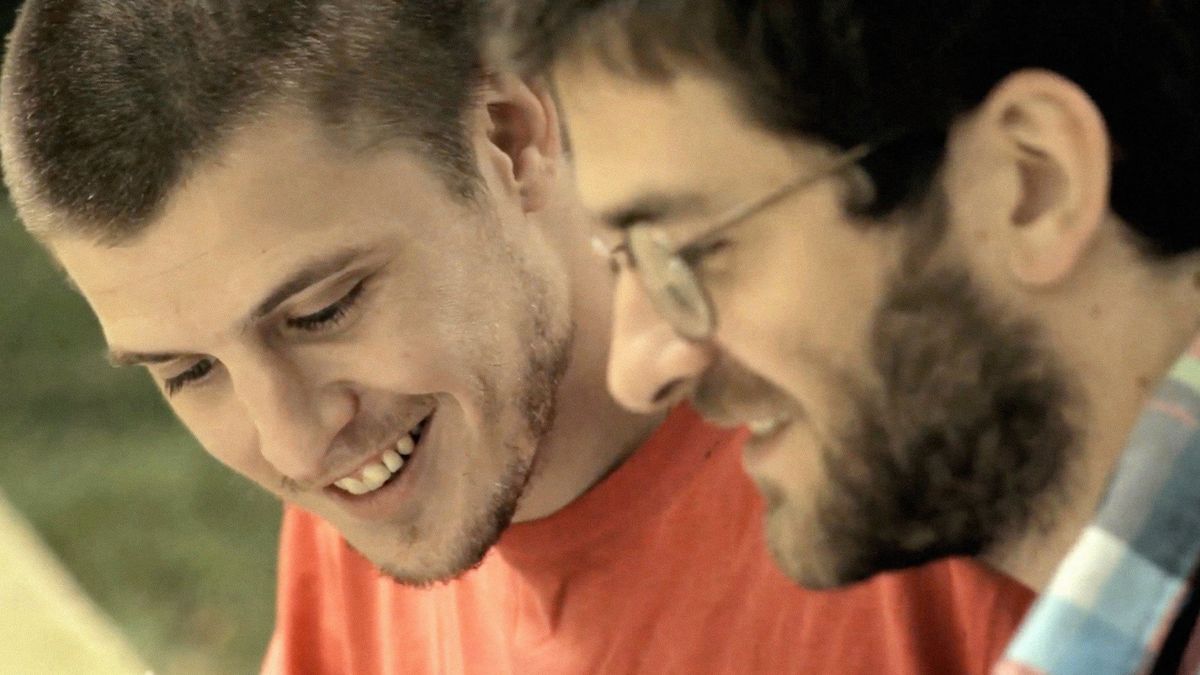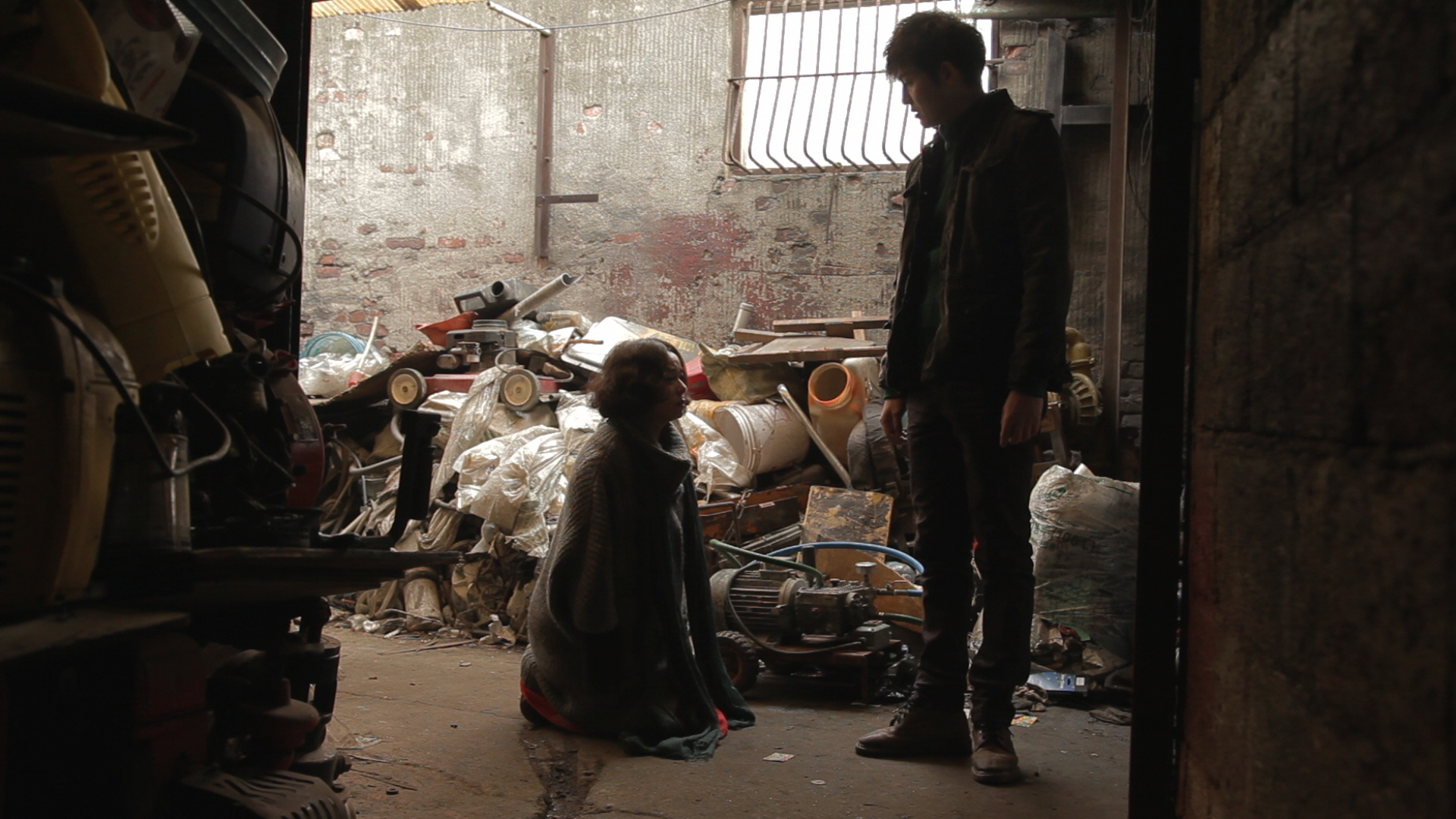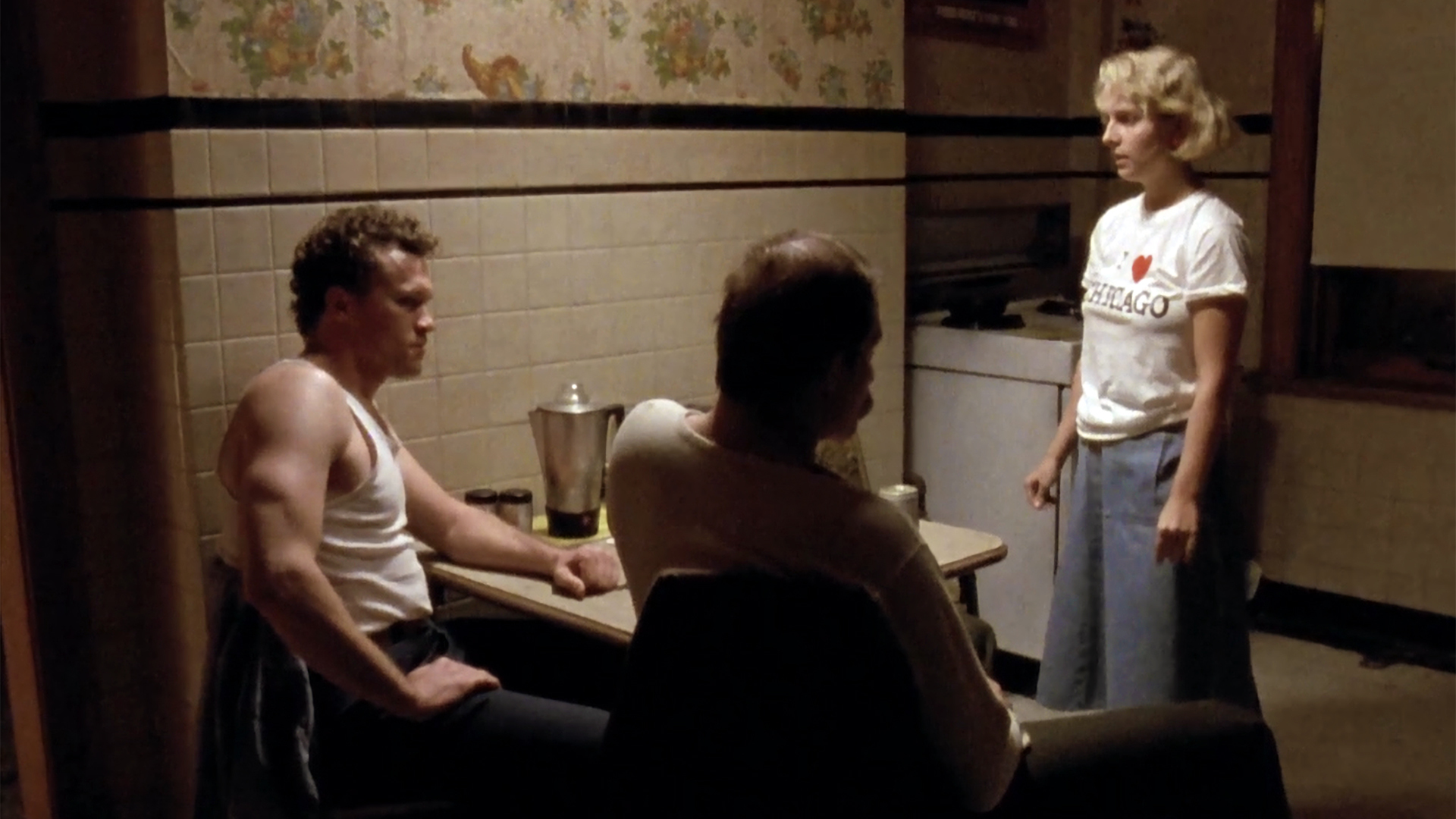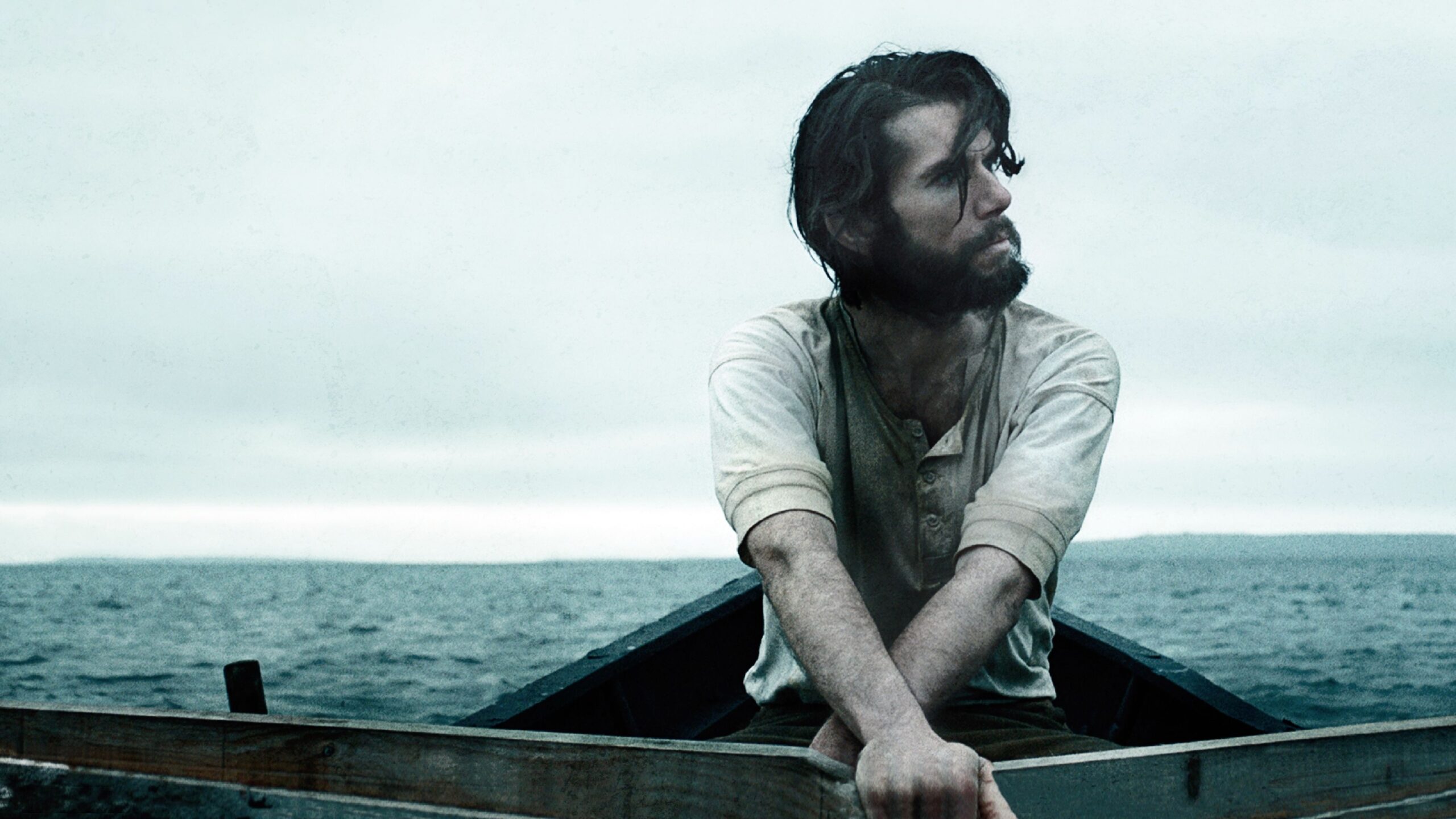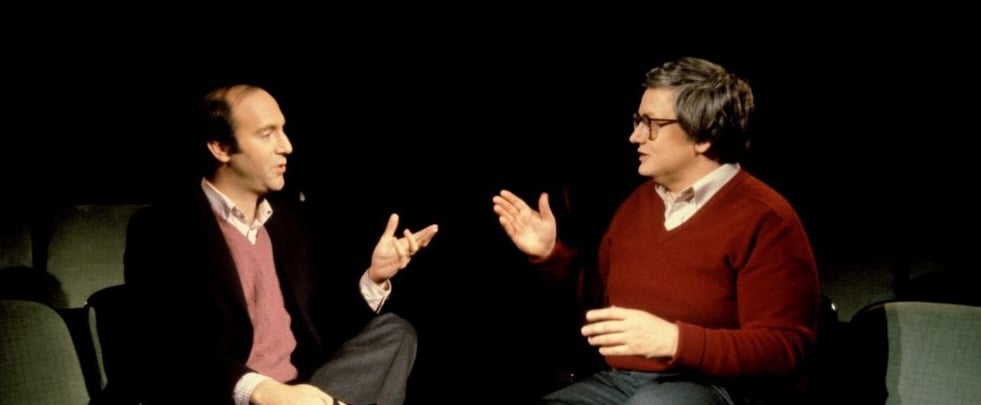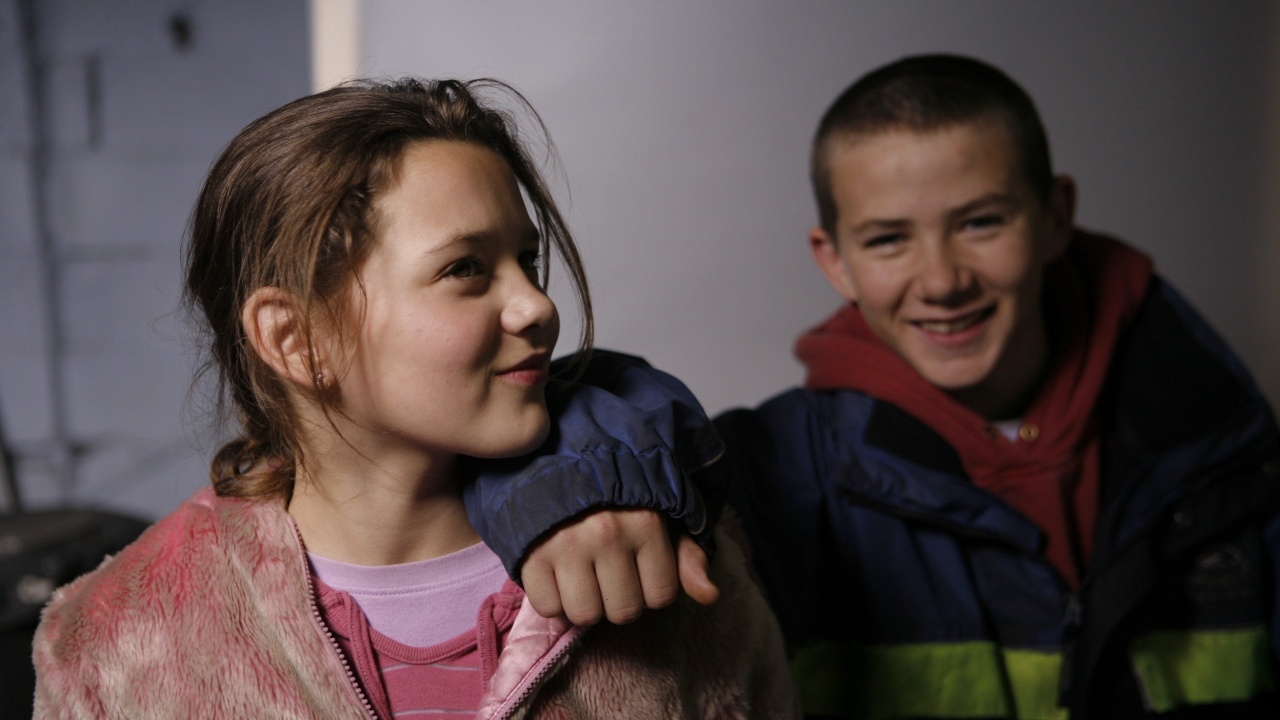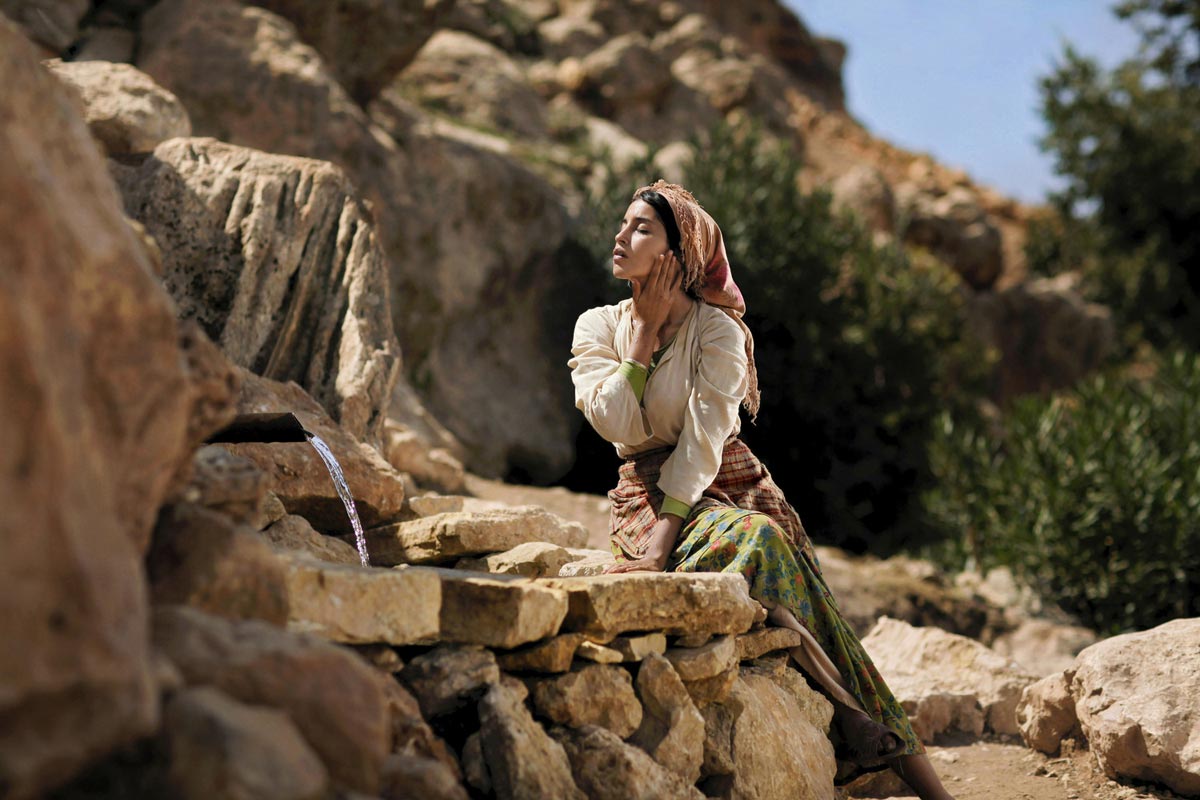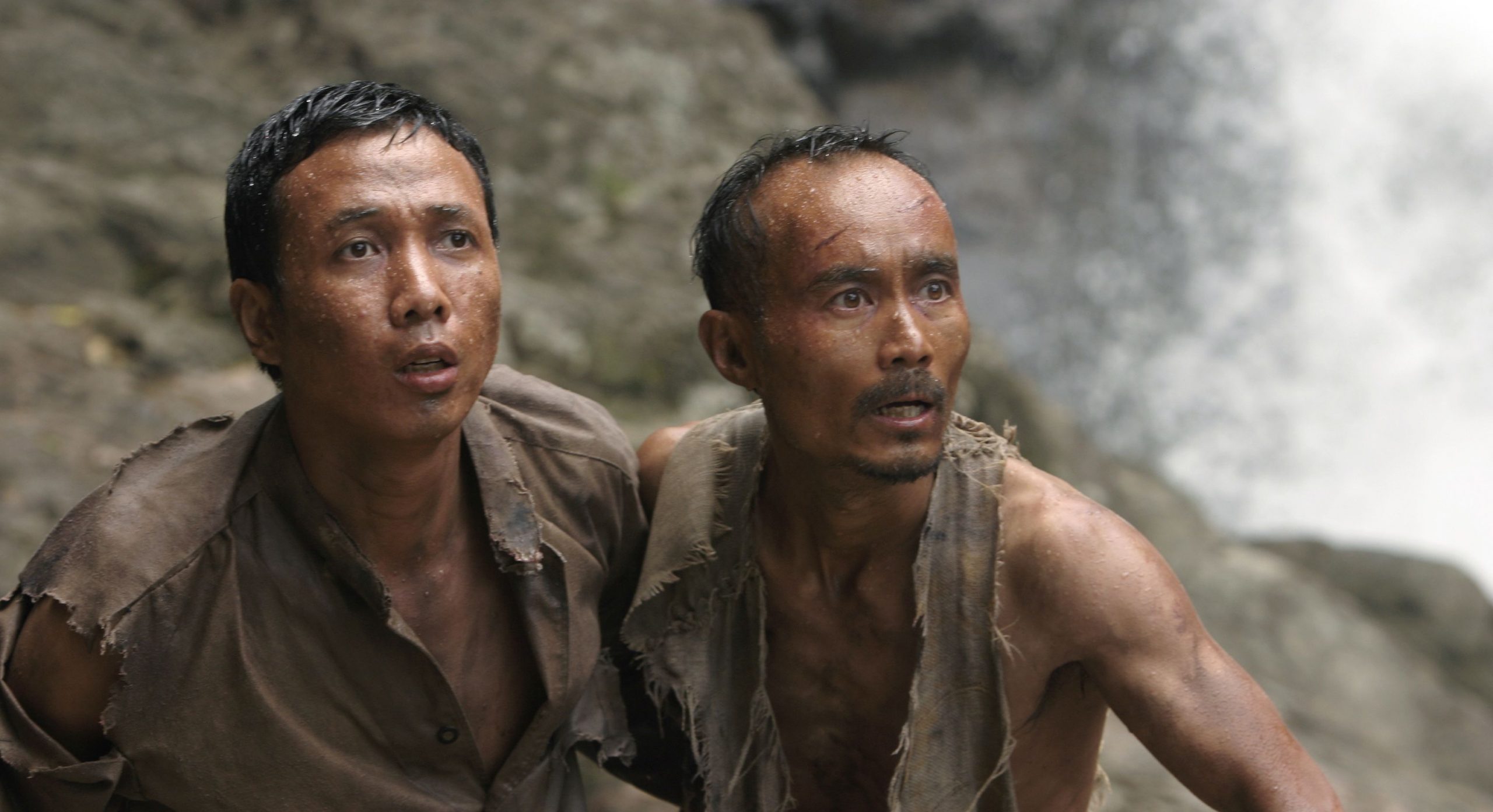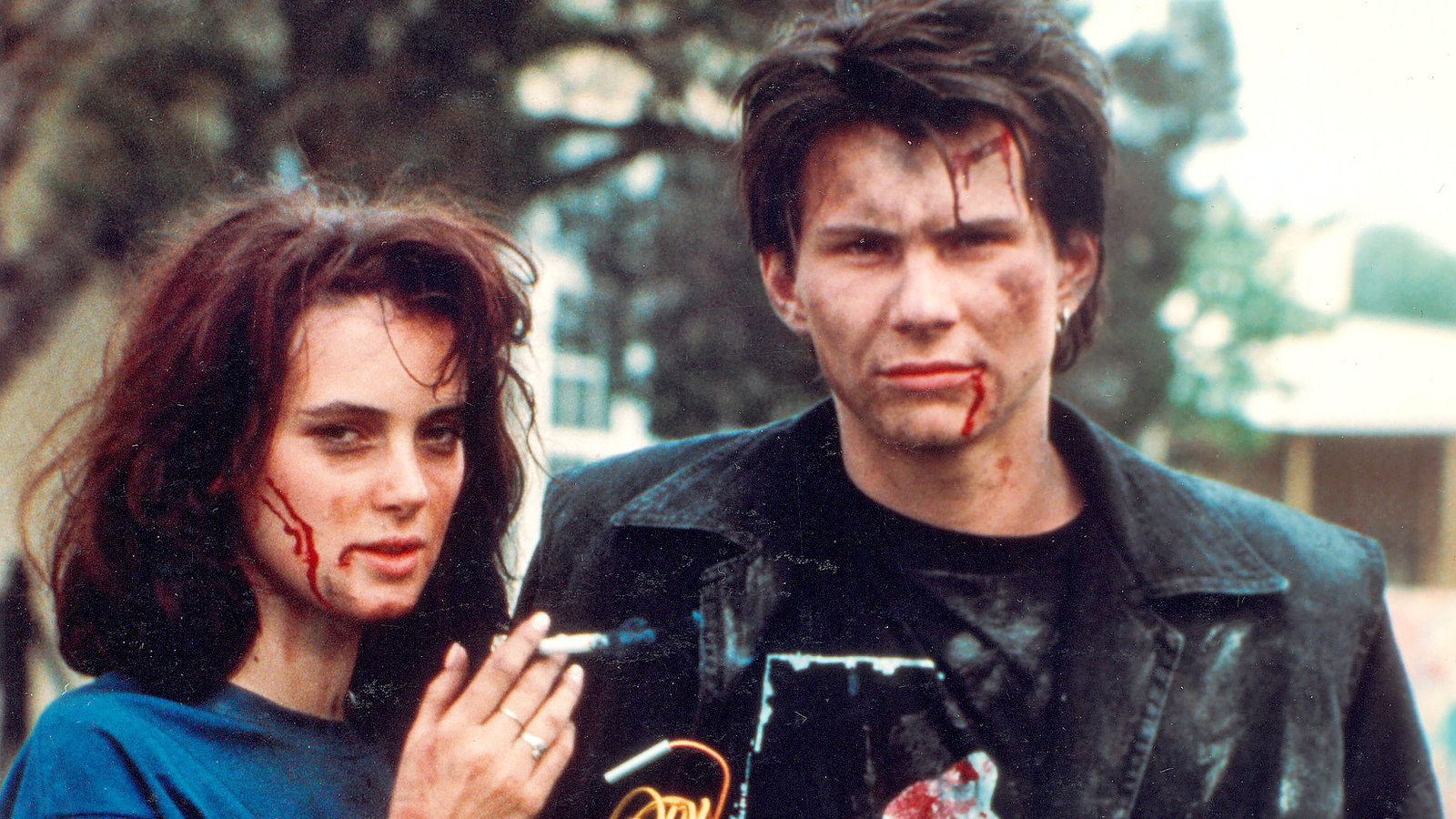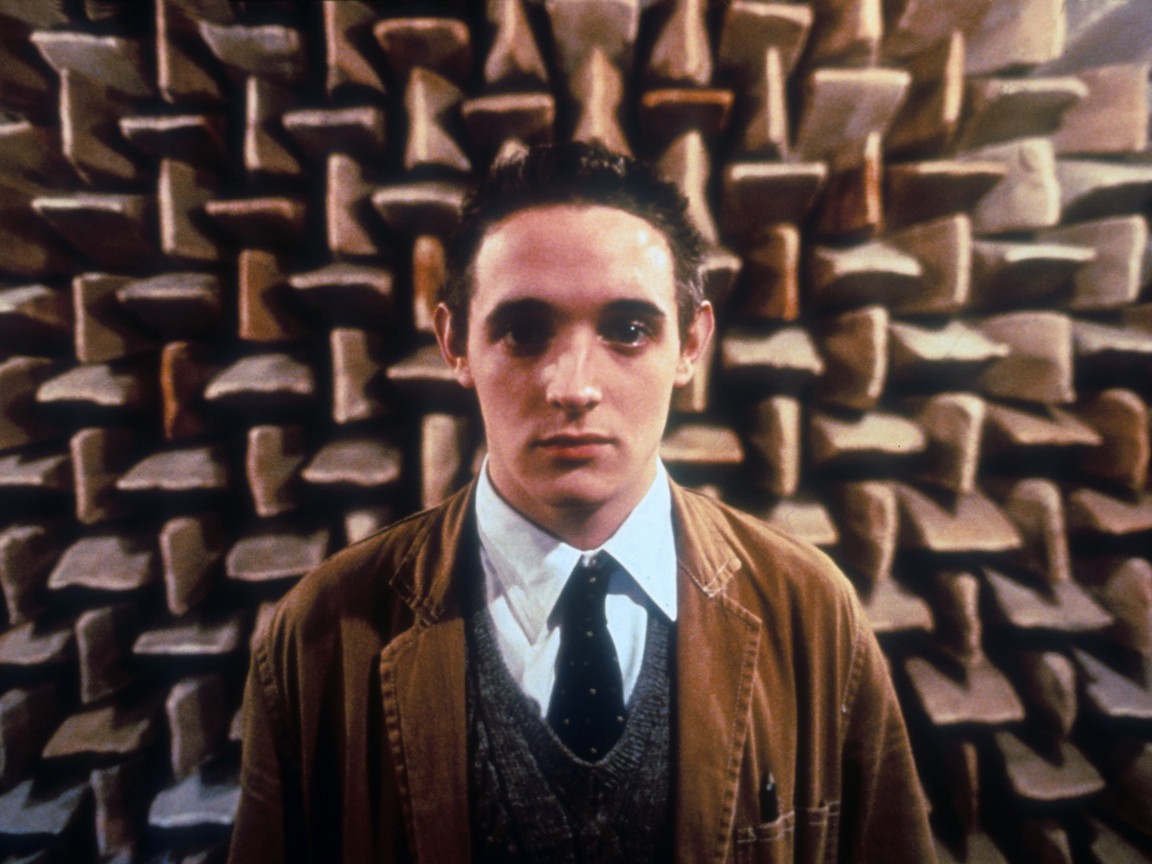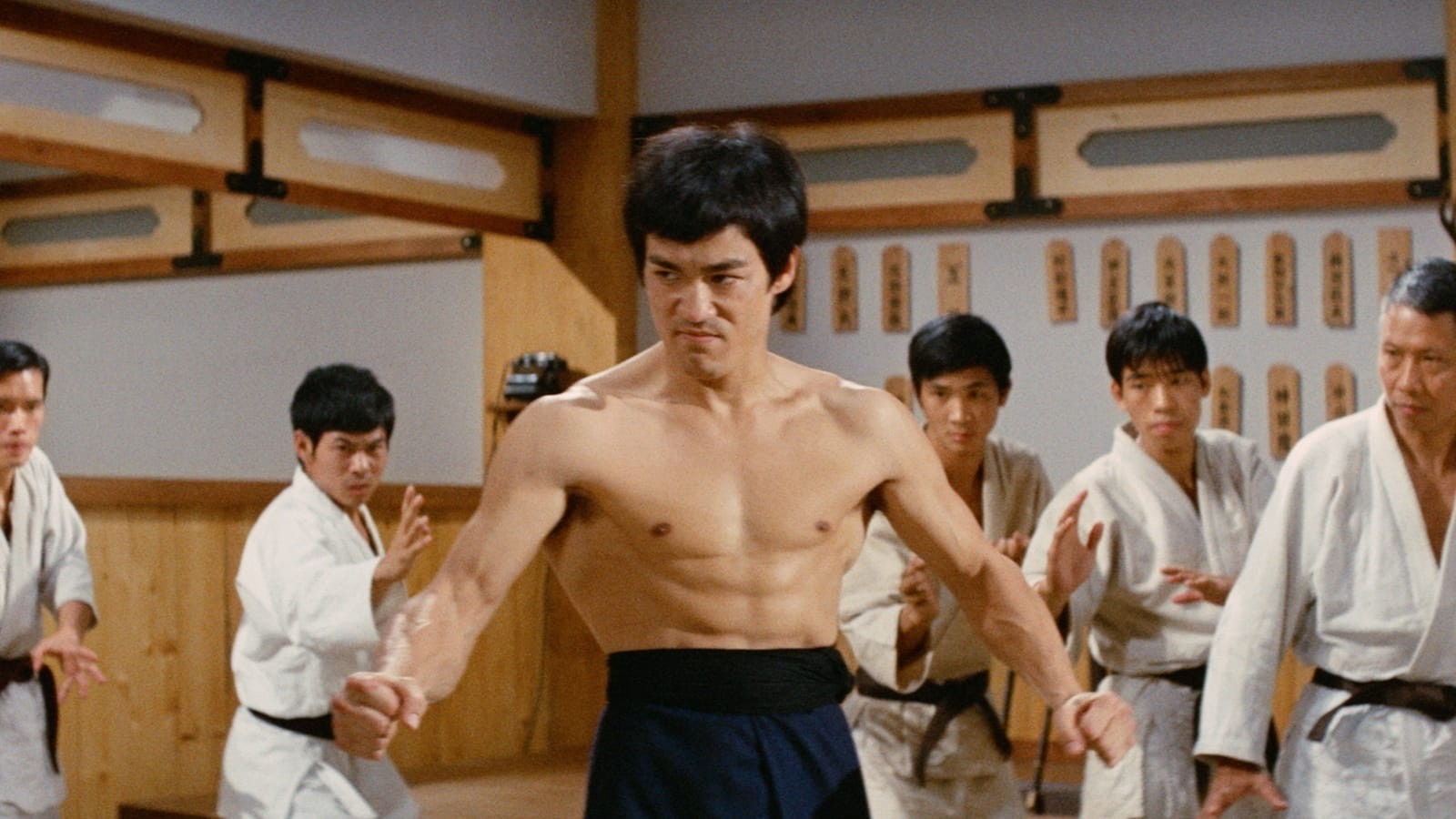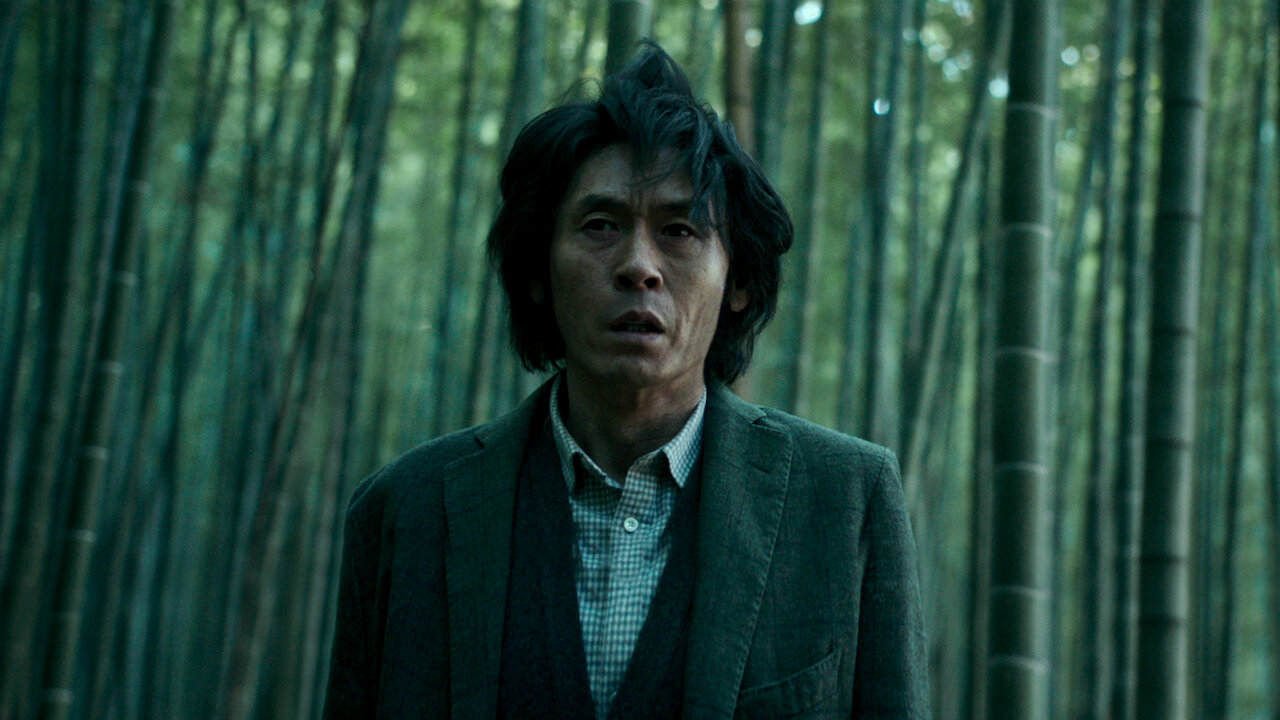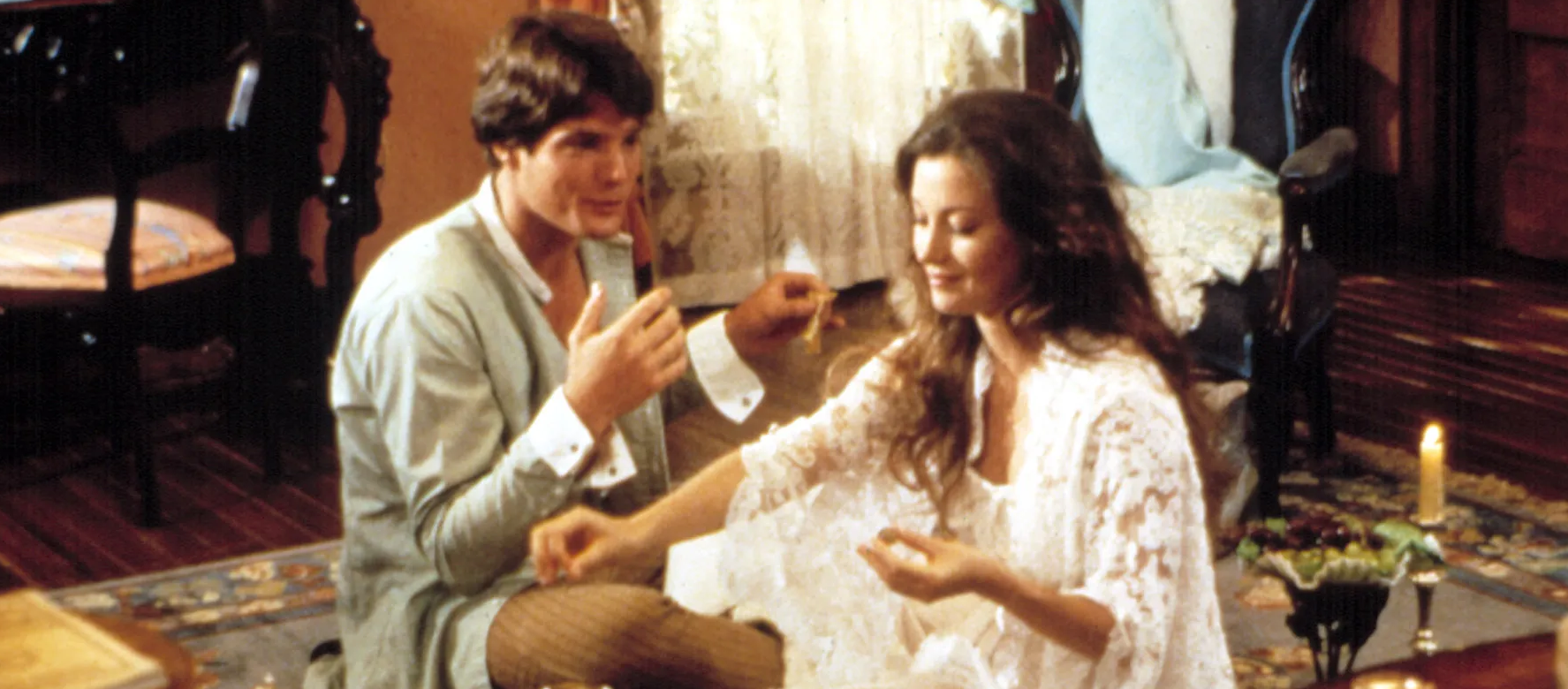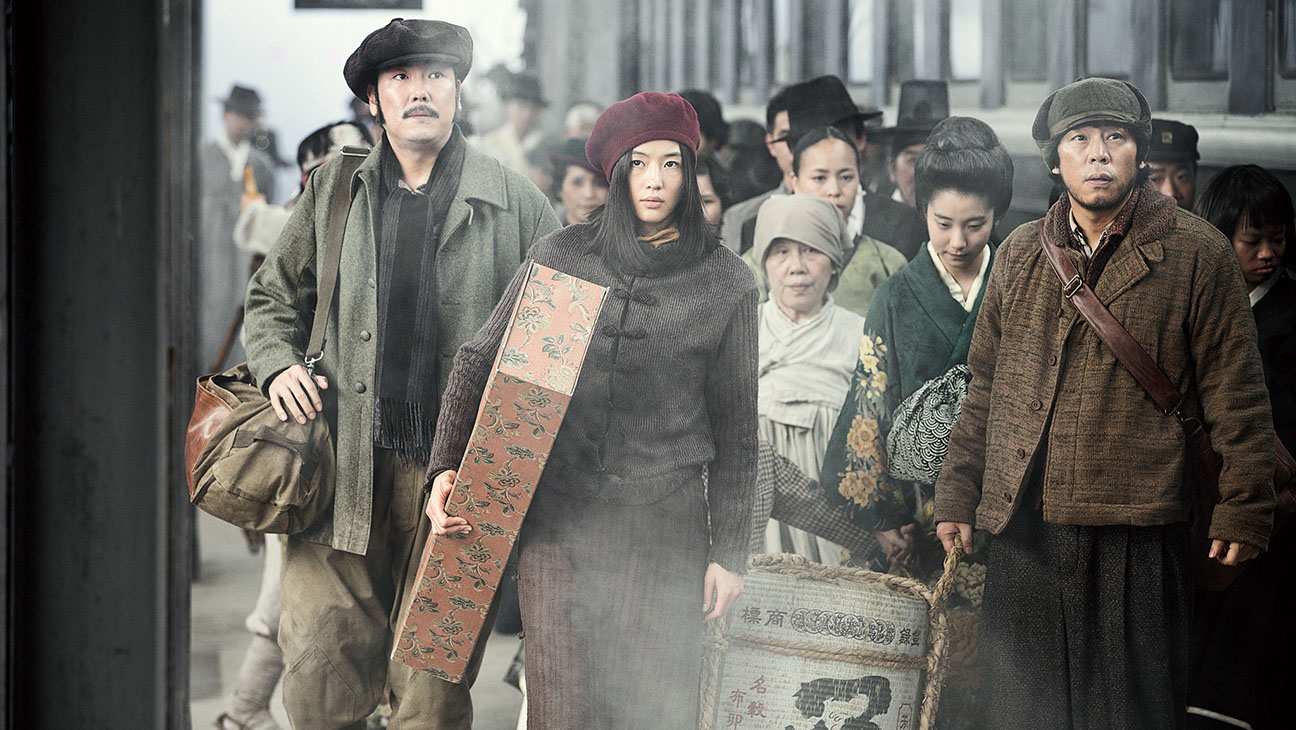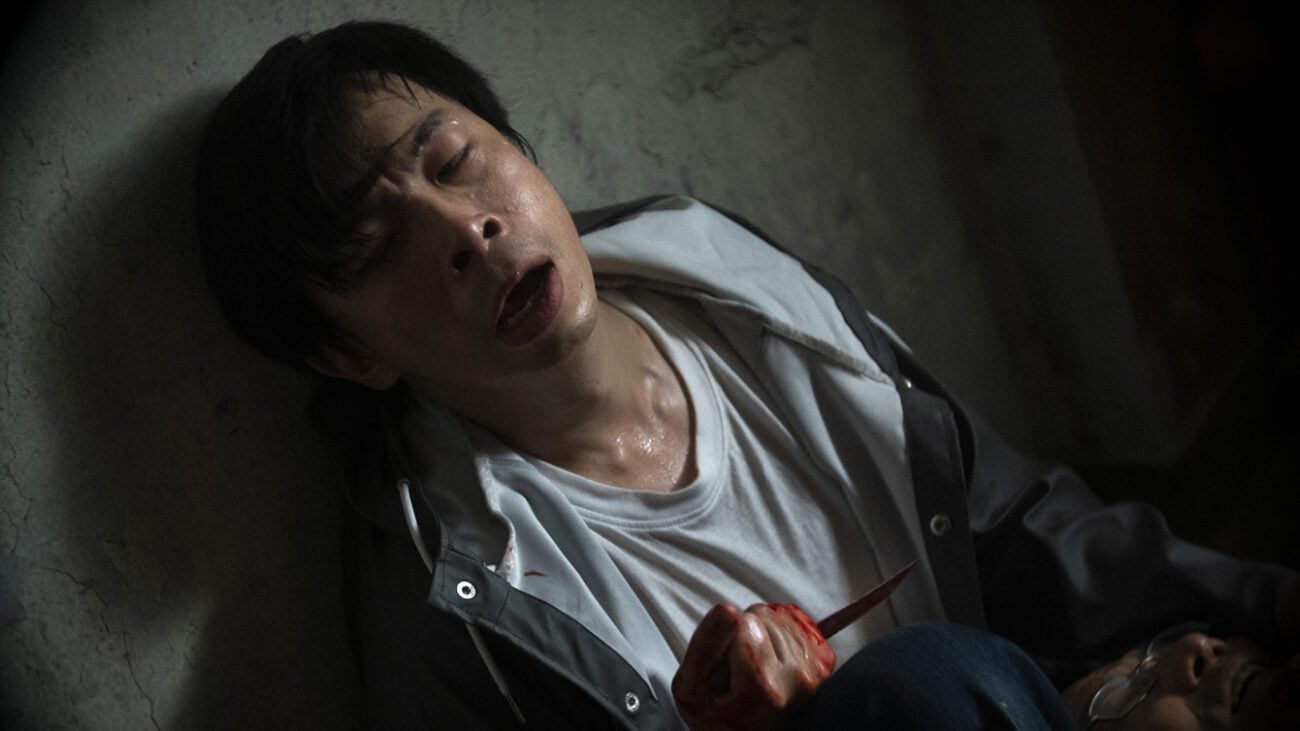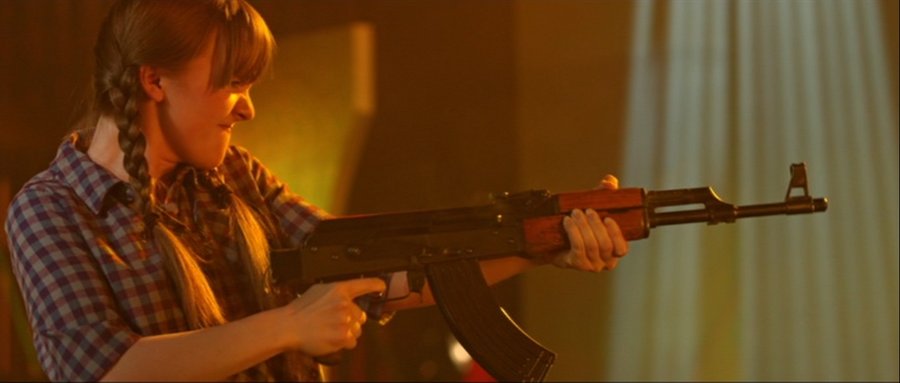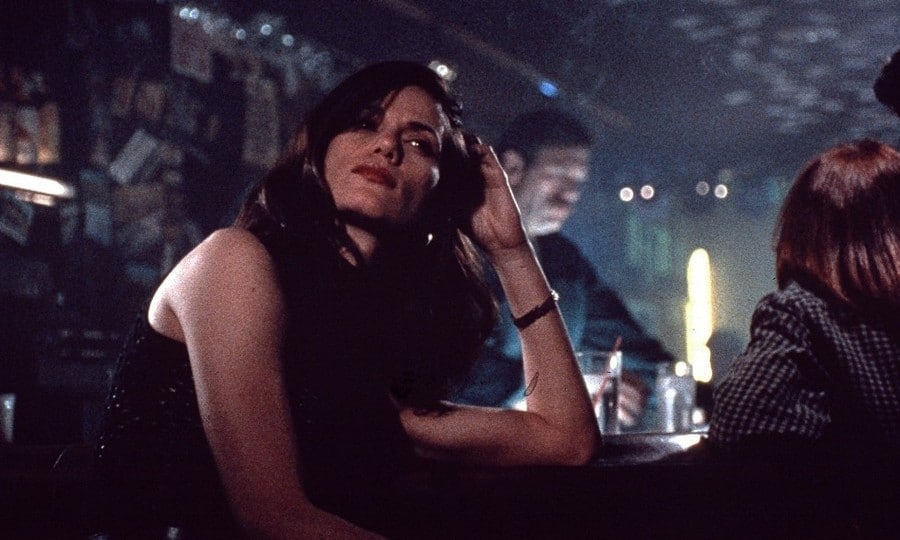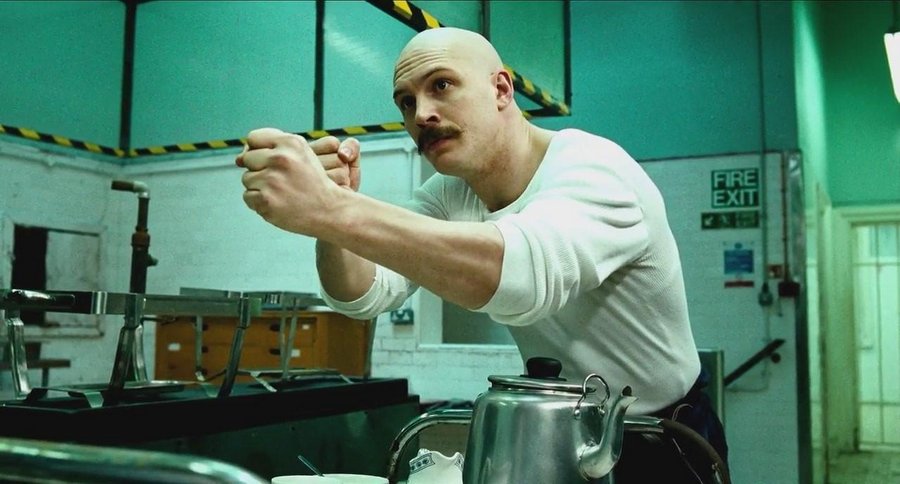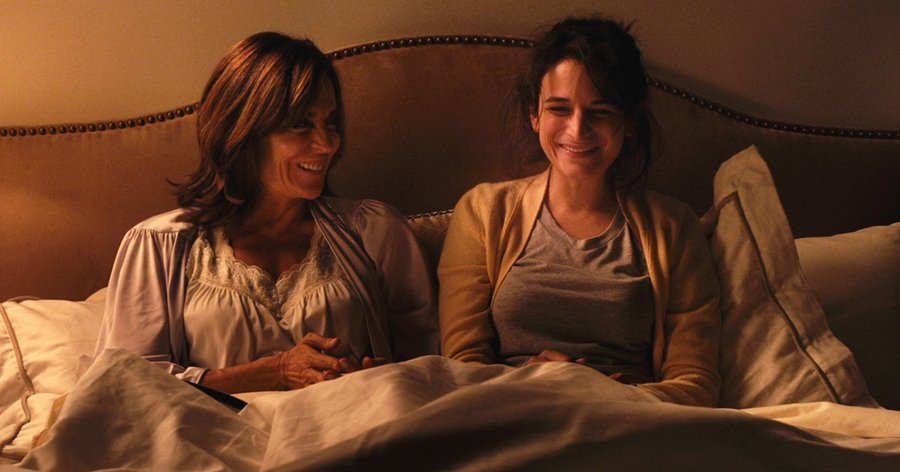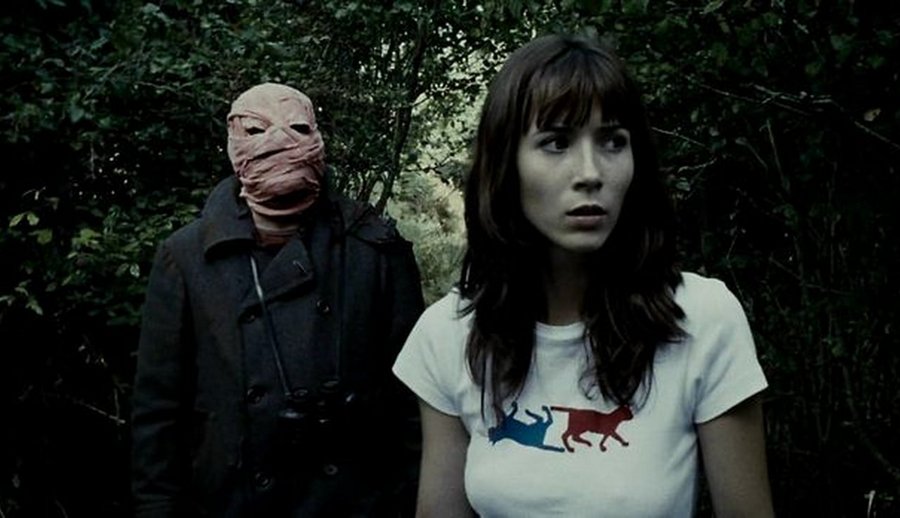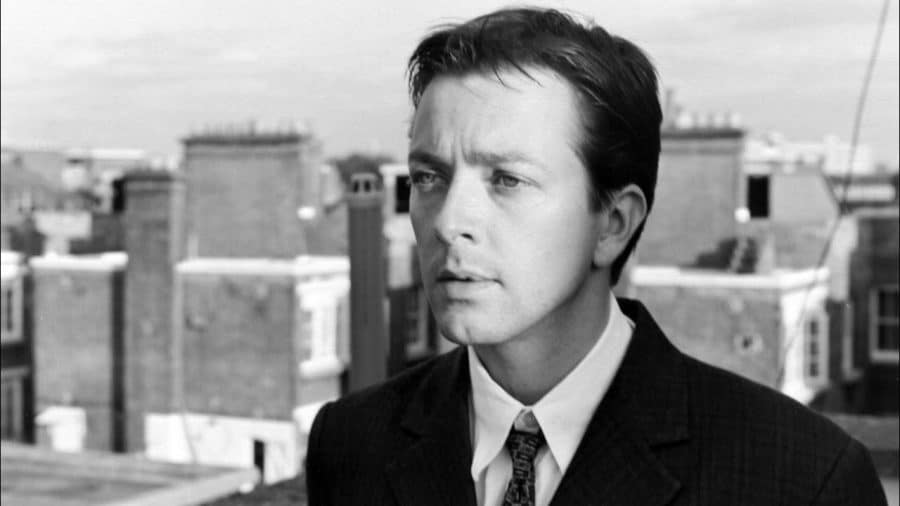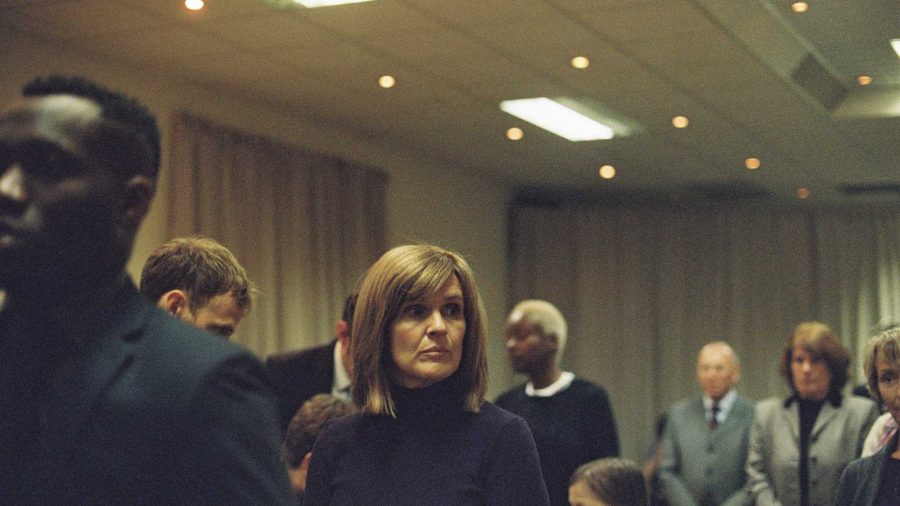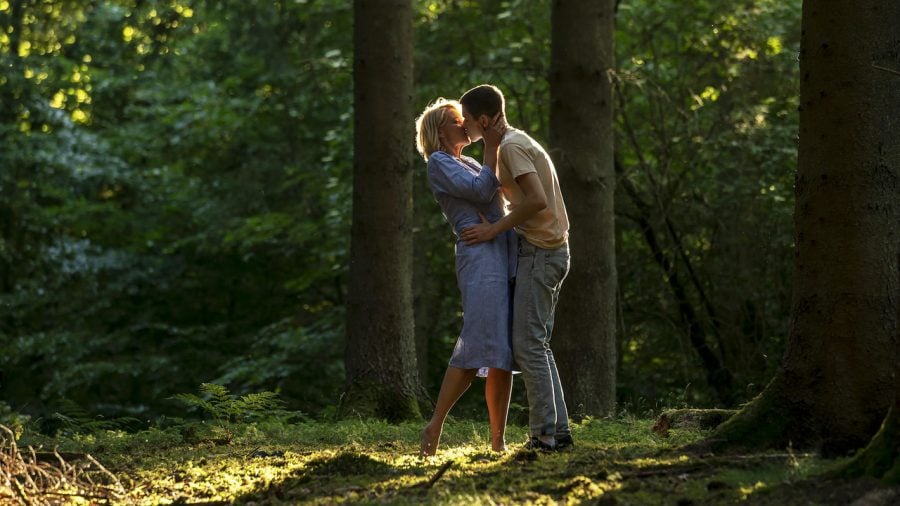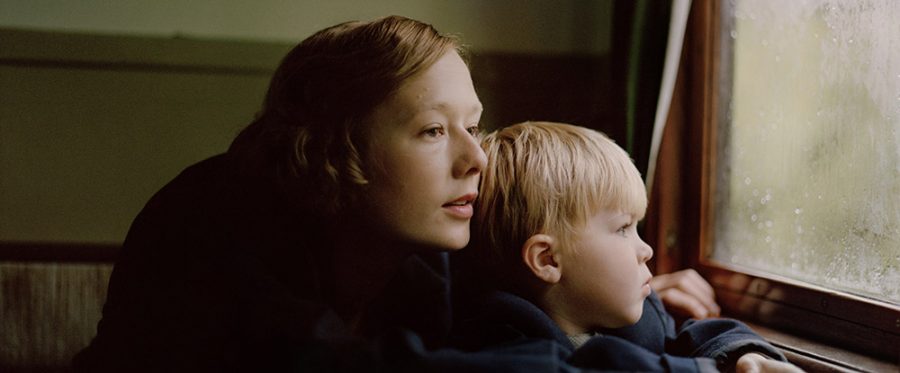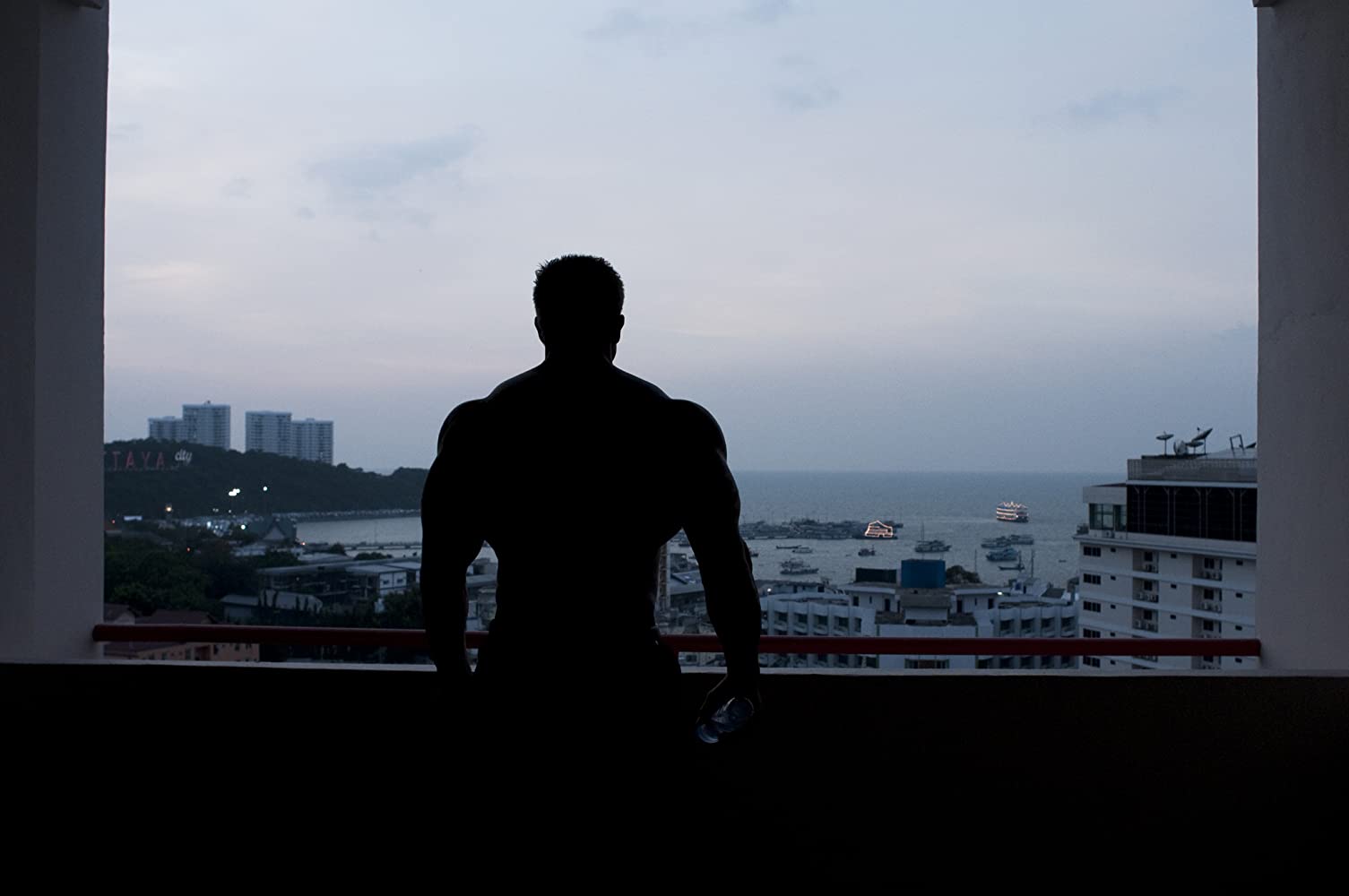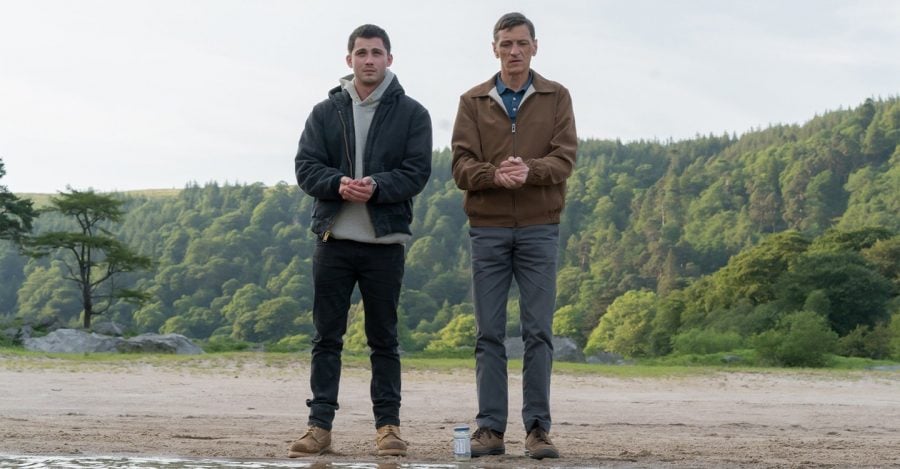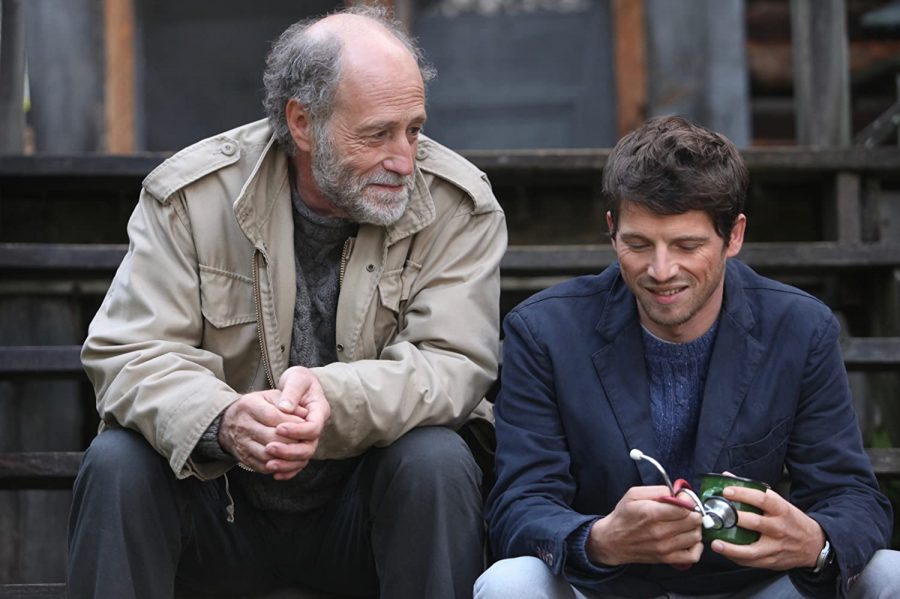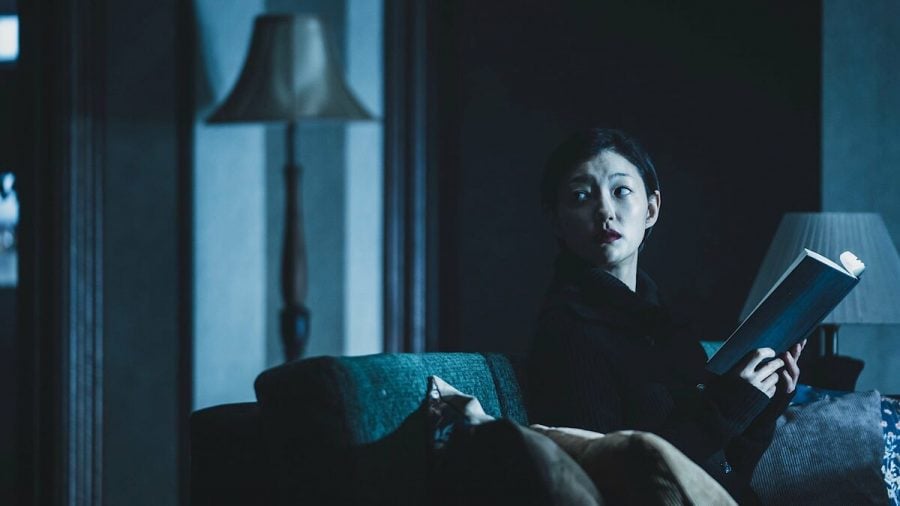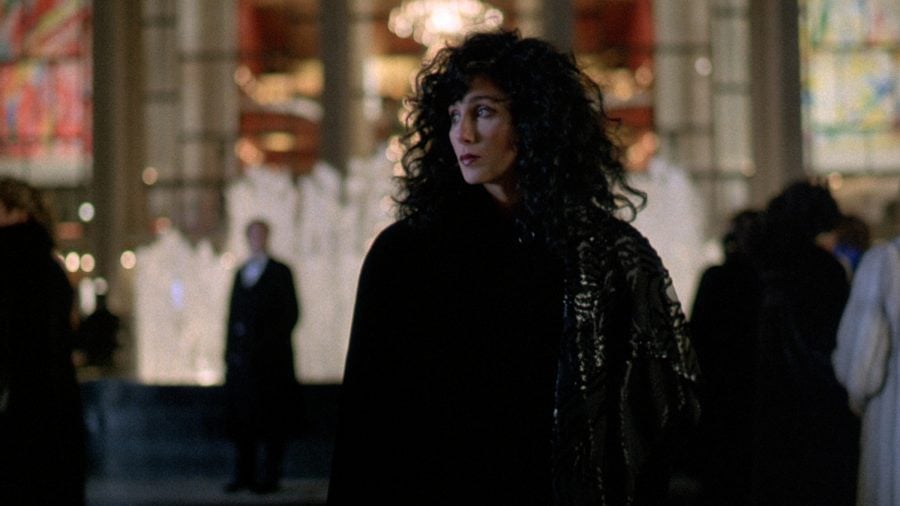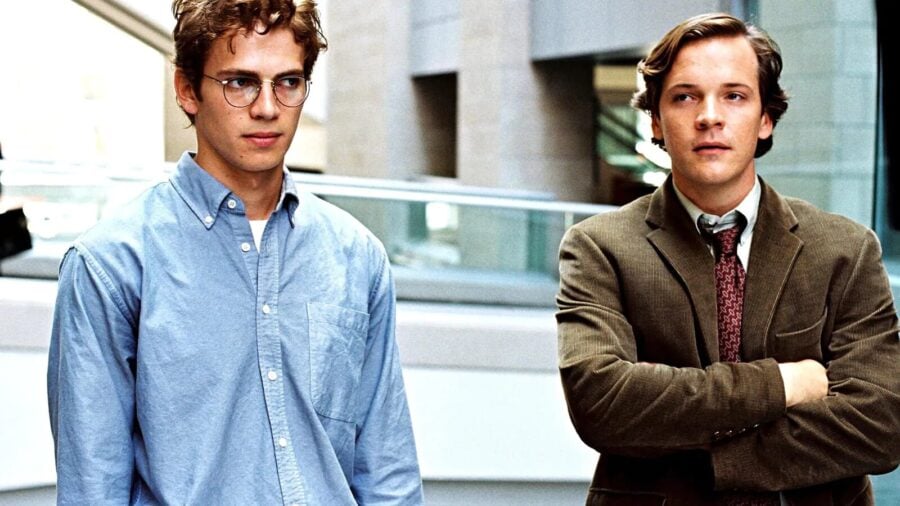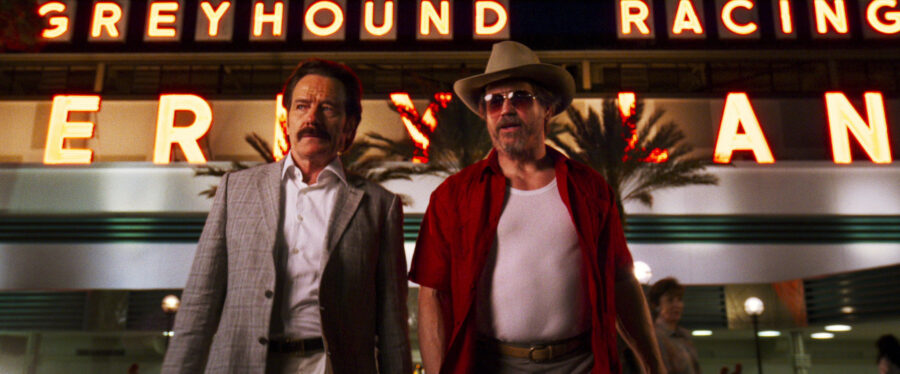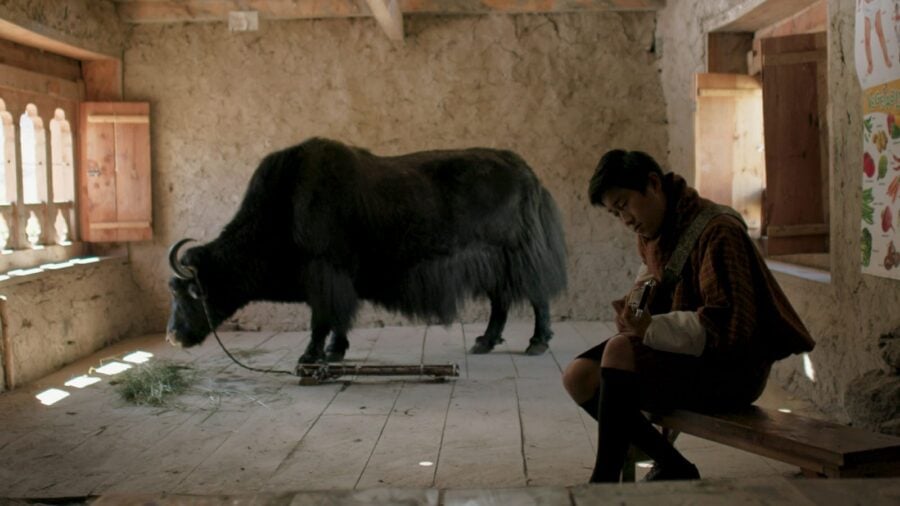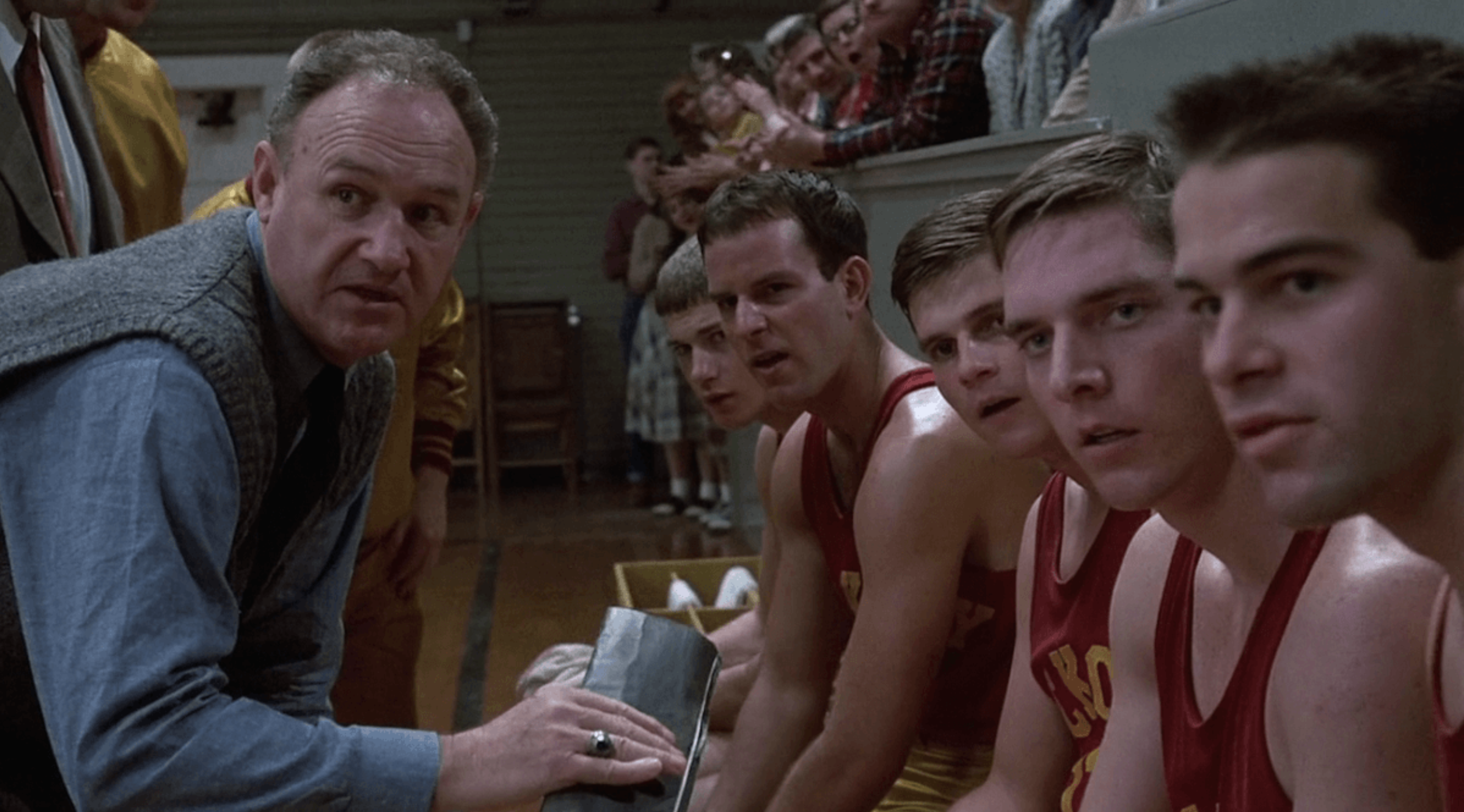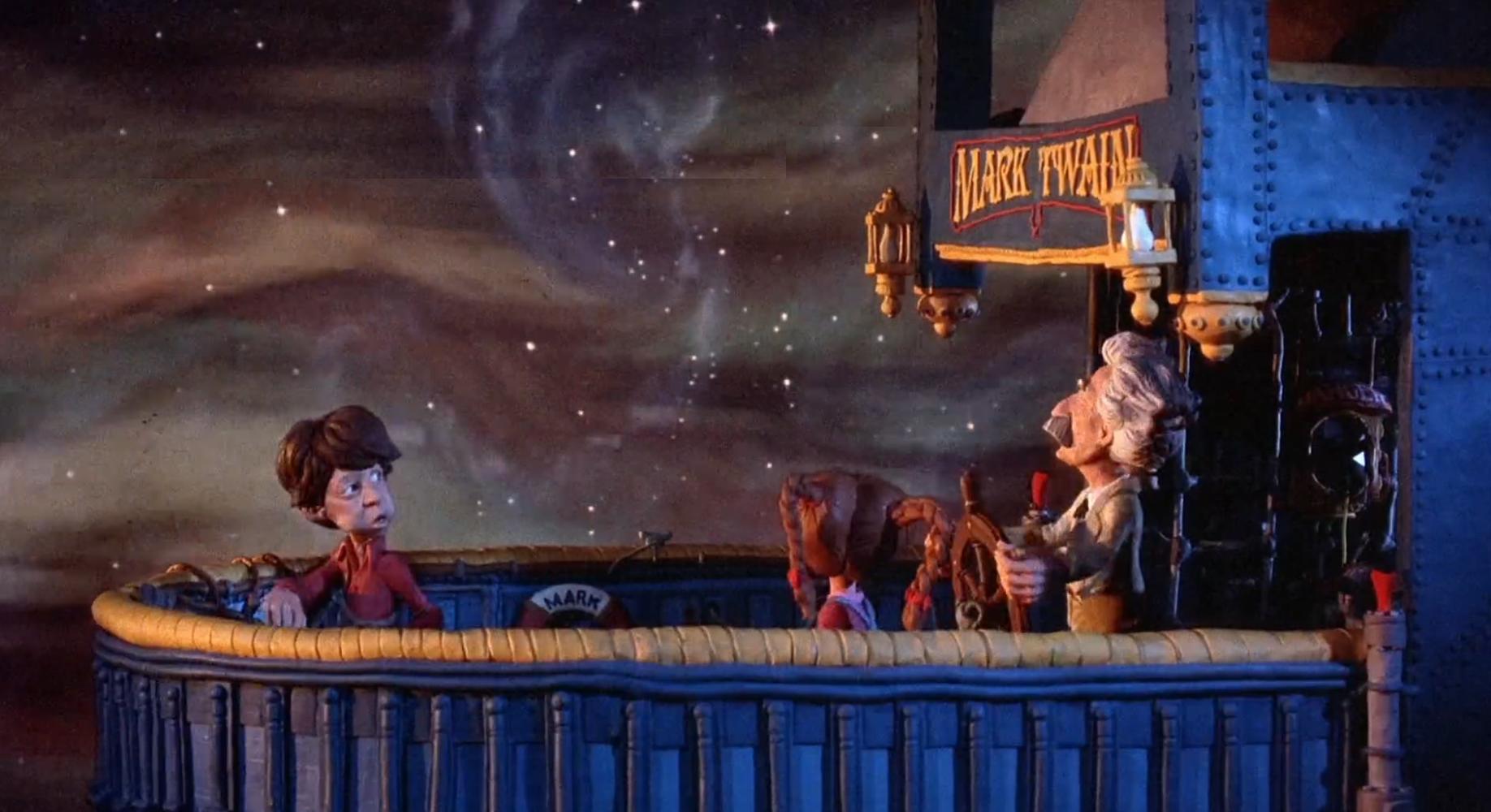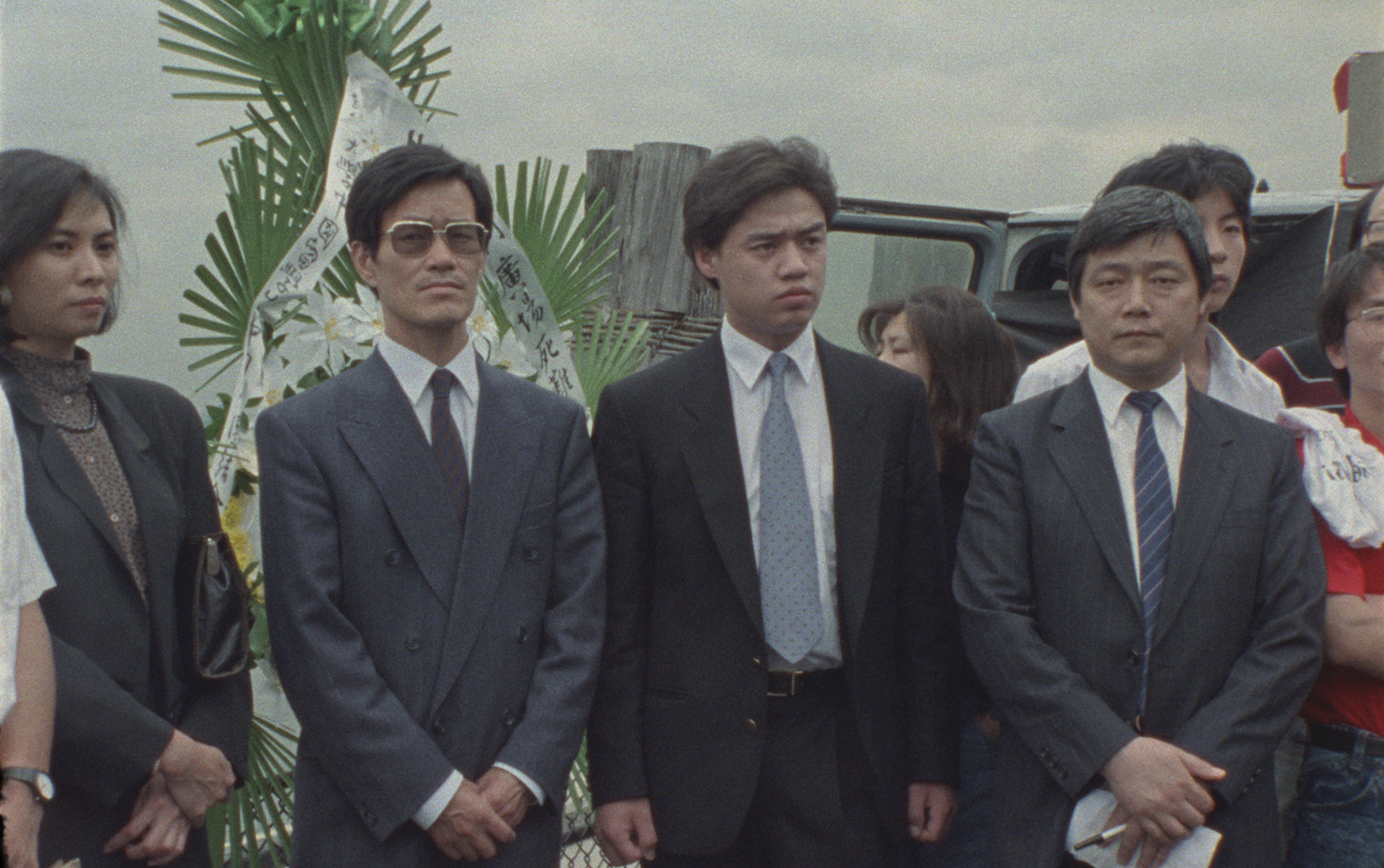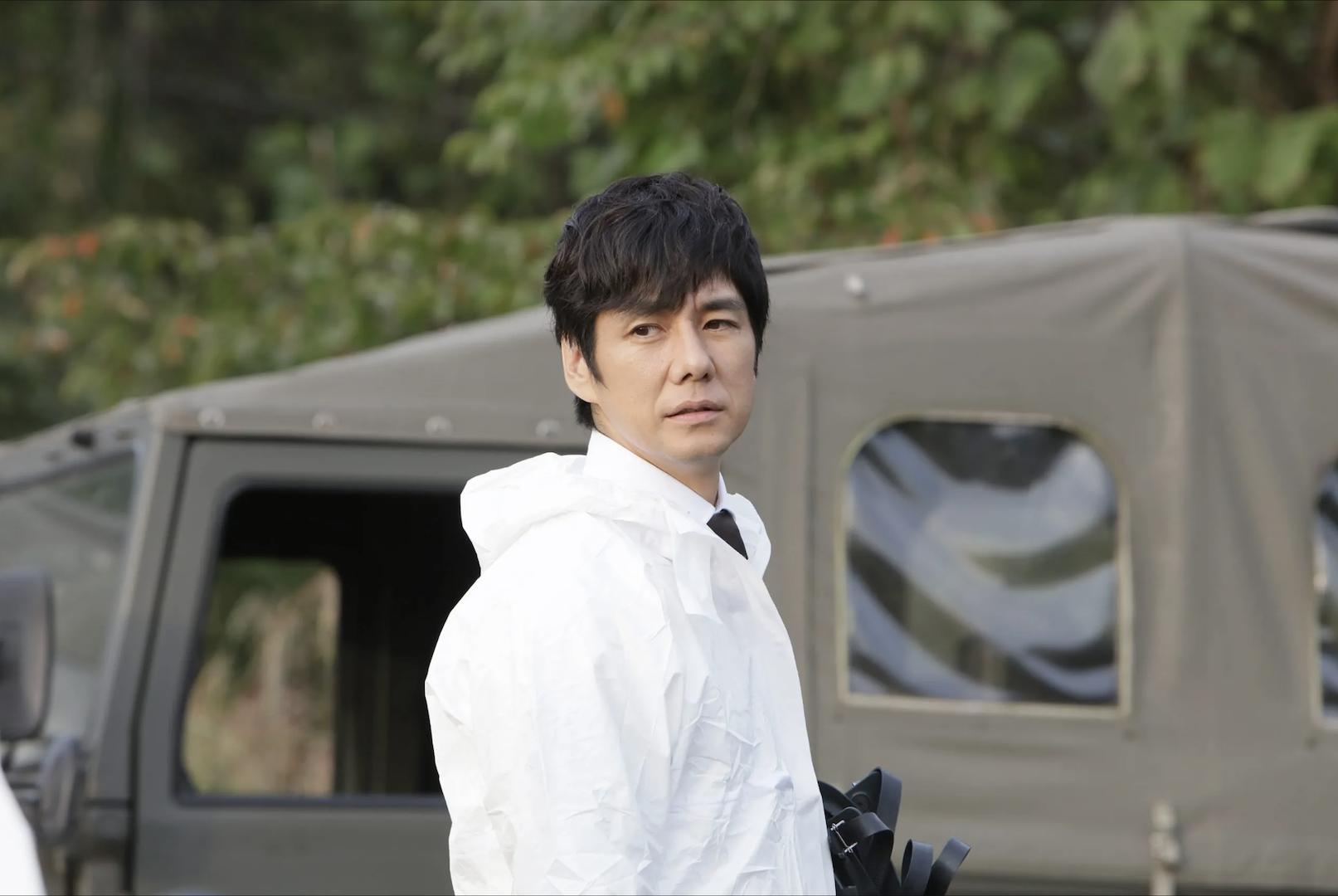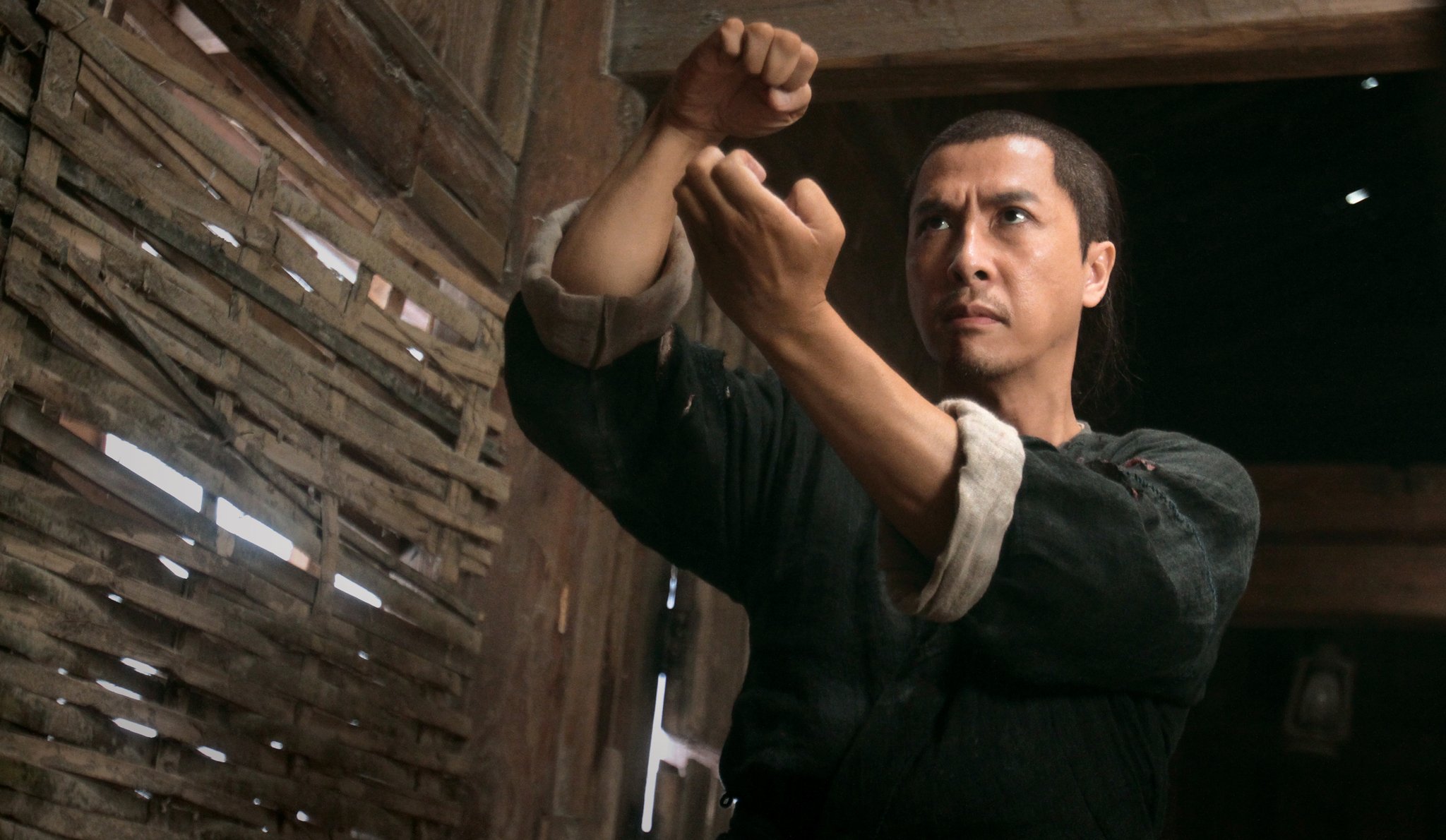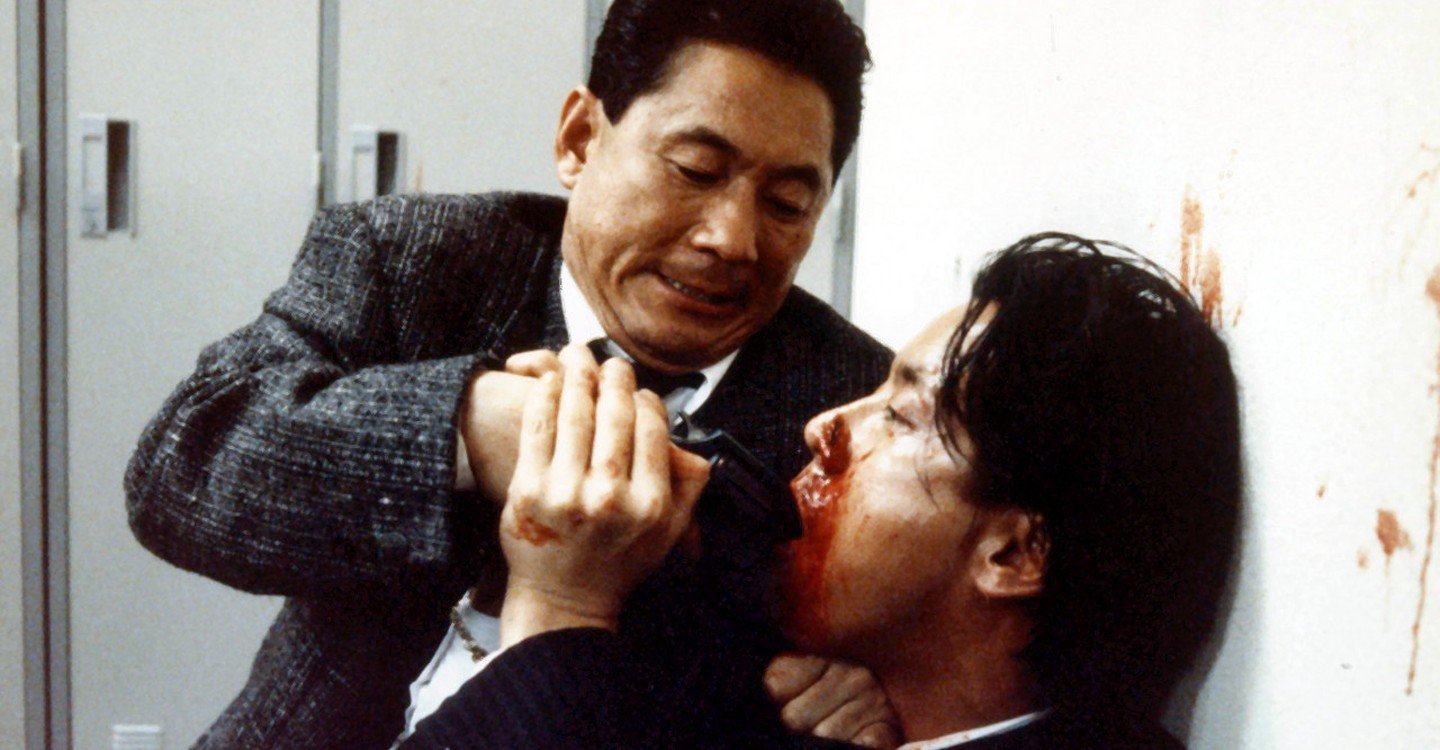The 100 Best Movies on Tubi Right Now
Tubi is very much like Netflix, except you don’t have to sign in to watch movies, and more importantly: you don’t have to pay. Tubi is ad-supported. So as long as you can stomach multiple ads stitched into the movie, then Tubi comes as a movie miracle, a treasure trove that offers some of the best cinema has to offer. Below are the best movies on Tubi that we recommend.
When it comes to fantasy anime between two races, usually there would be some sort of romance between the leads. But Maquia: When the Promised Flower Blooms does it differently. Instead, between the humans and the immortal humanoid lorph race that weaves a chronicle of their history is a mother-son relationship, with the human son set to out-age his mom. It’s a surprising heartbreak to contemplate love, mortality, memory, and greed, and it happens to be paired with downright beautiful animation that easily brings tears to the eye. While it didn’t garner similar popularity as Your Name or A Silent Voice, Maquia: When the Promised Flower Blooms nonetheless is an ambitious directorial debut with an equally bittersweet ending.
Genre
Adventure, Animation, Drama, Fantasy
Director
Female director, Mari Okada
Language
Japanese
Mood
Character-driven, Emotional, Lovely, Quirky
With numerous adaptations of the titular creature of the night, it’s inevitable that Nosferatu the Vampyre would be compared to its other versions. Nevertheless, Werner Herzog’s colored talkie version sticks close to the classic Expressionist film down to having many of the same scenes recreated beat for beat, but there’s a clear reverence to the source material here, with Herzog’s fascination towards madness easily translating the images made half a century ago into visual, hypnotic spectacles that somehow surpass the groundbreaking scenes before. Nosferatu the Vampyre will always be compared to the 1922 original, and of course, the following 2024 American remake, but Herzog makes this version his own through his signature style.
Genre
Drama, Horror
Director
Werner Herzog
Language
English, German, Romanian
Mood
Challenging, Character-driven, Depressing, Dramatic, Quirky, Thought-provoking, Weird
Martial arts is awesome, comedy is awesome, but the idea of putting them together wasn’t really explored until the late 1970s, when a young Jackie Chan made his breakthrough. One of the films he starred in was The Drunken Master, where Chan’s mischievous character goes under the tutelege of the titular teacher to fight against his father’s assassin. It’s a funny film, one that presents a different, more playful side to a real-life master, but the hilarious, perfectly choreographed fights eventually formed the foundation for Chan’s action-packed slapstick style, and even moved the entire martial arts genre into a new direction. The Drunken Master hinted at the cinema that was to come.
Genre
Action, Comedy, Drama
Director
Yuen Woo-Ping
Language
Cantonese
Mood
Action-packed, Funny, Grown-up Comedy, No-brainer
Given the time period, it’s easy to see The Teacher as a satirical critique of the communist regime. Through the parent-teacher conference in a small high school, director Jan Hřebejk depicts a community shaken by the placement of a new teacher aligned with the Party. The new hire in question is nasty. While outwardly amiable, the subtle way she tries to extract favors, from simple repairs to hard-to-get medicine, feels terribly slimy as the kid’s grades are held in the balance. Zuzana Mauréry balances that two-faced dynamic with excellent skill, making her character someone we’d love to hate. And it all culminates into an intriguing ending that proves that while corruption has flourished under the regime, the following administration hasn’t done much to address it. The Teacher is a hilarious black comedy that isn’t afraid to bite.
Genre
Comedy, Drama
Director
Jan Hřebejk
Language
Russian, Slovak
Mood
Challenging, Discussion-sparking, Grown-up Comedy, Intense
Anthology films aren’t for everyone, but it’s a fitting choice for 4 Moons. With each moon phase representing the stage in the couples’ respective relationships, the film gets to explore gay relationships in such a comprehensive way, creating a bird’s eye view of how lovers like the couples in the film live and love. It’s a great way to normalize these relationships across generations. That being said, some viewers, like myself, find the intercuts between each couple a bit distracting due to the tone shifts and the way some stories are better developed than others. Still, 4 Moons is worth watching for its thoughtful portrayal.
Genre
Drama, Romance
Director
Sergio Tovar Velarde
Language
Spanish
Mood
Discussion-sparking, Emotional, Slice-of-Life, Thought-provoking
Vivid, sweeping landscapes surround the simple beauty of a Mongolian family navigating the pressures of globalization while still practicing their traditional nomadic lifestyle. Ostensibly it’s about the charming, captivating relationship that forms between a young girl, Nansal, and a dog that she finds. However, the magic of this slow, enthralling film is that it captures the brilliance of familial relationships and power of culture and stories through this simple backdrop. And it is a simple film; everything you can learn from this film comes through its gentle storytelling that invites you to recognize the beauty and profundity that exists in everyday lives.
Genre
Drama
Director
Byambasuren Davaa, Female director
Language
Mongolian
Mood
Lighthearted, Lovely, Slow, Warm
Fed Up is an American Documentary film that will make you realize at least one of two things: sugar is a different form of evil or, the food the mass consumes, no matter what it may be, likely contains high amounts of sugar – and to be quite honest, there’s nothing scarier. Dubbed as the earthshaking truth the food industry doesn’t want you to see, this chronicled news report is an exploration of the implications and repercussions of careless food consumption and production that eventually leads to America’s most dangerous statistics, such as obesity, diabetes, high blood pressure, and other ill-health outcomes.
Genre
Documentary
Director
Female director, Stephanie Soechtig
Language
English
Mood
Instructive, Smart, Thought-provoking
This movie is pretty much in every regard a Norwegian Kill Bill. It’s a dark gory comedy where, naturally, the substitute for Uma Thurman doing damage is an emotionless Stellan Skarsgård.
After his son is killed by a drug gang, Skarsgård’s character, fresh off a win of a “citizen of the year” award, embarks on a ruthless journey to track and kill the murderers. This takes place in one of the most remote areas in Norway, where the main character works as a snowplow driver. You guessed it, some people will get snowplowed.
Seems familiar? That’s because this year it was turned into a horribly sub-par American movie called Cold Pursuit, with, ugh, Liam Neeson.
Genre
Action, Comedy, Crime, Thriller
Director
Hans Petter Moland
Language
Danish, English, German, Norwegian, Serbian, Swedish
Mood
Action-packed, Dark, Weird
A simple movie about a Scottish country singer with a dream to go to Nashville, U.S.A and reach stardom. It starts with her leaving prison to return to her mom’s house, where her kid was being raised in her absence. Heavy stuff, but this girl is determined to let nothing get in the way of realizing her dreams. Will she make it? At what cost? Wild Rose answers those questions with a warm script that’s designed to make you feel good without completely misleading you. Think of it as a more grounded A Star is Born.
Genre
Comedy, Drama, Music
Director
Tom Harper
Language
English
Mood
Easy, Feel-Good, Inspiring, No-brainer
Jia Zhangke (who NPR critic John Powers once called “perhaps the most important filmmaker working in the world today”), directed this movie based on the story of a gangster he knew while growing up.
And he is far from being the only noticeable talent here. Actress Tao Zhao shines as a character called Qiao, a dancer who infiltrates the crime scene in Northern China by way of her boyfriend (the gangster). When a boss leader is assassinated, Qiao finds herself in jail after she refuses to incriminate her boyfriend.
This is a gangster movie but it’s also about how Qiao processes her time in jail and what she does once she gets out. It serves more as a character study and a picture of modern-day China.
Genre
Crime, Drama, Mystery, Romance
Director
Jia Zhang-ke, Jia Zhangke, Zhangke Jia
Language
Mandarin
Mood
Original, Smart
John Boyega, Algee Smith, and John Krasinski star in this difficult portrayal of the Detroit 1967 riots, the biggest civil unrest in American history before the 92 L.A. protests. A murderous cop, a band on the verge of breaking big, and a hard-working security guard find their fates intertwined by the events that took place that summer. Detroit blends real-life images with its storytelling. It would be a perfect movie if it wasn’t for a scene in which the police brutalize young Black men for finding them in a hotel with two White girls. This scene, while a necessary part of the story, is overstretched and feels almost sadistic, more so because the film was made by a White director, Kathryn Bigelow.
Genre
Crime, Drama, History, Thriller
Director
Female director, Kathryn Bigelow
Language
English
Mood
Depressing, Intense, Tear-jerker, Touching, True-crime
Welcome to the Dollhouse tells the story of Dawn, an unpopular seventh-grader mercilessly bullied at school and ignored at home. Her day-to-day is painful to watch; her classmates make fun of her, her teachers never believe her, and her parents punish her, blatantly favoring her other siblings over her. But all this she puts up with, as if going through the murky in-between stage that is adolescence isn’t confusing enough. Dawn finds no respite elsewhere, except perhaps in her friend Ralphy (another target of bullying) and her crush, the high schooler Steve.
A Sundance jury winner back in ’96, Welcome to the Dollhouse is as darkly funny as it is grim. It takes on a deadpan approach in handling its more serious topics; it doesn’t make fun of them so much as it shines them in a new and blinding light. It’s difficult to look away from this frank and well-balanced film; a sure good watch for anyone curious to know what it’s really like to be a teenage loner.
Genre
Comedy, Drama
Director
Todd Solondz
Language
English, Hungarian
Mood
Character-driven, Dark, Depressing, Discussion-sparking, Dramatic, Grown-up Comedy, Quirky, Slice-of-Life, Weird
Though it’s still very much a product of a time of certain jokes that haven’t aged well, it’s still remarkable how the humor and the satirical edge of this mockumentary has remained so current. As a very-low budget mockumentary of a still-young American hip hop scene, there’s so much more effort that goes into these fake songs and music videos than you’d expect. But the film doesn’t stop at simply poking fun at the rappers and hip hop artists of the era; the jokes always circle back around to the racism of the time and the self-seriousness of the culture in the music industry. It’s a hilarious time capsule with some brutally incisive lines in practically every scene.
Genre
Comedy, Mockumentary, Music
Director
Rusty Cundieff
Language
English
Mood
Funny, Grown-up Comedy, Weird
Tied together by a song that seems to drive people to end their own lives, Gloomy Sunday’s tale of polyamorous love torn apart by the advent of the Second World War is one that doesn’t operate according to your usual narrative structure. Its stranger elements might not always work with the very real horrors of the Nazis’ invasion of Hungary, but the film still expresses this horror in a unique way. Even long before the war begins, this song that joins our three lovers together seems to touch on a sense of doom everybody is feeling—warning signs of Hitler’s rise to power that ordinary people seem to have been powerless to stop in time. It’s certainly unique for a non-action-driven war film, bathed in tragedy and bitter irony.
Genre
Drama, History, Romance, War
Director
Rolf Schübel
Language
English, German, Hungarian
Mood
Depressing, Romantic, Thought-provoking
At first glance, The Madness of King George seemed like a history lesson about King George III. Like plenty of British royalty dramas, the film has all the opulent trappings in its sets and costumes, as well as some of the best actors from the British isles. However, unlike other depictions of the monarchy, the film depicts the king not as a benevolent ruler or oppressive tyrant– instead, King George III is terribly human, with his memory failing, being unsettled by loss, and concern over his health, which involves having to look at his urine. But the historical satire, based on the 1991 stage play, still manages to have the same mockery towards the opportunistic court, while still retaining sympathy for the very nobility it mocks, through original playwright Alan Bennett’s adept writing, as well as the excellent performance of the stacked ensemble cast.
Genre
Comedy, Drama, History
Director
Nicholas Hytner
Language
English
Mood
A-list actors, Challenging, Character-driven, Funny, Grown-up Comedy, Thought-provoking, True-story-based, Warm, Well-acted
The Western had its heyday in the 60s, but the decades have proven that there’s still stories from the deserts that we haven’t heard yet, and gems that twist the genre on its head. The Proposition is a unique Western, being from the East, in Australia where the Brits have started to form colonies. As the British Empire builds society, and the police start to enforce the King’s justice, writer Nick Cave and director John Hillcoat crafts a bloody tale, where promises between men are betrayed for the State, where vengeance can only be met through brutality, and where the line between civility and savagery is drawn and moved by the will of an angry majority. The Proposition is quite violent, but it’s performed well, scored by a moody, moving soundtrack, and it surprisingly contemplates Australia’s bloody past.
Genre
Action, Adventure, Crime, Drama, Thriller, Western
Director
John Hillcoat
Language
English
Mood
Action-packed, Challenging, Character-driven, Dark, Discussion-sparking, Dramatic, Gripping, Intense, Suspenseful, Thought-provoking, Thrilling
The bond between parent and child is fundamental to the child’s life, but not necessarily the other way around. Even when the parents chose to have them into their lives, the child will always live within the parent’s context, not the other way around. Based on a book by Christine Angot, An Impossible Love is centered on that relationship, with the daughter reckoning with her parents’ love story through narration, reckoning with the betrayals both of them have done onto her. It’s a risky story for writer-director Catherine Corsini, one she made picturesque and nostalgic with period-accurate production design, but behind the beautiful scenery lies the emotionally touching exploration of this difficult dynamic, made much more heartbreaking with Virginie Efira and Jehnny Beth’s excellent performances.
Genre
Drama, History, Romance
Director
Catherine Corsini, Female director
Language
French
Mood
Challenging, Character-driven, Dark, Depressing, Discussion-sparking, Dramatic, Emotional, Slice-of-Life, Touching, Well-acted
We mostly think of objects as just stuff to buy, to sell, to give, and to throw away, but for many musicians, their instruments are quite important to them. The Red Violin takes it to the extreme– with the titular instrument infused with the life force of a human– but the film justifies this passion, the pain, and the cost through one of the most beautiful violin scores ever made, and through an ambitious series of vignettes spanning across four centuries and five countries. As the object passes hands, and the owners live, and play, and die, The Red Violin suggests that while these artists’ lives are fleeting, there’s still something human and important in chasing the sublime, and this instrument is just proof of it.
Genre
Drama, Music, Mystery, Romance, Thriller
Director
François Girard
Language
English, French, German, Italian, Mandarin, Spanish
Mood
Dramatic, Emotional, Intense, Lovely, Raw, Thought-provoking, Touching, True-story-based
In response to violence, some people consider aggression as the only solution, especially in a place that cannot rely on institutions– fighting fire with fire, but fighting for the good. Tyrannosaur depicts a British town with men that only operate on a mix of this idea, but this rage becomes relentless, unceasing, and never lies to rest, oftentimes at the expense of those more vulnerable around them. The debut feature from indie anti-hero actor Paddy Considine is downright depressing and it’s not an easy watch, but there’s no denying that Tyrannosaur feels incredibly personal and the stellar performances from the three leads makes this bleak drama so compelling to watch.
Genre
Drama, Romance
Director
Paddy Considine
Language
English
Mood
Challenging, Character-driven, Depressing, Discussion-sparking, Emotional, Intense, Raw, Slice-of-Life, Thought-provoking, True-story-based, Well-acted
Before you say it, yes, Kenneth Branagh’s 1993 adaptation of the same Shakespeare play is brilliant. But it can also be true that Joss Whedon’s version is brilliant, albeit in a different way. Where the former is colorful and epic in scale, the latter is modest and intimate, not to mention closer to our time so it feels more relatable. Shot over a weekend in Whedon’s house using only natural light and his favorite collaborators, this homegrown version could’ve been amateurish and clumsy in lesser hands. But under Whedon’s helm, it feels effortlessly joyous and cooly modern. There’s more skin, for one, and backstories for another. But importantly, Whedon retains Shakespeare’s lyrical dialogue, and the effect is astounding. It sounds like it should be difficult to understand, but the lived-in performances, location, and scenarios (like sneaking out of a one-night stand) feel so familiar and grounded that the words do so too. It’s as natural as any language used in love and life.
Genre
Comedy
Director
Joss Whedon
Language
English
Thirteen Lives is a taut, no-nonsense film that smartly forgoes dramatizing an already well-known case and, instead, hones in on the excruciating but impressive ordeal that is rescue diving. The divers are played by Viggo Mortensen and Colin Farrell, both of whom are convincing in their expertise and heroism. But this isn’t to say this story is theirs. Howard does well to center the narrative on the locals and even makes use of their language, Thai, for most of the film’s run. It’s as sensitively told as it is genuinely gripping.
Genre
Drama, Thriller
Director
Ron Howard
Language
English, Thai
Mood
A-list actors, Inspiring, True-story-based
Given that it is a modern day, colored film remake of a classic, Hara-Kiri: Death of a Samurai was always going to be compared to the 1962 film, especially since it’s considered one of the greatest Japanese films of all time. Admittedly, there’s not a lot added aside from the 3D filming, and for fans of director Takashi Miike, the remake is much more restrained than his other films. However, Nobuyasu Kita’s cinematography is striking, Ryuichi Sakamoto’s score is impeccable, and the performances still deliver on the film’s contemplation of honor, sacrifice, and the self-interest of the elite. Hara-Kiri: Death of a Samurai doesn’t compare to the classic, but it’s nonetheless a decent introduction for the generations that missed the original story.
Genre
Drama, History
Director
Takashi Miike
Language
Japanese, Spanish
Mood
Character-driven, Depressing, Gripping, Intense, Slow, Touching
Bad Boy Bubby is not an easy watch. Within the first ten minutes, the indie drama seemed to be one of those films created only to provoke the viewer, and not much else. We won’t deny that the intro is provocative– in fact, we’re warning you outright that it includes domestic violence, abuse towards the disabled main character that’s implied to have started since childhood, and the killing of a cat– but with such a harrowing introduction, Bubby being thrown into the wider world actually becomes something optimistic. His escape is written to be full of possibilities, the possibilities that we ordinary folk take for granted, but possibilities nonetheless. There’s nowhere to go but up, for him. Writer-director Rolf de Heer matches this unusual characterization with unusual style, with 30+ cinematographers shooting with different styles as Bubby learns from each person he meets, and with the binaural audio recorded to simulate what Bubby would actually hear. It makes for a very weird, experimental film, but Bad Boy Bubby also reveals to be a surprisingly hopeful drama that celebrates the goodness of ordinary life.
Genre
Comedy, Crime, Drama
Director
Rolf de Heer
Language
English
Mood
Challenging, Dark, Depressing, Discussion-sparking, Intense, Original, Raw, Thought-provoking
At first, Little Forest seemed to just be a gentle film extolling the beauty of the countryside. Many a story has been based on that idea, and sure enough, the film does have aesthetic, gorgeous shots of the orchard, the lake, and the garden Hye-won ran back to, albeit with much more delicious food making scenes. But, as we get to learn more about her, the script subtly unfolds to reveal a personal family drama at the center. Moving back home, therefore, isn’t just to take a vacation– it becomes a meditative break for Hye-won to recreate, and thus, understand the choices her mother made, and it becomes a potent reminder of not just the pain, but also the good things that she left behind. Little Forest has plenty of the familiar countryside virtues of self-sufficiency, mindfulness, and community, but it approaches these themes in a more compelling way.
Genre
Drama
Director
Female director, Yim Soon-rye
Language
Korean
Mood
Easy, Feel-Good, Heart-warming, Lovely, Raw, Slice-of-Life, Warm
Going by the Book is quite absurd. Of course, most people would understand not to take an assignment like this too literally, so when this deadpan, fastidious cop does so, it brings this mere simulation into an unpredictable, fascinating situation. It’s so funny. The film leans into the humor by depicting the horrifying possibility before pulling the curtain to the silly actions he actually does. It’s a clever concept that pokes fun at his colleagues’ complacency, as it highlights the gap between the needs of a situation and how unprepared institutions are to meet it, as well as how rules are made and practiced. While not as fast-paced as the original, Going by the Book is a hilarious thriller comedy that’s so fun to watch.
Genre
Action, Comedy, Crime
Director
Hee-chan Ra, Ra Hee-chan
Language
Korean
Mood
Dramatic, Funny, Grown-up Comedy, Thrilling
Has there ever been a romance film more iconic than Love Affair? Modern moviegoers might find the plot a tad simple, the scenes too reliant on dialogue, and the pace a bit slow, but this film is a classic for a reason. Love Affair works through good ol’ fashioned chemistry. It’s easy to credit this dynamic through the performances, which, yes, Irene Dunne and Charles Boyer deliver. But this dynamic was helped by the writing, with its natural slow build, great structure, and a relaxed demeanor that could only come about on vacation. It’s what makes the initial spark believable, and it’s so satisfying to prove that spark to be worth it when they continue to think the best of each other even when they have reason to believe otherwise. While its remake An Affair to Remember surpassed it in popularity, Love Affair still stands the test of time, setting the standard for all romance films to follow.
Genre
Drama, Romance
Director
Leo McCarey
Language
English, French
Mood
Lovely, Romantic, Sweet, Tear-jerker, Well-acted
Finding a date to a wedding is a familiar romcom premise, so it seemed like A Date for Mad Mary would go the same route. That is, Mary would try to find a date, to no avail, because the one who’s truly meant to be with her was in front of her the whole time. At first, the film does follow the same beats, except that Mary just got released from prison. However, when she realizes who she truly has feelings for, the film moves into a refreshingly unexpected path. The movie doesn’t offer the usual reasons romcom leads can’t get a date, instead, it pushes Mary to re-examine the friendships that outgrew her and the anger that she hasn’t learned to move past from. A Date for Mad Mary doesn’t have a definite conclusion, but it beautifully challenges Mary (and the romcom genre) to grow up and do better.
Genre
Comedy, Drama, Romance
Director
Darren Thornton
Language
English, Irish
Mood
Challenging, Emotional, Sweet, Thought-provoking
Labyrinth is a fantasy film starring a young Jennifer Connelly as Sarah Williams, a teenager who wishes her infant brother away to the goblins. Immediately regretting her decision, she pleads to the Goblin King, played by David Bowie, for his safe return. He agrees, but only on the condition that she escapes his massive, trap-filled labyrinth. Connelly is charming as a young woman learning an important lesson in family and appreciation, while Bowie is dazzling as a maniacal ruler, but the film’s true magic comes from the puppets that populate the labyrinth. They’re the handiwork of director Jim Henson, the man famously behind the Muppets and Dark Crystal universe. Labyrinth stands the test of time thanks to the intricate designs of the goblin world and the lively movements of the puppets. In an era where CGI reigns supreme, and AI threatens to smooth out hard work, Labyrinth is proof that there’s beauty to be found in the fine, hand-crafted details.
Genre
Adventure, Drama, Family, Fantasy
Director
Jim Henson
Language
English
Precious is the devastating story of how teen student Precious (Gabourey Sidibe), a victim of every kind of abuse possible, grabs a chance to turn her life around when she enrolls in an alternative school. She learns to read and write, eventually hopeful for a better future, but standing in her way is her violent mother Mary (Mo’Nique, in an Oscar-winning performance) and an at-risk second pregnancy. Though the film can be polarizing (is it emotionally manipulative or bleakly honest?), there’s no denying that Precious is a moving film. The tragedy of Precious’ life is heartbreaking, but how she pulls through is inspiring. It’s no wonder the film was a frontrunner in the 2010 awards season, eventually sweeping Oscar wins for Best Supporting Actress and Best Adapted Screenplay.
Genre
Drama
Director
Lee Daniels
Language
English, Italian
Mood
Dramatic, Emotional, Well-acted
Comparison to the latest adaptation aside, there’s plenty to enjoy from the 1978 version of Death on the Nile. For one, the cast is stacked– Maggie Smith, Angela Lansbury, Bette Davis, Mia Farrow, and Jane Birkin join Peter Ustinov in his first stint as the detective Hercule Poirot. And for another, as Poirot goes through his murder investigation, the humorous script allows the cast to shine. The combination, along with the Academy Award winning costumes, spectacular locations and great cinematography, made this adaptation an enjoyable one. Death on the Nile might not live up to Murder on the Orient Express, but nonetheless it was a fun time seeing these stars suspect each other in this riverside cruise.
Genre
Drama, Mystery
Director
John Guillermin
Language
Arabic, English, French, German
Mood
A-list actors, Dramatic, Suspenseful, Thrilling, Well-acted
It’s possible that this kid’s cartoon mostly stayed under the radar because of its commercial performance and less than fluid animation, but The Last Unicorn is nonetheless a good film to watch. The film follows the titular unicorn on an adventure to find the rest of her kind and rescue them from the evil Red Bull. The premise seems to be a regular ol’ children’s tale, but the film delves into deeper themes of altruism, love, and community as the unicorn meets quirky, offbeat characters voiced spectacularly by Mia Farrow, Alan Arkin, Jeff Bridges, Angela Lansbury, and Christopher Lee, among others. The Last Unicorn is a magical tale, one that might not have the best animation, but has a compelling art style and story to enjoy.
Genre
Adventure, Animation, Drama, Family, Fantasy
Director
Arthur Rankin, Jr., Jules Bass
Language
English, German
Mood
Dramatic, Easy, Lovely, Sweet
Frankly, the characters of In The House are in dire need for some therapy after the events of the film. A high school teacher takes an interest into one of his student’s writings, which turns out to be his fantasies of another student’s perfect family, and they end up to be further linked in even stranger ways, to say the least. But as the plot progresses, the film unfolds into a deep meditation of art, with each character serving as either the creator or the admirer, and representing how both can use it to see reality or to dream about another one. The direction is a surprising way to go about it, but the tension and the cast’s excellent performances drive the story to a much more exciting place.
Genre
Comedy, Drama, Mystery, Thriller
Director
François Ozon
Language
French
Mood
Character-driven, Dramatic, Intense, Suspenseful
A few years before Friday came out, films like Boyz N the Hood and Colors depicted Black neighborhoods as something purely scary. These were rightfully gritty films that shed light on the bleak reality of poverty and gang violence. But for many, the hood was also a source of communal joy and neighborly friendship; a setting that saw people come of age, fall in love, and learn the ways of adulthood. Ice Cube, who also starred in Boyz N the Hood, recognized the lack of joyful, lighthearted representation and immediately went to work on the script for Friday, which follows two friends, Craig (Ice Cube) and Smokey (Chris Tucker), watch their neighbors go about their day from their front porch. It’s a simple premise that yields plenty of laughs, thanks in large part to how nosy Craig and Smokey are. Their livewire performances and ridiculous stoner jokes give the film hilarious heft, while the specificities of their lives color the entire thing with a realism that makes it less stereotypical and more believable than other movies. The film was made by and for Black communities all over the country, but there’s a universality to it, too, that makes it very easy to appreciate. Whether it’s Craig trying to win over a woman out of his league or Smokey standing up to the neighborhood bully, there’s sure to be something to relate to and love about in Friday.
Genre
Comedy
Director
F. Gary Gray
Language
English
Mood
Easy, Funny
I Saw the Devil is a South Korean psychological thriller/horror film. IT IS NOT FOR THE FAINT OF HEART!!! It has a lot of blood and gore that could make even the strongest stomachs turn. A young woman is kidnapped from her car while waiting for a tow truck and the kidnapper murders her far from her car and scatters her body parts around. Her fiancé, a secret service agent of the National Intelligence Service, sets out to track down her murders and exact his revenge. If you’re looking for a thrill ride, look no further- but don’t say we didn’t warn you.
Genre
Horror, Mystery, Thriller
Director
Jee-Woon Kim, Kim Jee-woon
Language
English, Korean
Mood
Thrilling
Based off the real life experiences of the film’s writer, Jack Asser, Starred Up is a gritty crime drama set within a violent offenses prison in the UK. The film’s name references a youthful offender who, by virtue of his crimes, is sent to an adult facility. The film hums along like a taut bit of wire, keeping the viewer on the edge of their seat as the enormity of the prison subculture is unfolded in front of them. Unlike many other prison dramas, this film isn’t afraid to break cliches and explore new ground, and is populated with disturbingly real character studies, slices of dark and broken humanity.
Genre
Drama
Director
David Mackenzie
Language
English
Mood
Intense, Raw, Suspenseful, Thrilling
Based on the comic book by Daniel Clowes, Ghost World is a dark comedy that follows the exploits of teenage outcasts Enid and Rebecca (Thora Birch and Scarlett Johansson) as they navigate the many complexities of burgeoning adulthood. Central to the story is the unlikely friendship that Enid strikes up with a lonesome older man (played by Steve Buscemi), a curious relationship that drifts through various humorous and melancholy situations. It’s an original and often poignant look at alienation and identity, with Birch delivering a wonderfully deadpan and often hilarious performance, despite her entirely pessimistic attitude. It’s the type of film that’s just right when you’re in the mood for something just a little bit different.
Genre
Comedy, Drama
Director
Terry Zwigoff
Language
English
Mood
Original, Sunday
Without a shadow of a doubt, one of the most gripping thrillers in recent years. It starts in a morgue where a corpse of a deceased femme fatale goes missing. Her husband is the first person to be suspected as evidence starts pointing to him for killing his wife and hiding the body. He is called by the police to the crime scene to help with the investigation that is led by a shady detective. The film then takes you on a journey filled with reflections on marriage, deceit and the character’s urge to safeguard whats their own and the territories they are willing to cross to keep it. Drawing you into the atmosphere from the very start, it refuses to let you go out of it. All while maintaining a simple premise.
Genre
Mystery, Thriller
Director
Oriol Paulo
Language
Spanish
Mood
Intense, Raw, Suspenseful, Thrilling
Coherence is a film that captivates you to the point of questioning the reality that surrounds you. It’s a Quantum physics based sci-fi thriller that keeps your eyes sealed to the screen – not with unrealistically beautiful actors or special effects, but with an original screenplay and unexpected twists. Very refreshing.
Genre
Drama, Mystery, Science Fiction, Thriller
Director
James Ward Byrkit
Language
English
Mood
Thought-provoking, Weird
A black and white movie, A Coffee in Berlin is an early Woody Allen reminiscent film with a great emphasis on the emotions it handles. It flows naturally, telling the story of Niko, a young college dropout in a period of his life where he has to face loneliness and lack of money and success. He goes from observing the people of Berlin to first realizing he is becoming a stranger to them and then lastly deciding to do something about his life. It’s a whimsical German film with a lot of heart, as much of a tribute to youth as it is a tribute to the city of Berlin.
Genre
Comedy, Drama
Director
Jan-Ole Gerster
Language
English, German
Mood
Grown-up Comedy, Quirky, Slow, Weird
Family movies were made to teach a lesson or two – whether it be loving dear parents, being a tad empathetic about others, or simply cherishing the moment. Like a true family dramedy, August: Osage County is all that, and more. The Westons is a family seemingly (actually, more like) falling apart at the seams – what with patriarch Beverly (Sam Shepard) going missing, mother Violet (Meryl Streep) suffering from alcoholism and pill-addiction, and some well-kept secrets distancing the siblings that are, well, under the table. This drives the Weston-daughters to come home after diverging many moons ago and chaos ensues.
With an overly talented ensemble headlined by Streep as the cancer-ridden matriarch of the Westons and Julia Roberts as her eldest, supremely in-denial daughter, it’s easy to see why this has gathered five Academy Award nominations to its name.
Genre
Comedy, Drama
Director
John Wells
Language
English
Mood
A-list actors, Depressing, Dramatic, Emotional, Well-acted
The Reader is a German-American drama from 2008, based on the best-selling novel by author Bernhard Schlink. The storyline begins with adult Michael (Ralph Fiennes) reminiscing about his adolescence in post-World War II Berlin and his fateful relationship with an older woman named Hannah (Kate Winslet). 15-year old Michael is beset by Scarlet Fever and helped off the street one day by Hannah. Taken into her care, they soon begin a passionate affair, quickly forsaking family and friends for every opportunity to ensconce themselves in a world of lust and desire. As their time together progresses, Hannah begins urging Michael to read to her daily—to which he draws from many classic novels and delights in their rich interchange.
Hannah suddenly disappears from Michael’s life, however, only reappearing several years later when young law student Michael is stunned to find her facing a World War II war-crimes tribunal. Tied to a real-life series of trials against former Auschwitz employees, The Reader is a strikingly original and exceptionally well-made film that is recommended to those who appreciate sophisticated, emotionally mannered cinema.
Genre
Drama, Romance
Director
Stephen Daldry
Language
English, German, Greek, Latin
Mood
A-list actors, Depressing
This easy French rom-com from 2006 is about Jean, a poor barman played Gad Elmaleh, who lies about his profession to date Irène, played by Audrey Tautou.
Irène has the habit of dating wealthy men to fund her lifestyle, she quickly realizes that Jean does not fit that description. Determined to do everything he can to win her over, Jean himself starts dating wealthy women.
Priceless, or Hors de prix, is a fun and light romcom with excellent lead performances.
Genre
Comedy, Drama, Romance
Director
Pierre Salvadori
Language
English, French
Mood
Easy, Feel-Good, No-brainer, Romantic, Sweet
Ben du Toit (Donald Sutherland) is a patriarch of an upper-class white family insulated from the roiling protests and violence in their suburban household outside of Johannesburg. When his gardener’s son is arrested, du Toit’s complacency is tested and he becomes embroiled in the devastating political reality outside the comforts of his gated world.
Although it falls into the somewhat blemished category of films that center white protagonists when covering Black struggle, it does so with a piercing critical lens that confronts white denial and complicity. Euzhan Palcy’s direction is striking, depicting racism and violence with uncompromised clarity, while her unfettered dedication to getting this made even brought Marlon Brando out of retirement. Keep an eye out for him playing a beleaguered civil rights attorney – a role which notched him his final Academy Award nomination.
Genre
Drama, Mystery
Director
Euzhan Palcy, Female director
Language
Afrikaans, English, Zulu
Mood
Instructive, Thought-provoking, Well-acted
Prior to being defined by that fateful bombing in 1945, Hiroshima was like any other city outside of Tokyo; small but full, quiet but busy, and in the midst of a slow-but-sure journey to modernization. We experience the rich and intimate details of this life through the kind-hearted Suzu, who herself is stuck between the throes of old and new. She is an ambitious artist but also a dedicated wife; a war-wearied survivor and a hopeful cheerleader.
Set before, during, and after the Second World War, the film starts off charmingly mundane at first, but it quickly gives way to inevitable grief in the second half. One stark tragedy follows another as it becomes increasingly clear how much we lose our humanity in war.
In This Corner of the World is the rare film outside of the Hayao Miyazaki canon that captures the latter’s heart for detail while still being graciously its own.
Genre
Animation, Drama, Family, History, Romance, War
Director
Sunao Katabuchi
Language
Japanese
Mood
Depressing, Dramatic, Feel-Good, Heart-warming, Slice-of-Life, Slow, Sweet, Tear-jerker, Touching
The entirety of Pieces of April takes place on Thanksgiving Day, a busy holiday meant to bring loved ones together. Sure enough, April, the eldest Burns daughter, takes great pains to prepare a nice dinner for her visiting family. But we soon learn that she is motivated less by excitement than by dread: she’s long been estranged, disowned even, by her uptight mother, Joy, who is only agreeing to come because she’s sick with cancer. April seems to be on a reluctant mission to fix their fraught relationship, but pesky (albeit funny) mishaps, both on her and Joy’s end, keep getting in the way.
Shot digitally and very closely with hand-held cameras, Pieces of April looks as intimate as it feels. It’s a snapshot of an era and of a particular family dynamic, one that relatably relies on both love and scorn to keep going. It’s an excellent, honest, and underrated gem of a movie.
Genre
Comedy, Drama, Family
Director
Peter Hedges
Language
English, Mandarin
Mood
Character-driven, Emotional, Grown-up Comedy, Quirky, Slice-of-Life, Sweet, Tear-jerker, Touching, Warm
Based on the first jury trial in South Korea, Juror 8 tells the story of eight ordinary citizens with different backgrounds who are summoned to be the jurors of a case that’s believed to be a murder. These characters who have no background or knowledge in law find themselves able to decide someone’s fate. Unlike 12 Angry Men, Juror 8 delivers a lot of cunning and humorous dialogue between the characters. It’s a good mix between comedy and mystery.
Genre
Comedy, Drama, Mystery
Director
Hong Seung-wan
Language
Korean
Mood
Character-driven, Dramatic, Grown-up Comedy, Well-acted
By all outward appearances, The Villages—a massive and manicured retirement community in Florida—looks like it does offer paradise to its aging residents, as promised. The list of activities is endless, the seniors are all partnered up. “It’s like going back to college,” as one of them puts it, where people from all over the country come together to create a new life with each other.
But of course, nothing comes that easy, not even death. Some Kind of Heaven follows certain residents (and one committed trespasser) as they grapple with the slipperiness of fulfillment in their later years. It gets very eerie when the film’s bleak messages are contrasted with the home’s vibrant Floridian colors and the residents’ plastered smiles. But the eeriness adds to the overall intrigue and pull of the documentary. Darren Aronofsky (Black Swan) co-produces this fascinating film.
Genre
Documentary, Drama
Director
Lance Oppenheim
Language
English
Mood
Slow, Thought-provoking, Weird
Most computer screen films take the horror film route as a cautionary tale about technology and how we use it. However, when the world was on lockdown, one screenlife film takes a look at its positive side. Simple, straightforward, and comforting, Language Lessons celebrates technology as a means for connection. Through surprise Spanish lessons purchased by his husband, Adam (Mark Duplass) forms a friendship with his instructor Cariño (Natalie Morales). At times, watching the film feels like listening into someone else’s Zoom call, however, their back-and-forth feels engaging because of Morales and Duplass’ chemistry. And when loss hits, on both sides, it’s only natural that their relationship deepens as they console each other. Expressive without being melodramatic and intimate without being too pushy, Language Lessons is a rare optimistic take towards the way we connect to each other through technology.
Genre
Comedy, Drama, Romance
Director
Female director, Natalie Morales
Language
English, Portuguese, Spanish
Mood
Easy, Heart-warming, Raw
Sophia Castuera’s first feature after two indie shorts seems like a low-key affair, but it fits neatly into a canon of post-mumblecore, or a Gen Z mumblecore. It features a fumbling protagonist named Cal and played by Ali Edwards (who also wrote the script), a wanna-be actress fresh out of college who finds herself stuck between two people. Not just any people, but her childhood best friend Jay and his long-term girlfriend Emily. August at Twenty Two queers the love triangle trope and makes the most of the characters’ anxieties, their hopes, and awkward daily sacrifices to climb up into each other’s good books. Appearances are key, of course, since everyone’s delightfully immature. The good thing is that the film knows all this very well and even sneaks a post-ironic hint or two. That said, its self-assurance is also its Achilles heel: you cannot convince me that twenty two year olds would call each other often enough to have voicemail.
Genre
Drama, Romance
Director
Sophia Castuera
Language
English
Mood
Easy, Feel-Good, Grown-up Comedy, Quirky, Uplifting
As a result of the miraculous success of the famed Tham Luang cave rescue, which saw the return of 12 kids trapped in a cave for more than 15 days, you’ll find no shortage of documentaries about the mission. Some take the point of view of the children, even others the locals and loved ones. But National Geographic’s The Rescue largely focuses on the volunteer rescuers, all of whom were foreigners who flew from different parts of the globe to risk their lives for the young victims. The film dives into their personal lives and their psyches, even going so far as their childhood to explain the motivations behind the heroic decisions they made at that moment. In less deft hands, The Rescue might seem like yet another White Savior Complex story, but directors Jimmy Chin and Elizabeth Chai Vasarhelyi (the same creative couple behind the Oscar-winning doc Free Solo) prove that the divers’ expertise, skill, and personal stakes make for a story worth telling.
Genre
Documentary, Drama
Director
Elizabeth Chai Vasarhelyi, Female director, Jimmy Chin
Language
English, German, Thai
Mood
Gripping, Inspiring, Intense, Thrilling
It would be easy to define Rose Plays Julie as a cross between Promising Young Woman and Killing Eve, but this psychological thriller turns the camp factor down to zero and makes even just the act of watching somebody else an existential experience. Directors Joe Lawlor and Christine Molloy treat this story with stone-cold intensity (perhaps to a fault), transforming their title character from a confused girl to somebody who relishes the power they have to disrupt other people’s lives through her mere existence. There’s something eerie about it that crawls under your skin if you let it, like a ghost story told among the living.
Genre
Drama, Thriller
Director
Christine Molloy, Female director, Joe Lawlor
Language
English
Mood
Dark, Gripping, Intense, Suspenseful, Well-acted
For a while, tigers roamed Korea, garnering fear and respect, as the clawed creature resembled the peninsula. However, tigers roam no more due to Japanese occupation in the early 20th century. The Tiger: An Old Hunter’s Tale takes these historical facts to create a thrilling adventure drama– where man versus the titular beast are compelled to meet again due to political pressure, the government bounty, and personal revenge on both parties. The CGI is occasionally spotty, and the relationship between father and son isn’t as developed as the one between hunter and tiger, but the face-off between the opponents and their shared history makes The Tiger a good movie to watch.
Genre
Action, Adventure, Drama, History
Director
Park Hoon-jung
Language
Japanese, Korean
Mood
Action-packed, Binge-Worthy, Challenging, Dramatic, Emotional, Gripping, Intense, Original, Thought-provoking, Thrilling
Films about drug dealing aren’t particularly new, but the way Pusher delves into their lives feels different– more realistic than glamorous, somewhat like a guerrilla documentary, with the handheld camera as a silent, unnamed witness. As the camera follows low-level dealer Frank through the course of a week, Kim Bodnia skillfully garners empathy with the way he holds himself through the pressure, and does the opposite when he does the same wrongs that were done to him. The story itself may be simple, but writer-director Nicolas Winding Refn made his mark through this debut, inadvertently creating a franchise and influencing Danish cinema.
Genre
Action, Crime, Drama
Director
Nicolas Winding Refn
Language
Danish, Serbian, Swedish
Mood
Challenging, Character-driven, Dark, Discussion-sparking, Gripping, Intense, Raw, Slice-of-Life, Thought-provoking, Thrilling
Empirical truth is something that is observable, objective, and verifiable. However, without the ability to observe, one must find other means to obtain a set of observations– repeated, consistent answers to eventually parse out the reality. One must obtain proof. Proof is an Australian drama about a blind photographer named Martin, who uses his photos to get multiple viewpoints of what was present in that specific moment. Writer-director Jocelyn Moorhouse brilliantly uses that idea to craft a character that wields objectivity in order to protect himself and keep himself distant, as seen through the way he instantly trusts Andy due to his straightforward demeanor, and the way he attempts to drive away his housekeeper Celia to get her to see the worst of him, instead of the idealized, perhaps fetishized, image she creates of him. Proof challenges the photograph as a medium of truth, as well as the idea of complete honesty and trust in another person.
Genre
Drama, Romance
Director
Female director, Jocelyn Moorhouse
Language
English
Mood
A-list actors, Challenging, Character-driven, Dark, Discussion-sparking, Emotional, Funny, Sweet, Thought-provoking, Warm
Where The Secret Garden championed the restorative powers of tending to a garden as well as one’s thoughts, Swiss novel Heidi touched on similar themes a few decades before, celebrating instead the natural beauty of the Alps mountainside, and the titular character bringing back joy and hope to her family. The film remains faithful to the novel, playing out the book’s events with a more sleek look and even more stunning landscapes of the Swiss Alps. While previous generations would inevitably compare the version of their time to this latest version, 2015’s Heidi is a decent adaptation, recreating the classic tale for today’s kids.
Genre
Adventure, Drama, Family
Director
Alain Gsponer
Language
German
Mood
Easy, Feel-Good, Heart-warming, Lovely, Slice-of-Life, Sweet, Uplifting, Warm
As the 1970s brought about the civil rights movement, as well as the abandonment of the American Hays Code, the blaxploitation genre (portmanteau of “Black” and “exploitation”) became popular, with black artists reclaiming their image, albeit with B-films centered around themes of violence, drugs, and sex. Black Dynamite is an homage and parody to the genre, with low budget mistakes, over-the-top dialogue, and Super 16 shooting all combining in the most hilarious of ways through the smooth timing of leading man (and co-writer) Michael Jai White. It’s silly, and stereotypical, but all the jokes poke fun from a clear love and nostalgia of the genre.
Genre
Action, Comedy
Director
Scott Sanders
Language
English, Italian
Mood
Action-packed, Funny, Grown-up Comedy, Warm, Weird
People’s first impression of us usually sticks with them, but there are some lucky instances where you meet again, and their impression of you gets updated to the point that you start to care for each other more than you do other people– you both become special to each other. This change is at the center of Hawaii, the 2013 Argentine gay drama. Writer-director Marco Berger crafts a charged, compelling connection because of that change in impression, as their dynamic holds much more at stake than just a summer romance. Through shared, natural moments, Hawaii is content in letting the tension simmer between the two men as they start to reassess the task and their attraction at hand.
Genre
Romance
Director
Marco Berger
Language
Spanish
Mood
Raw, Romantic, Slow, Touching, Warm
The subject of the Catholic Pieta– the Virgin Mary cradling the corpse of Jesus– has captivated plenty of artists, most famously in the sculpture by Michelangelo in St. Peter’s Basilica. This time, however, director Kim Ki-duk twists the image into modern day Seoul, with a mourning mother and a loan shark in place of their more innocent inspirations. Though with more dialogue than his other works, Kim delves into this crime thriller with his signature slow burn, crafting an intense, emotional healing for the gruff, violent Lee Kang-do, while his past deeds come to catch up with him, and while he reckons with the way money has replaced all what makes life meaningful. While the (thankfully, pseudo-) incest may be hard to stomach, Pieta is nonetheless a haunting, compelling portrayal of revenge. Just don’t watch this with your mom, though.
Genre
Drama
Director
Kim Ki-duk
Language
Korean
Mood
Challenging, Character-driven, Dark, Depressing, Discussion-sparking, Gripping, Intense, Slow, Thought-provoking, Thrilling, Well-acted
When visiting a new town, it’s easy to expect that there will be some differences from the place you’ve come from, but the strange small town of Zerograd is downright bizarre. From naked secretaries to cakes with that look exactly like his face, Zerograd is a boggling trip, with writer-director Karen Shakhnazarov parodying the ways the Soviet Union then clung to their distortions of reality, even as it crumbles, but it also eerily echoes the way governments around the world have manipulated their people’s concept of reality all for the sake of their respective states. Zerograd’s bizarre episodes don’t seem to go anywhere, but that’s sort of expected, especially with the world still having to deal with the loss of truth globally.
Genre
Comedy, Drama
Director
Karen Shakhnazarov
Language
Russian
Mood
Challenging, Discussion-sparking, Quirky, Thought-provoking, Weird
There is goodness within everyone… supposedly. However, there are some instances where the belief is almost foolish, some sins done against humanity that can’t be explained, reasoned out, or defended. Henry: Portrait of a Serial Killer challenges that notion in three characters (the titular serial killer, his fellow ex-con Otis, and Otis’ sister Becky) and in the silent, unprotesting way writer-director John McNaughton makes us witness their lives. While true crime aficionados and horror fans might find this rather tame, the true horror of this portrait isn’t in the kills, but rather in the way we’ve become accustomed to this violence, the same way a literal serial killer would be.
Genre
Crime, Drama, Horror, Thriller
Director
John McNaughton
Language
English
Mood
Challenging, Dark, Depressing, Discussion-sparking, Slice-of-Life, Slow, Thought-provoking, Thrilling
Irish period drama Monster is downright depressing. Of course, for some viewers, that’s just part and parcel of any period drama– without the scientific advancement, the philosophical debates, and the sheer convenience of the modern world, it can be easy to imagine a bleak past. But, like some of the best depressing period dramas, Monster makes clear just how bad things were and what we should never do again. Through depicting An Gorta Mór, or the Great Famine of Ireland, in the eyes of a small village, through visualizing the story so many people from Ireland have heard from previous generations, and through its strong performances, Arracht is a striking reminder of the trauma deliberately struck upon Ireland, the memory that is still strongly felt today.
Genre
Drama, Thriller
Director
Tomás Ó Súilleabháin
Language
English, Irish
Mood
Dark, Depressing, Discussion-sparking, Intense, True-story-based
There are plenty of great movie critics out there, but only a couple share Roger Ebert’s dedication to cinema. Ebert made it his mission to make not just movies but movie criticism accessible to the public by discussing it in the simplest yet moving terms. Even after he was diagnosed with a debilitating sickness, he continued to write. Director Steve James (The Interrupters, Hoop Dreams) understood that on a deep level, and so made Life Itself just as available to everyone, from diehard Ebert fans to the most casual moviegoer. Like Ebert himself, the film is smart but never offputting, wide-reaching but deeply personal. Most of all, it’s inspiring–unflinching but inspiring. We should be so lucky to view films, and indeed people and life itself, through Ebert and James’ point of view.
Genre
Documentary
Director
Steve James
Language
English
Plenty of teenage romance comes about due to mere proximity, which is not bad, but it’s not as compelling as the story told in 2008 Irish indie Kisses. That’s because their relationship comes about through trust, tested by them running away from their impoverished neighborhood and having to rely on each other in order to survive the tough city streets. It’s the kind of love story that’s somewhat contrived, but nonetheless writer-director Lance Daly captures this relationship in a sweet and tender way, understanding how rare this trust can be given the lives that they lived. The leads also share a chemistry that makes this charming indie work.
Genre
Drama
Director
Lance Daly
Language
English
Mood
Character-driven, Raw, Sweet, Thought-provoking
It’s obvious that there’s an inequality between the sexes, but while knowing the problem is helpful, it can be tough to figure out how to solve it. One solution is to withhold something from men that women have control over, and in some cases, that something is sex. Inspired by a real life sex strike in Turkey over the water supply, The Source makes the strange choice to adapt Greek comedy Lysistrata in an unspecified North African town instead. But strange choice aside, the script takes the premise and expands it not just to address the initial war and water issues, but also to expound on many more issues tied to inequality such as women’s literacy, domestic labor, as well as domestic violence. The Source is unsubtle, but the cast’s performances make the film an interesting Lysistrata adaptation.
Genre
Comedy, Drama
Director
Radu Mihăileanu
Language
Arabic
Mood
Challenging, Discussion-sparking, Thought-provoking, True-story-based
With the narrative switching back and forth between Long’s imprisonment and his family’s dangerous escape, Journey From the Fall can feel a tad confusing. The structure also dilutes some of the terror of not knowing what happened to their loved ones. But what’s shown is already potent in and of itself, starting with the folktales of Kim Quy and Le Loi, and intercutting to faded, happier memories, to highlight the perseverance and faith the family held in order to survive and fight for a better life. While banned in Vietnam, Journey From the Fall nonetheless rings true for plenty of Vietnamese refugees that had to leave during this difficult time in history.
Genre
Drama
Director
Ham Tran
Language
English, Vietnamese
Mood
Challenging, Discussion-sparking, Dramatic, Emotional
Before Mean Girls and Clueless, there was Heathers, the darkly funny teen film that follows Veronica (Winona Ryder) as she tries to get in the school’s most popular clique, the Heathers. What makes Heathers timeless is its scathing satire. You’ll find yourselves chuckling at dark themes, although Heathers reminds you that that’s the point. Beneath the darkness and comedy, it tells a poignant story about wanting to be seen and head, which can be particularly hard if you’re a young person. you’ll be hard-pressed to find a teen film that’s as sharp and bleakly funny as this.
Genre
Comedy, Crime, Drama
Director
Michael Lehmann
Language
English
Mood
Dark, Discussion-sparking, Funny
While terrible in nature, there’s always a curiosity towards serial killers, even if only in hope to identify and protect one’s self from a potential one. The Young Poisoner’s Handbook depicts one such killer named the Teacup Murderer, but while the usual serial killing tropes are present (e.g. the fascination towards death, the disregard for others, and the possible psychosis), the film is equal parts creepy and funny. It doesn’t really delight in the gore, with poison as his weapon, but it mostly takes pleasure in how captivated he is with his experiments– the meticulous method he recorded, the thought he placed into his endeavors, and the way he was able to escape detection, even from those who knew him. One should obviously not follow The Young Poisoner’s Handbook, but one can’t deny how Hugh O’Conor makes said poisoner a fascinating watch.
Genre
Comedy, Crime, Drama
Director
Benjamin Ross
Language
English
Mood
Funny, Grown-up Comedy, Quirky, Weird
Alternatively known as The Chinese Connection due to a translation error, Fist of Fury was the second of Bruce Lee’s leading roles in Hong Kong, this time taking his fists to 1900s Shanghai. As Chen Zhen, fictional apprentice of the real life Jingwu School, Lee fights against the rival Japanese dojo after the death of his master, asserting the honor of his Chinese kung fu school in the face of the foreign occupation. It’s this foundation that sets the stage for Bruce Lee’s fight choreography, delivering spectacular action sequences that are impossible to duplicate in the service of vengeance and justice. It was through this film, and his other Hong Kong features, that Bruce Lee bridged east and west, setting the new standard for martial arts cinema all over the world.
Genre
Action, Drama, Thriller
Director
Lo Wei
Language
Mandarin
Mood
Action-packed, Discussion-sparking, Intense, Thrilling
Not to be confused with a similarly titled Japanese film, Memoir of a Murderer is an intense mindbender of a thriller. Like a cross between Memento (2000) and Seven (1995), the film follows a serial killer with Alzheimer’s, who starts to question his memory when a series of killings occur in the small town he lives in. The non-linear narrative helps recreate the sense of disorientation and confusion the lead experiences, racketing up the suspense, and pushing the audience to keep guessing each time the film goes through each of its twists and turns. This unique storytelling was why it’s one of the many films that popularized South Korean thrillers, becoming the first film in the country to get two million tickets sold.
Genre
Crime, Drama, Mystery, Thriller
Director
Shin-yeon Won, Won Shin-yeon
Language
Korean
Mood
Challenging, Intense, Mind-blowing, Suspenseful, Thrilling, Well-acted
Chicago, 1972. When an elderly woman hands Richard Collier (Superman’s Christopher Reeve) a pocket watch, Richard becomes obsessed with finding out who she is. He discovers she is Elise McKenna (Jane Seymour), an actress who used to do plays in The Grand Hotel. Richard then time travels to 1912 to meet Elise and pursue her. Unapologetically romantic and delightfully magical, Somewhere in Time will enchant most viewers if they forgive the other aspects of the film, like its patchy rules on time travel. The rest of the film’s elements, particularly the unforgettably stirring rendition of Rhapsody on a Theme of Paganini, strong chemistry between Reeve and Seymour, and lush design and details (for which it was nominated for an Oscar) will have you forgiving and fawning over the film in no time.
Genre
Drama, Fantasy, Romance
Director
Jeannot Szwarc
Language
English
Mood
Romantic
War movies aren’t all guns and glory on the battlefield– sometimes, to win the war, one gets pushed to betray each other for the sake of the country, or for one’s survival. This is what happens in Assassination, where a group of resistance fighters have to spy and lie in order to gain enough information to assassinate a high ranking Japanese officer. It’s the sort of wartime espionage thriller that Hollywood started to get sick of, but it’s the kind of plot that works with Korea’s 2010 mystery thriller streak, adding a historical epic touch to the genre that helped make Korean cinema popular. It’s matched with a complex script, stellar action setpieces, and excellent production design.
Genre
Action, Drama, Thriller
Director
Choi Dong-hoon, Dong-hoon Choi
Language
Cantonese, English, French, Japanese, Korean, Mandarin
Mood
Challenging, Intense, Suspenseful, Thrilling
A best friendship break-up can be the most devastating thing that can happen to you in high school, especially when it’s because you’re leaving for separate colleges. Liz and the Blue Bird depicts one dynamic through two girls preparing for an orchestral concert. By pairing the two girls with the faux fairy tale that they’re playing, director Naoko Yamada subtly reveals their conflicting feelings in naturalistic, fleeting moments and watercolor fantasy. This subtle expression is helped immensely by the impeccable wind band score by composer Kensuke Ushio. While it doesn’t quite compare to A Silent Voice, Yamada’s previous work, Liz and the Blue Bird nonetheless shares that delicate symphony of art and music that genuinely capture these adolescent feelings.
Genre
Animation, Drama, Music
Director
Female director, Naoko Yamada
Language
Japanese
Mood
Emotional, Lovely, Slice-of-Life, Sweet
A Werewolf Boy is basically Edward Scissorhands and Beauty and the Beast with wolf transformations and K-drama cinematography. As such, the fantasy romance can be quite predictable. But this doesn’t mean that A Werewolf Boy is a bad movie. The film subtly contemplates the sorrow of having left one’s home country, as Kim Sun-yi has lived her adult life abroad. There’s also no coincidence that it’s set after the Korean War, with Chul-soo speculated to be one of the many orphans left behind by the military. Thus, the lycanthrope element stands in place for what made these kids stand out from society. So even as the film plays familiar moments, the tropes fit its unique themes, bundling up certain issues in Korea with universal coming-of-age concerns. A Werewolf Boy won’t be for everyone, but it’s bound to charm YA fantasy romance fans with its tear-jerking ending.
Genre
Fantasy, Romance
Director
Jo Sung-hee, Sung-hee Jo
Language
Korean
Mood
Dramatic, Romantic, Sweet, Tear-jerker
The real life case that inspired this movie is quite chilling. It’s probably the reason why, instead of depicting the crime in the usual manner, The Sparring Partner is mostly centered around the court proceedings instead. This approach structures the film in a novel way. Like plenty of other films, the legal drama delves into the killer and his background, but only when it’s relevant to the witness stand, or when he’s talking to his lawyers. The approach also ensures some focus on the killer’s hapless accomplice. What’s interesting is that the film also allots some focus on the jury itself, showing them literally in the scene of the crime as they try to visualize what could have happened. By doing so, The Sparring Partner presents the facts of the case, but it also brilliantly captures the varying mindsets in Hong Kong towards familial duties and accountability through its stand-in jury. As the film judges over the case, it also judges over these mindsets in the face of justice.
Genre
Crime, Drama
Director
Ho Cheuk-Tin
Language
Cantonese
Mood
Challenging, Discussion-sparking, Intense, Thought-provoking
Good Bless America is a deeply ironic and violent action comedy from folk legend Bobcat Goldthwait. In a turn of events sure to ring true to many viewers, the protagonist, Frank Murdoch (Joel Murray), after being informed of his terminal brain cancer, sets out on a killing spree out of sheer distaste for the vile, rude, and materialistic culture that surrounds him. Large swaths of the movie are pure rage fantasy, a cathartic blend of violence and humor as the cretinous bogeymen of the modern era are gleefully dispatched. Obviously not a fantastic date movie, but perhaps a good one for a bad mood.
Genre
Action, Comedy, Crime, Drama
Director
Bobcat Goldthwait
Language
English
A Canadian film with a title based off Cockney rhyming slang meaning “it’s all gone a bit wrong,” it’s All Gone Pete Tong is an offbeat and bleak comedy. Starring Paul Kaye as Frankie Wilde, a successful club DJ who begins to go deaf at the height of his fame. As news of his disability surfaces, he tries to record a new album, but is hampered by his drug habits and infighting. Quickly, the trappings of fame abandon him: the gigs in Ibiza, the money, the cocaine and his trophy wife. The film makes use of cameo interviews with famous DJs, and chugs along like a fantastic Behind the Music.
Genre
Comedy, Drama, Music
Director
Michael Dowse
Language
English
Never has evil been so darn fun to watch. Bridget (Linda Fiorentino) is such a captivating villainess, you’ll actually find yourself rooting for her at times in this noirish take on…, I don’t know what, but it involves drug money, double-crosses, lots of witty repartee and cat-and-mouse manipulation that will make your stomach hurt. The script is tight, the acting is all testosterone driven and crisp and you’ll hear some choice words come from nice guy Bill Pullman (as Bridget’s husband Clay) that you never imagined he could say. Peter Berg (Mike) is fantastic as the guy’s guy determined to earn his Alpha-dog badge by subduing the fierce and wickedly intelligent heroine, Bridget. Fiorentino won a BAFTA award for her performance and was nominated, along with Director John Dahl, for several others. The movie did not qualify under Academy rules for the Oscars, but it would have been a strong contender.
Genre
Crime, Drama, Mystery, Romance, Thriller
Director
John Dahl
Language
English
Mood
Character-driven, Dark, Suspenseful, Thrilling
From the director of Drive comes Bronson, the true story of a man who was sentenced to seven years in prison but ends up spending three decades in solitary confinement. Tom Hardy is phenomenal in this dark comedy. His character is so likable and you quickly feel sorry for what he is going through. No one can help him no matter how much he asks for it. Bronson has class, great acting, hilarious comedy, and a true story backing it up. There is nothing not to love about this film.
Genre
Action, Crime, Drama
Director
Nicolas Winding Refn
Language
English
Mood
Dark, Dramatic, Funny, Thrilling, True-story-based
This is a revelation of a movie for its simplicity in handling a pretty serious and dark subject. It’s the story of a generally immature and newly unemployed stand-up comic in New York and her unplanned pregnancy with a man that was supposed to be a fling, and it’s surprisingly funny and yet rather touching. I can’t think of many actresses who would’ve fit the bill quite like Jenny Slate. Not only is she hilarious, but her treatment of a generally sensitive issue from the honest, crass point of view of a down-on-life, New York-er leaves you drowning in empathy for her. I recommend this for anyone looking to cuddle up, have a few little clever laughs and feel all tingly in the chest-al area.
Genre
Comedy, Romance
Director
Female director, Gillian Robespierre
Language
English
Mood
Grown-up Comedy, Heart-warming, Quirky, Romantic, Sweet, Uplifting
A man accidentally gets into a time travel machine and travels one hour back in time. He finds himself stuck in a series of disasters of unforeseeable consequences, with unusual and thrilling moments at every corner. Similarly to Primer, this movie goes to prove that with intelligence and attention to detail, you don’t need a big budget to create an unforgettable story. Great acting, great story-line, and a great thriller.
Genre
Horror, Mystery, Science Fiction, Thriller
Director
J.T. Petty, Nacho Vigalondo
Language
Spanish
Mood
Thought-provoking, Thrilling
An earnest, simple documentary with an equally as simple premise: four friends travel to Guatemala for 8 weeks and try to live on one dollar a day each. What starts as an experiment for them quickly becomes an illustration of levels of poverty some of us will luckily never experience. More than 1.1 billion people (almost four times the population of the U.S.) do live on less than one dollar a day, and this film is a journey into their world. Other than making you realize the luxury you live in, this film will leave you wanting to do more for your fellow humans.
Genre
Adventure, Documentary, Drama
Director
Chris Temple, Sean Leonard, Zach Ingrasci
Language
English
Mood
Inspiring, Thought-provoking
Following is the first movie Christopher Nolan ever directed, a mesmerizing low-budget effort that introduced the world to the genius who will later give us Memento, Inception, The Dark Knight, and many other classics. Shot in “extreme” conditions to quote Nolan himself, for just over £3000, it had to be filmed in the span of a year on Saturdays only and in friends’ houses. But almost none of that is visible in the sharp camera work, the magnificent acting (most of it was first or second takes), and the twisted script. It tells the story of an unsuccessful writer (The Young Man) who tries to find inspiration in following random people in the street, and doing it via strict rules. One day he follows a man in a suit (Cobb), who catches him and becomes intrigued by him. It turns out that Cobb has his own fascination with people’s intimate lives, of criminal nature, which he lets The Young Man into. Using the same non-linear plot technique as in Memento, this movie is halfway between a thriller and a film noir. The inspiration for it came when Nolan’s own apartment in London was robbed, and he was fascinated by the act of strangers going through his personal items. If you take into consideration the conditions of its making, this movie is a masterpiece.
Genre
Drama, Mystery, Thriller
Director
Christopher Nolan
Language
English
Mood
Character-driven, Original, Without plot
This is a slow but well-made movie about a Jehovah’s Witness family, directed by a former member of the organization.
The family is made of Alex, her mother, and her older sister. Alex follows her mother and her religious teachings with the utmost loyalty, especially as she refuses a blood transfusion that is crucial to her health. Her older sister starts showing signs of independence by lying to her friends about her family’s faith and dating a Muslim man.
Apostasy is about family bonds versus belief bonds. It’s not a movie that judges or preaches, rather it simply portrays the complex situations that structured religion creates.
Genre
Drama
Director
Daniel Kokotajlo
Language
English, urdu
Mood
Discussion-sparking, Slow, Thought-provoking, True-story-based
This Danish film which was the country’s submission to the Oscars is about a delicate subject. A lawyer who specializes in defending children, and who is used to developing closeness with her clients including meeting with them in her home, starts having an affair with her teenage step-son.
There is inherent tension to this obviously very explicit plotline: how would a serious, non-erotic (or not-only-erotic) movie like this one portray such attraction. And of course, afterwards, what are the implications?
Genre
Drama
Director
Female director, May el-Toukhy
Language
Danish, Swedish
Mood
Weird
This Swedish movie is the story of Astrid Lindgren, one of the most translated children book writers of all time. Her work of over 100 books includes Pippi Longstocking and The Brothers Lionheart.
Away from the quiet existence of the characters she would later create, Astrid had a turbulent life. Her troubles start when she falls for the editor of the paper she worked at when she was young, a man 30 years her senior. This results in an unwanted pregnancy and Astrid is pushed to immigrate.
Genre
Drama, History
Director
Female director, Pernille Fischer Christensen
Language
Danish, Swedish
Mood
Inspiring, Lovely, True-story-based, Uplifting
This Danish movie is about a failed 38-year-old bodybuilder who lives with his mom and has never left Denmark. In an expected move, and while telling his mom he’s going to Germany, he travels to Thailand in hopes of finding love.
It might at first seem like a disastrous storyline (of sex tourism), but that part of the movie is almost accidental. Teddy Bear is actually a sweet and likable story of a man who wants to break away from his domineering mother, and a journey of someone who starts growing up later in life.
Genre
Comedy, Drama, Romance
Director
Mads Matthiesen
Language
Danish, English, Thai
Mood
Easy, Romantic, Slice-of-Life, Sweet
Logan Lerman (The Perks of Being a Wallflower) and John Hawkes (The Sessions) star in this easy road drama about a father who tries to rekindle with his son. After the mother passes away, they try to execute her dying wishes of spreading her ashes in her home country of Ireland. The son, Lerman’s character, is freshly released from jail and accepts to take the trip on the one condition that he never sees his father again. This premise makes for a fun mix between a family drama and an adventure movie. Both characters have a lot to discover in Ireland: about the country, each other, and themselves.
Genre
Adventure, Drama
Director
Elfar Adalsteins
Language
English
Mood
Easy, Feel-Good, Sunday, Warm
This drama from France and Canada is about Matthieu, a 33-year-old from Paris who never knew his father. One morning he gets a call to go to Montreal, where he is told his dad has passed away and where a funeral will take place.
To add to his confusion, upon arrival Matthieu is asked to conceal his identity from his step-mother and step-brothers.
A Kid is made as though the filmmaking styles from the countries it’s set in were mixed together. There are complicated family dynamics reminiscent of Xavier Dolan movies; and identity issues and comments on different compositions of families like the films of Mia Hansen-Løve.
Genre
Drama
Director
Philippe Lioret
Language
English, French
A woman loses her phone on her way back to her countryside childhood home. Once there, she connects an old landline in hopes of finding her lost mobile, only to start receiving weird calls that seem to be from 20 years ago.
On the other side of the receiver is a girl who seems to be in danger. The Call is thrilling, sometimes scary, but also brilliantly shot, and its plot is so expertly woven. It’s a proper movie-night movie.
Genre
Mystery, Science Fiction, Thriller
Director
Lee Chung-hyun
Language
Korean
It’s easy enough to pitch Moonstruck with the promise of Cher and a young Nicolas Cage getting hot and heavy in 80s New York, but it’s so much more than its two outsized leads. Loretta (Cher) is on track to marry Johnny (Danny Aiello) when he tasks her with inviting his brother Ronny (Nicolas Cage) to their wedding. Before long Loretta and Ronny are having a whirlwind affair that threatens to derail everything.
Despite the somewhat risque premise, Moonstruck is a lighthearted, sentimental, romance fit for the holidays. A big cast playing the warm-hearted family rounds things out, and some of the best moments are digressions that explore the romantic entanglements outside of the central couple. At times Moonstruck feels a bit too big, too over-the-top, too cheesy, but it’s a New York slice cheesy, it’s a ‘That’s Amore’ cheesy, it’s a cheesy that tucks you in at night after a helping of manicotti and a big bottle of wine.
Genre
Comedy, Drama, Romance
Director
Norman Jewison
Language
English, Italian
Shattered Glass tells the unbelievably true story of Stephen Glass, a popular and promising young journalist at The New Republic. Stephen’s storytelling skills are sought out not just by his admiring colleagues but by other publications as well, so when a rival journalist from Forbes finds holes in one of Stephen’s stories, no one takes the accusation seriously at first—except perhaps for Charles Lane, Stephen’s editor. Immune to Stephen’s charms, Charles digs for the truth and tries, despite an alarming lack of support, to pursue what’s right.
Set in the ’90s, Shattered Glass may be a throwback to old-school journalism, but its ideas about the integrity of facts still hold water, especially in an age fraught with rampant disinformation.
Genre
Drama, History
Director
Billy Ray
Language
English
Mood
A-list actors, Challenging, Character-driven, Dramatic, Suspenseful, True-story-based, Well-acted
Bryan Cranston, best known for his role as Walter White in the Breaking Bad series, stars as Robert Mazur, a federal agent, who goes undercover to infiltrate the trafficking network of Colombian drug kingpin Pablo Escobar. With the film based on Mazur’s memoir, Bryan Cranston gives an impressive lead performance that captures the intense distress that deep cover can bring. Besides Cranston, co-stars Benjamin Bratt, Diane Kruger, Amy Ryan, and an exceptional John Leguizamo are entirely persuasive and make the film experience enjoyable and intense. The Infiltrator is entertaining and maintains a good pace, with a great cast that makes it a true joy to watch, especially for those who enjoy stories based on real criminals.
Genre
Crime, Drama, Thriller
Director
Brad Furman
Language
English, Spanish
Mood
A-list actors, Dramatic, Intense, Thrilling, True-crime, True-story-based
On his first day of class in the remote village of Lunana, the city teacher Ugyen asks his students what they want to be when they grow up. One of the children, a young boy named Sangay, answers that he aspires to be a teacher “because a teacher touches the future.” Lunana: A Yak in the Classroom, however, subverts this thematic by spending most of its runtime showing how the villagers touch Ugyen’s heart through genuine acts of kindness, forcing him to rethink his long-term dream of becoming a singer in Australia.
Not only does Lunana: A Yak in the Classroom succeed in its heartfelt dramatization of a Gen Z finding his place in the highlands, it also serves as a propagandistic validation of Bhutan’s “happiest country in the world” epithet. In doing so, the film presents the Bhutanese mountains in as breathtakingly picturesque a manner as possible, limning a paradise through the grassy meadows and children’s faces.
Genre
Drama, Family
Director
Pawo Choyning Dorji
Language
Dzongkha, English
Mood
Character-driven, Discussion-sparking, Dramatic, Heart-warming, Lovely, Sunday, Sweet, Touching
Bearing pretty much every trademark you’ve come to expect from a sports drama, Hoosiers might not bring as many surprises to the formula but it still makes all its moves with a surplus of heart. Elevating the already entertaining basketball footage is Gene Hackman’s uncommonly hotheaded coach and (Oscar-nominated) Dennis Hopper’s town drunk—both of whom deepen this film’s story of hometown pride into one of midlife redemption. Hickory, Indiana comes to life as a character in itself, where local sports are treated with as much reverence as politics and religion, which makes every basket feel that much more like a victory lap.
Genre
Drama, Family
Director
David Anspaugh
Language
English
Mood
Easy, Feel-Good, Heart-warming, Inspiring, No-brainer, Sunday, Uplifting
Structured like a series of vignettes based on the titular American writer’s works, this stop motion animated film embraces how playful and bizarre the medium of clay can be, showing us everything from whimsical jumping frogs, to Adam and Eve, to Satan himself. But even if The Adventures of Mark Twain might get too weird even and rough around the edges even for a hardcore animation fan, there’s an interesting emotional undercurrent here that deals with unanswerable questions on death and the meaning of life. Thanks to a lively and talented cast of voice actors, this fantastic voyage keeps itself grounded to something tangible and heartfelt, and never gets swept up too far into the clouds.
Genre
Action, Adventure, Animation, Family, Fantasy, Science Fiction
Director
Will Vinton
Language
English, Italian
Mood
Mind-blowing, No-brainer, Weird, Well-acted
Through her irreverent, no-bullshit point of view, Chinese documentarian Christine Choy balances out The Exiles’ painful reckoning with a traumatic event that shaped a generation of Chinese immigrants: the student-led protests and subsequent massacre of civilians in Tiananmen Square, Beijing in 1989. As Choy reconnects with the subjects of a documentary she stopped making 30 years ago, they help provide a fitting conclusion and new insights into the aftermath of the incident. And while the film eventually loses Choy’s brash spirit and settles into a more conventional tone of storytelling, the testimonies and analyses of nation and home that we get to hear are still heartbreaking. After such a reprehensible violation of human rights, it becomes clear that the countries who refuse to condemn wrongdoing are just as guilty.
Genre
Documentary, History
Director
Ben Klein, Female director, Violet Columbus
Language
English, Mandarin
Mood
Discussion-sparking, Instructive, Uplifting
Although this adaptation of the 1960s TV show feels like four episodes of material crammed into a feature runtime, Shin Ultraman really does squeeze as much as it can out of every scene, sometimes to the point of exhaustion. Not only are the action scenes as ridiculous as they should be—still imitating the clunkiness and the theatricality of classic Japanese tokusatsu—but even sequences of exposition are made to feel urgent and breathless by breakneck comedic editing and by placing the camera in the weirdest positions for the quickest shots. And somehow, Shin Ultraman still doesn’t feel like it’s making fun of its source material. It’s an honest-to-goodness sci-fi superhero movie that’s much more insightful about the nature of international crises than Hollywood tends to be.
Genre
Action, Science Fiction
Director
Shinji Higuchi
Language
English, Japanese, Russian
Mood
Action-packed, Funny, Quirky, Weird
Being named after the genre, Wu xia, the title replaced in English as Dragon, would understandably follow its conventions with dramatic action in ancient China. The plot roughly follows a typical wuxia thread, where a hidden master is revealed, leading to plenty of exciting adventures, and they seek justice in order to return to a state of peace. But the way Dragon approaches this plot is exciting, as the film mixes in the investigation of a murder mystery, with a determined detective suspecting the master through his knowledge of the body, through an eclectic mix of forensics, medicine, and Qi acupuncture. And as the detective is consistently challenged by the former fighter, it’s clear how difficult it can be to master the body, especially after going through trauma and violence and self-doubt. The threads in the film are familiar, but Dragon understands what makes these threads work, and the way these are woven together makes for a good movie to watch.
Genre
Action, Drama, Thriller
Director
Peter Chan, Peter Ho-Sun Chan
Language
Mandarin
Mood
Action-packed, Character-driven, Dark, Gripping, Intense, Thrilling, Well-acted
It won’t be a surprise that a movie titled Violent Cop would have a police officer smacking people left and right. But upon its release, Violent Cop surprised viewers when comedian Beat Takeshi took it upon himself to direct a moody, serious neo-noir where blood splatters come sparingly, knives are drawn on occasion, and the camera is much more interested in lingering between the men inflicting violence rather than flashy choreography– and somehow end up with a pretty solid effort. The film does have a somewhat familiar plot, but its bleak, depressing portrayal of how mundane violence has become makes Violent Cop such a brutal debut to watch.
Genre
Action, Crime, Thriller
Director
Takeshi Kitano
Language
Japanese
Mood
Depressing, Gripping, Intense, Suspenseful, Thrilling
Making a film is sort of a miracle– to make one can sometimes come into fruition through a lucky combination of connections, creativity and circumstances all perfectly aligning as if by fate. But making a film takes cash to do it. In the Soup is an independent comedy centered on an aspiring auteur meeting an eccentric, creative gangster that’s willing to do everything (including crime) to fund it. The film does mostly depend on conversations between characters, witty repartee and Steve Buscemi’s voice-over, but it does capture the importance of patrons in the artistic process, how silly some lofty artistic aspirations can be, and to never forget the human side of the filmmaking process, not just the solitary brainstorming.
Genre
Comedy, Drama
Director
Alexandre Rockwell
Language
English
Mood
Character-driven, Funny, Grown-up Comedy, Quirky, Slice-of-Life, Smart, Thought-provoking, Warm, Weird, Well-acted

